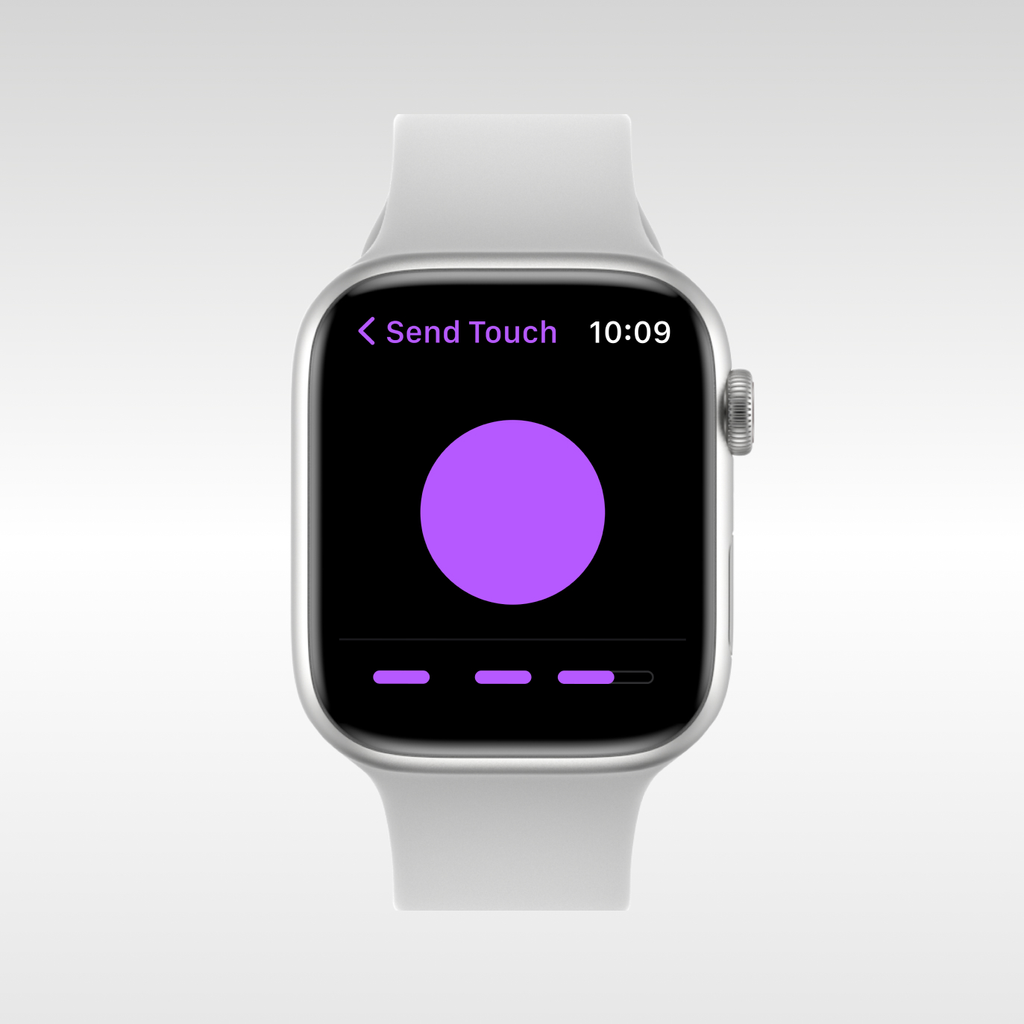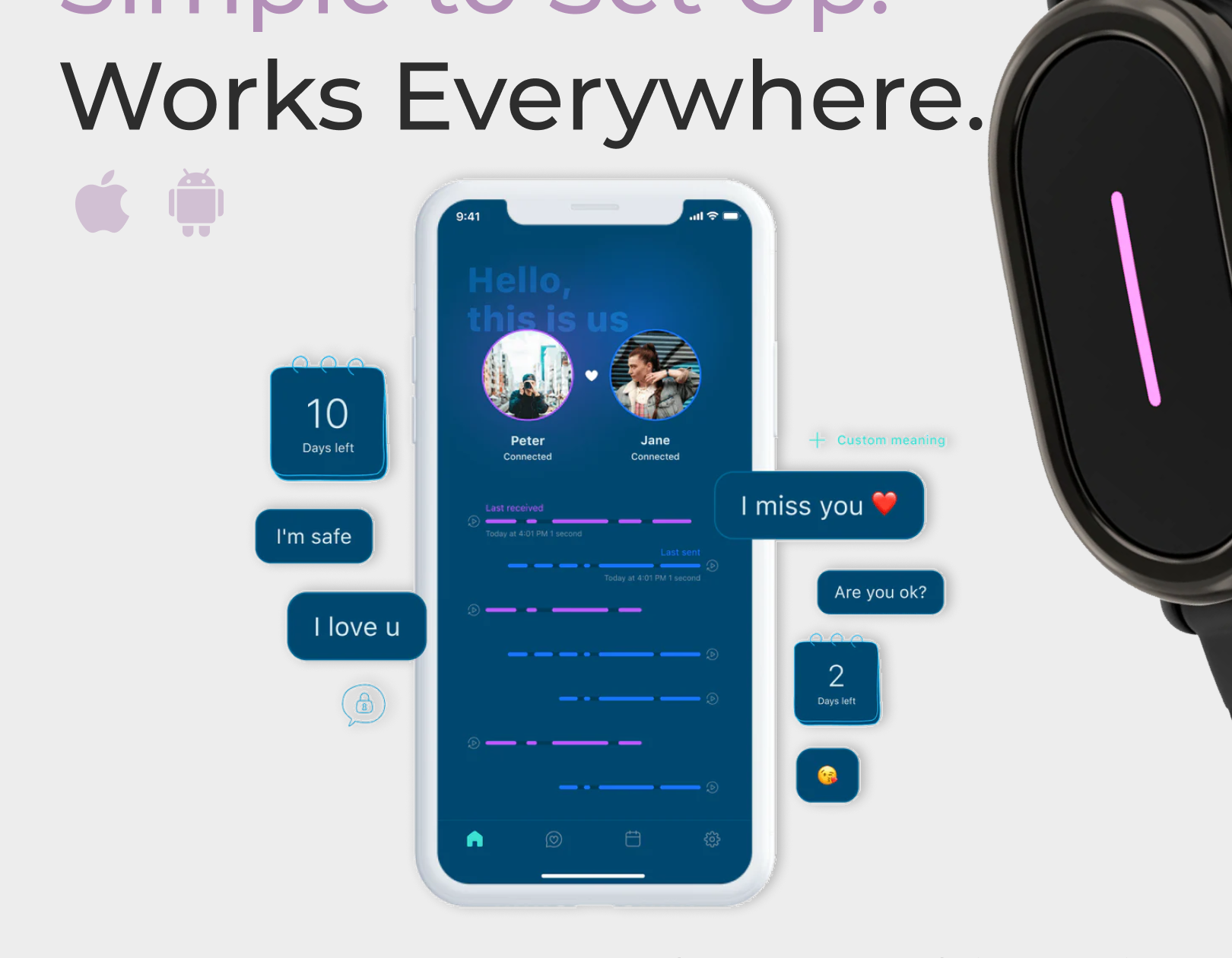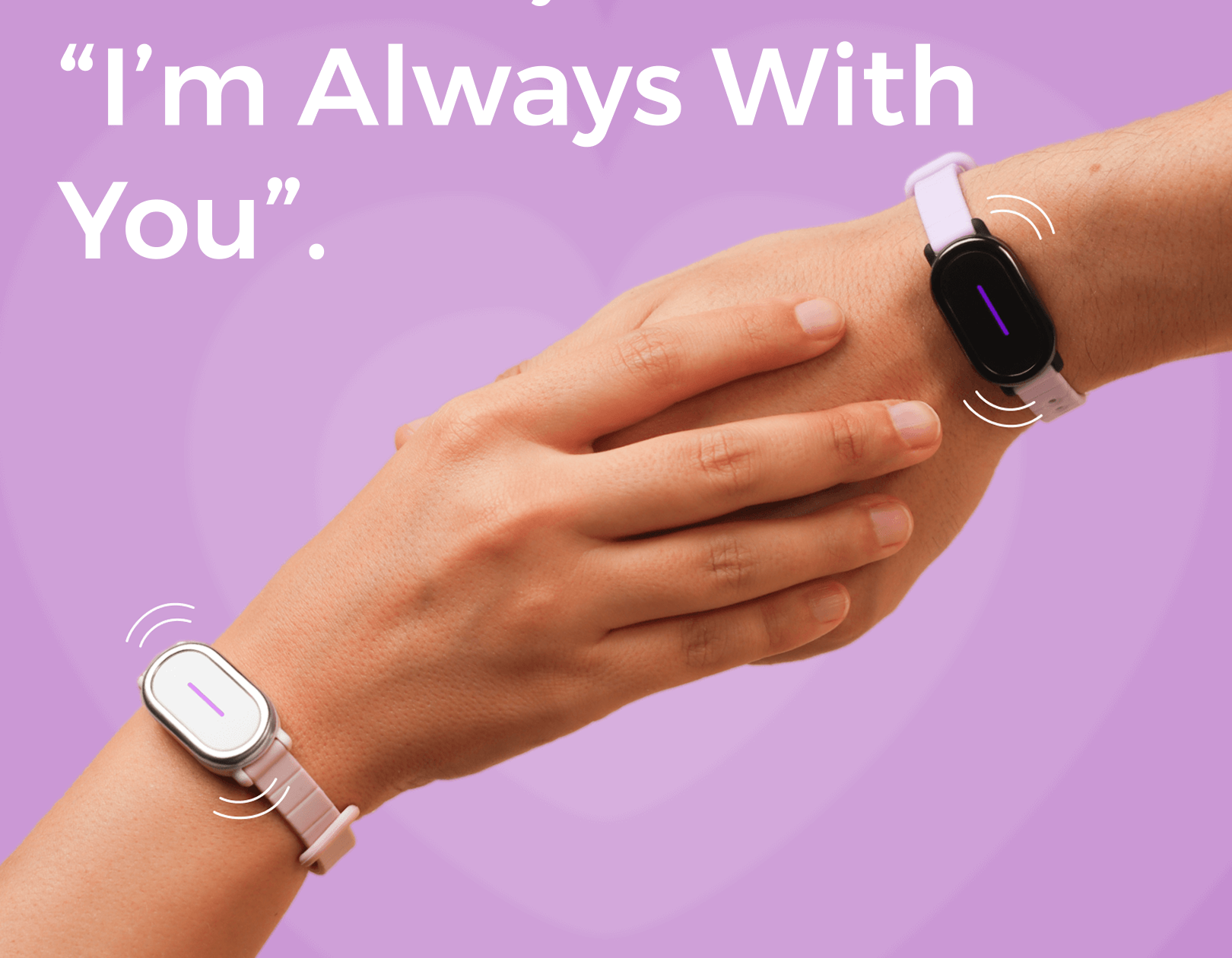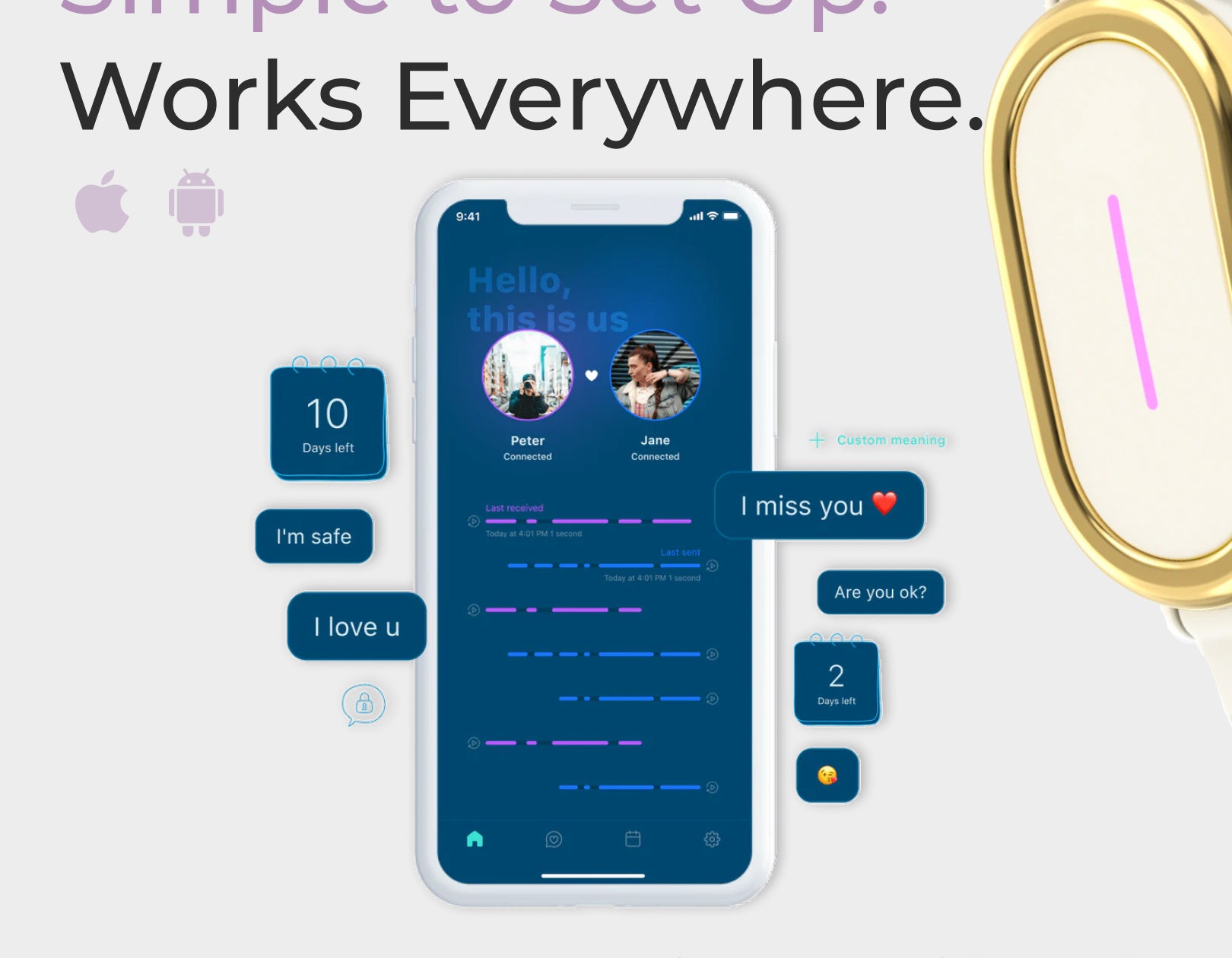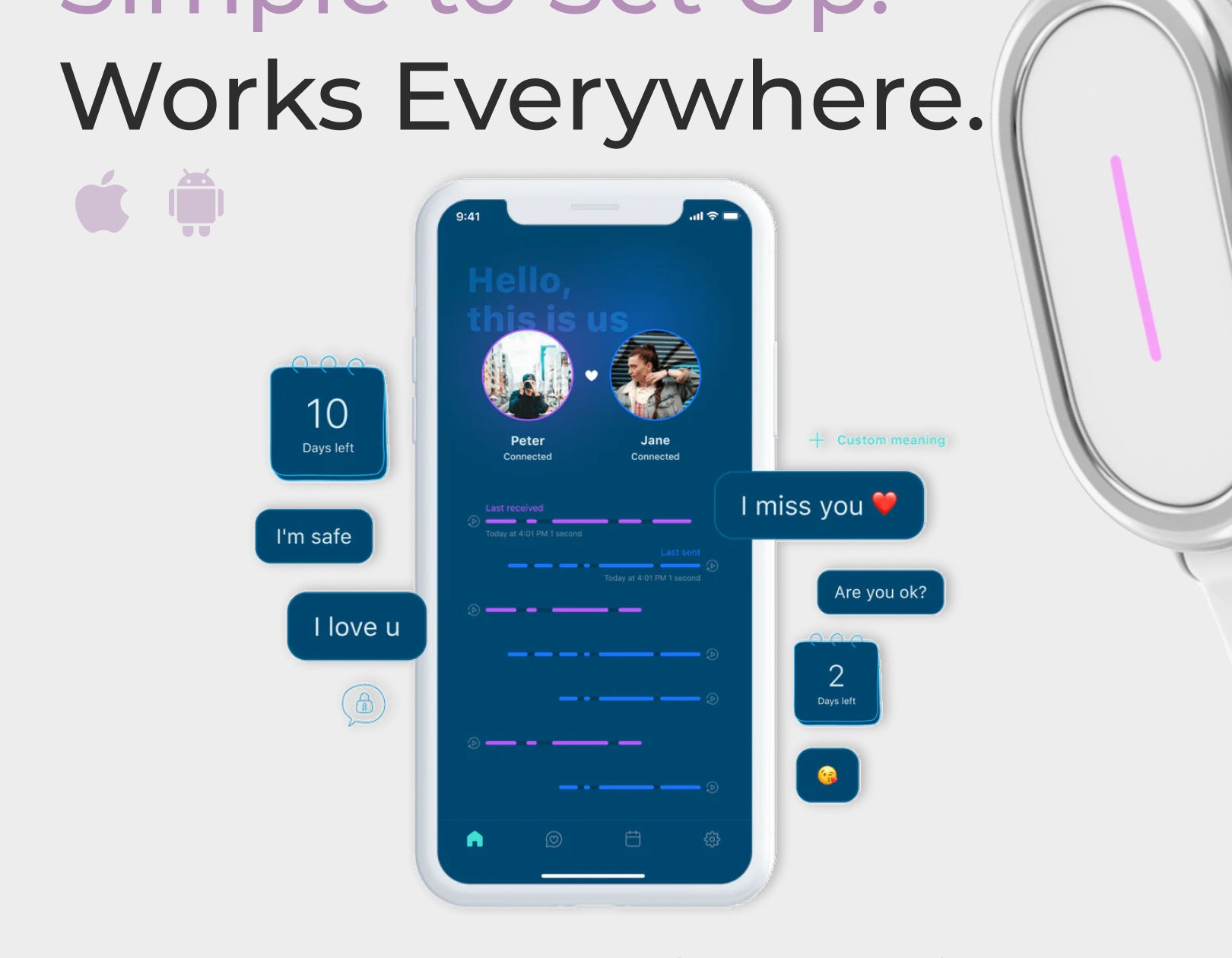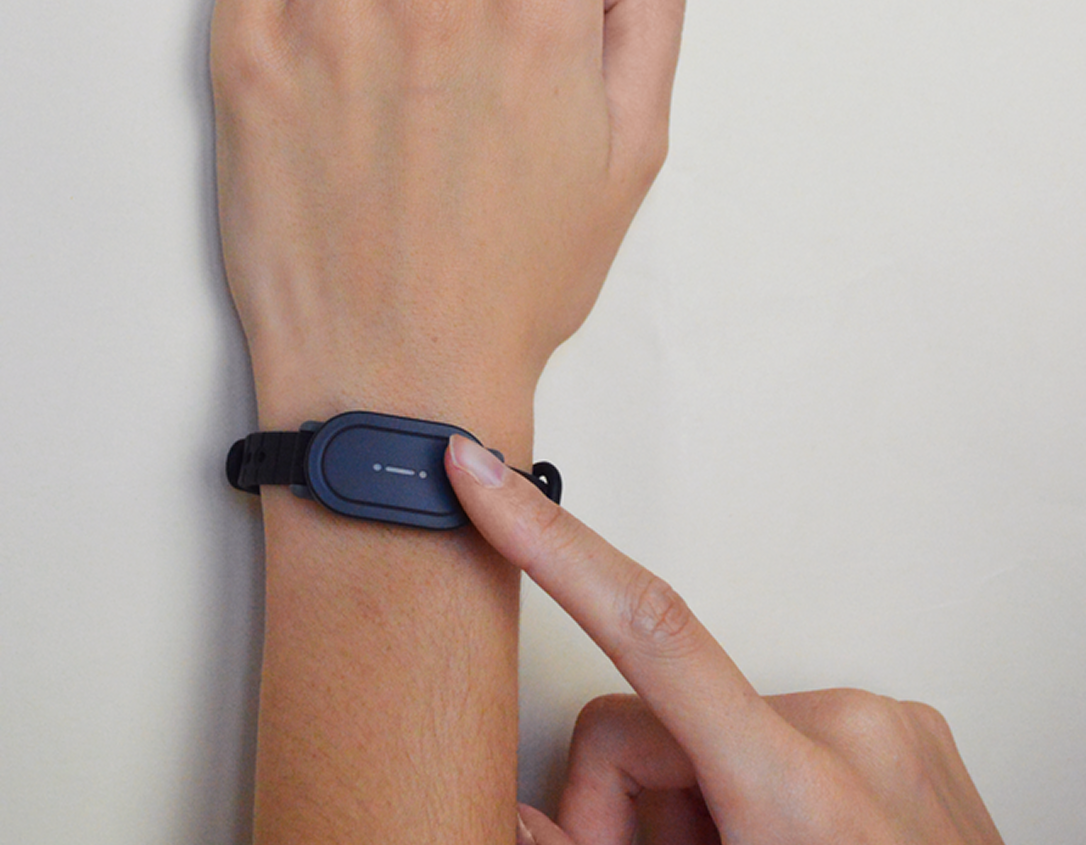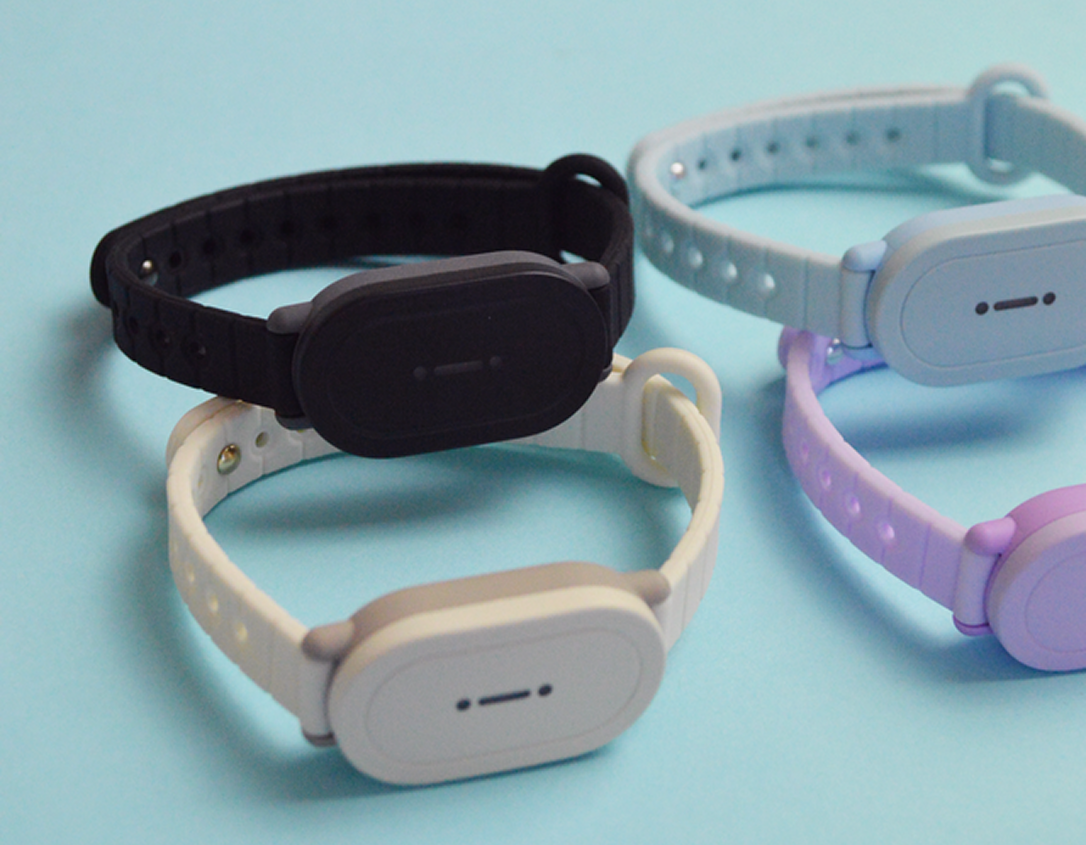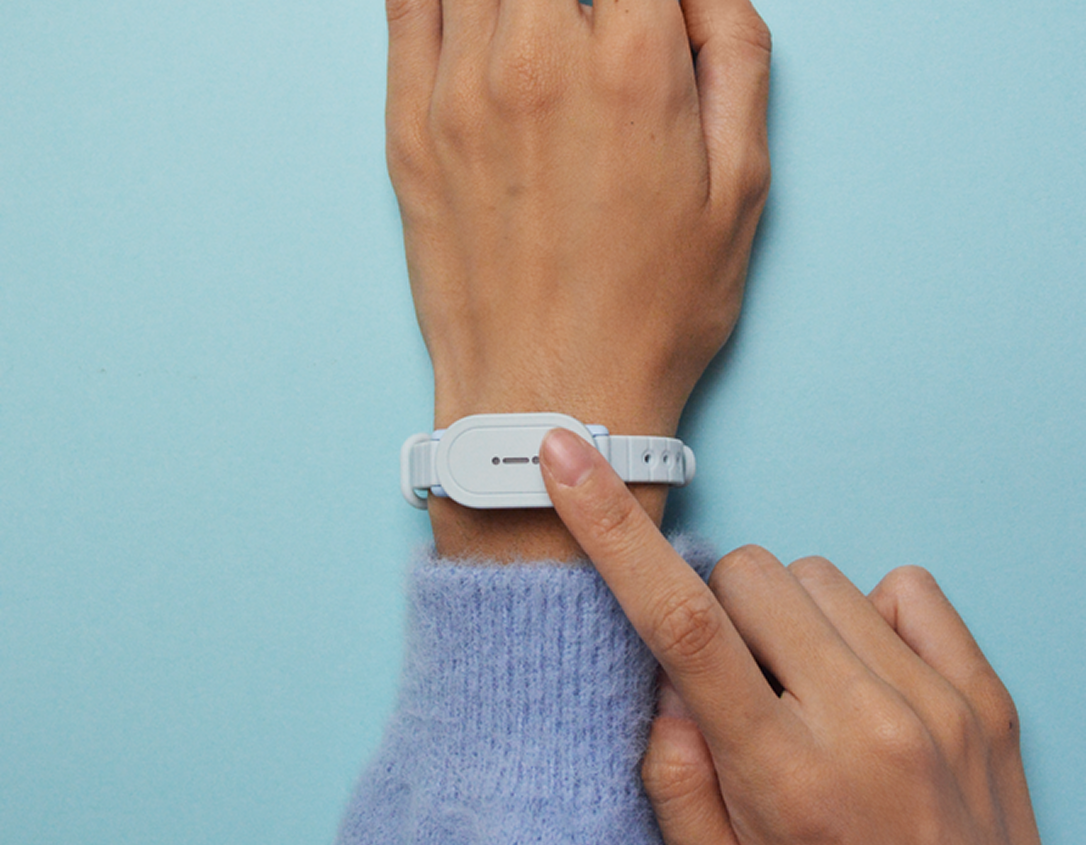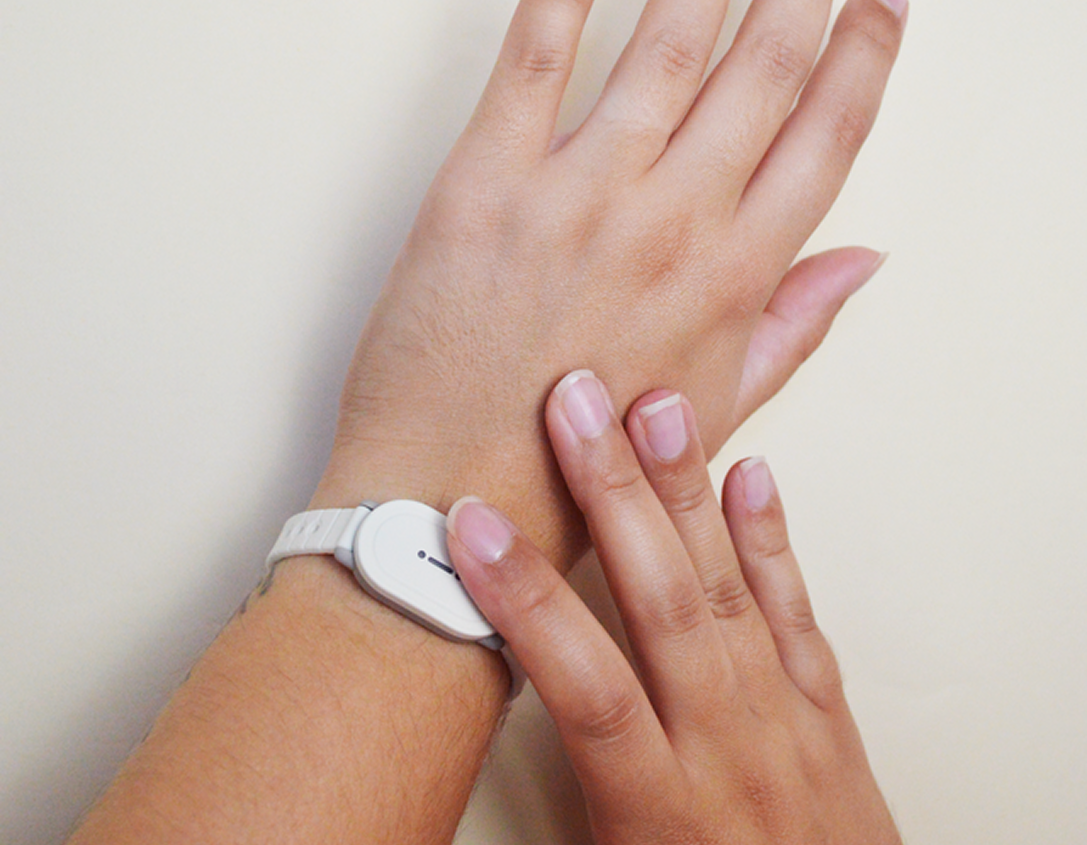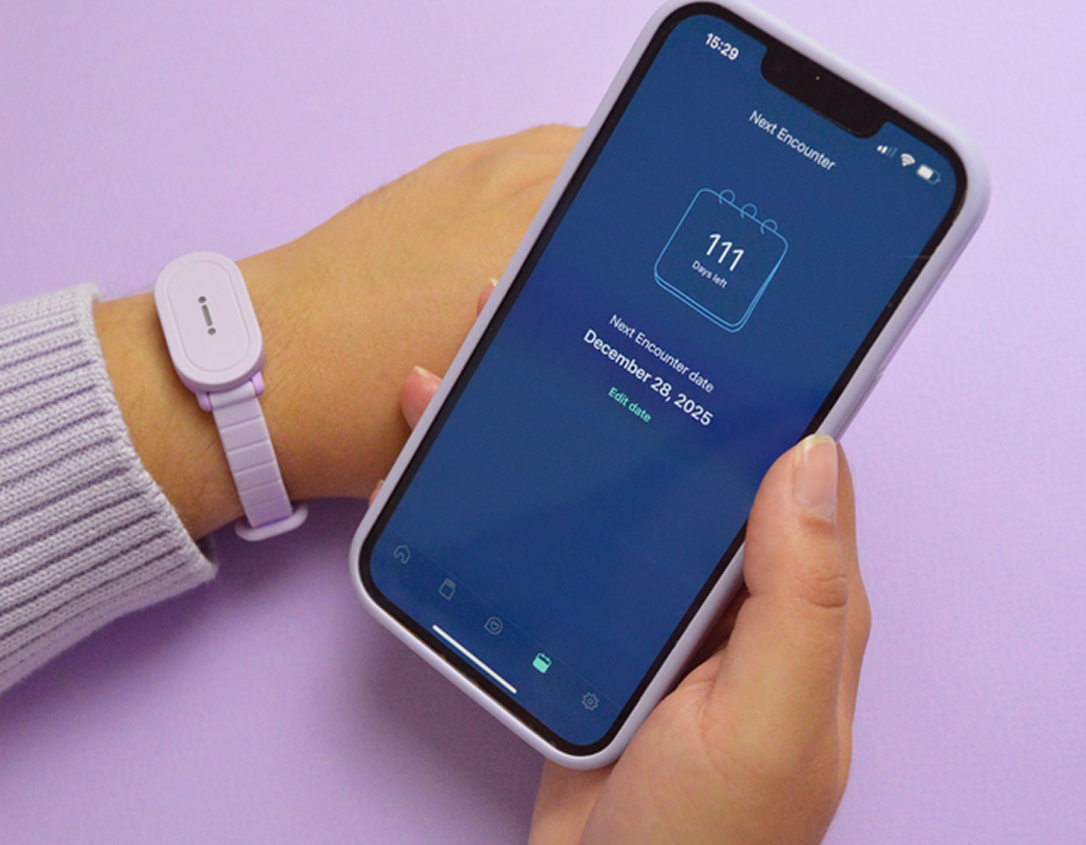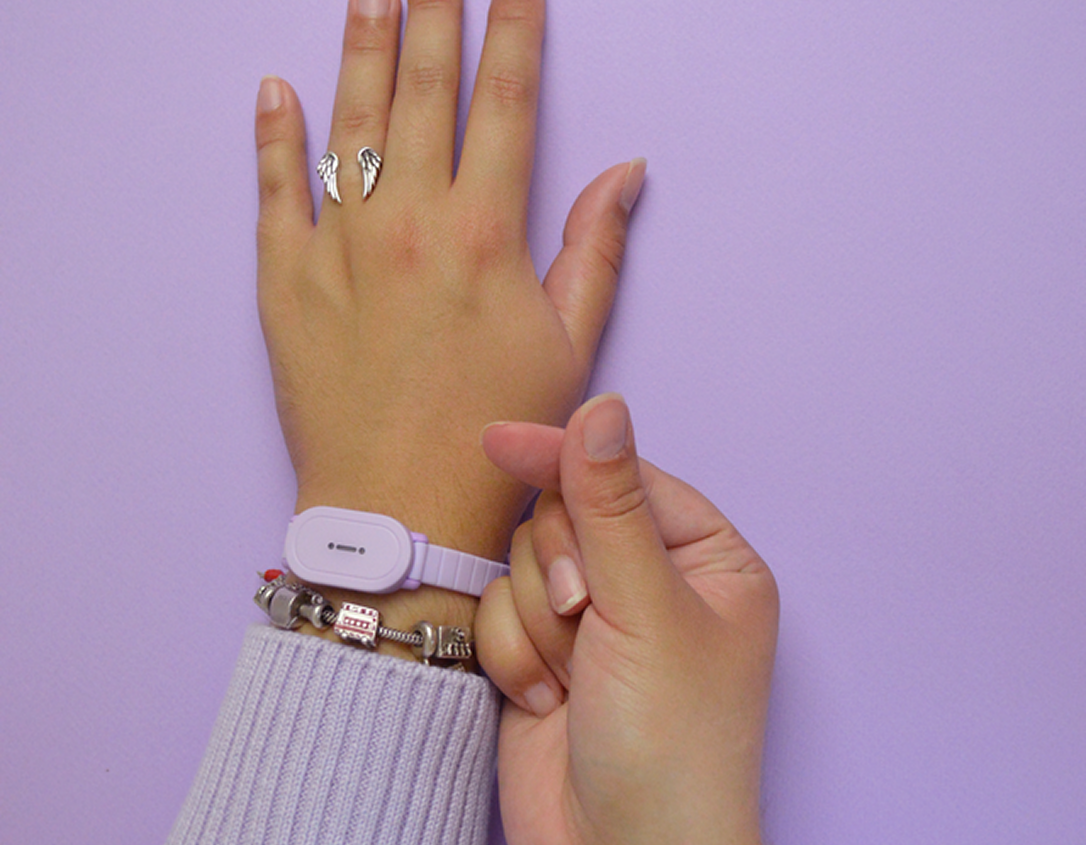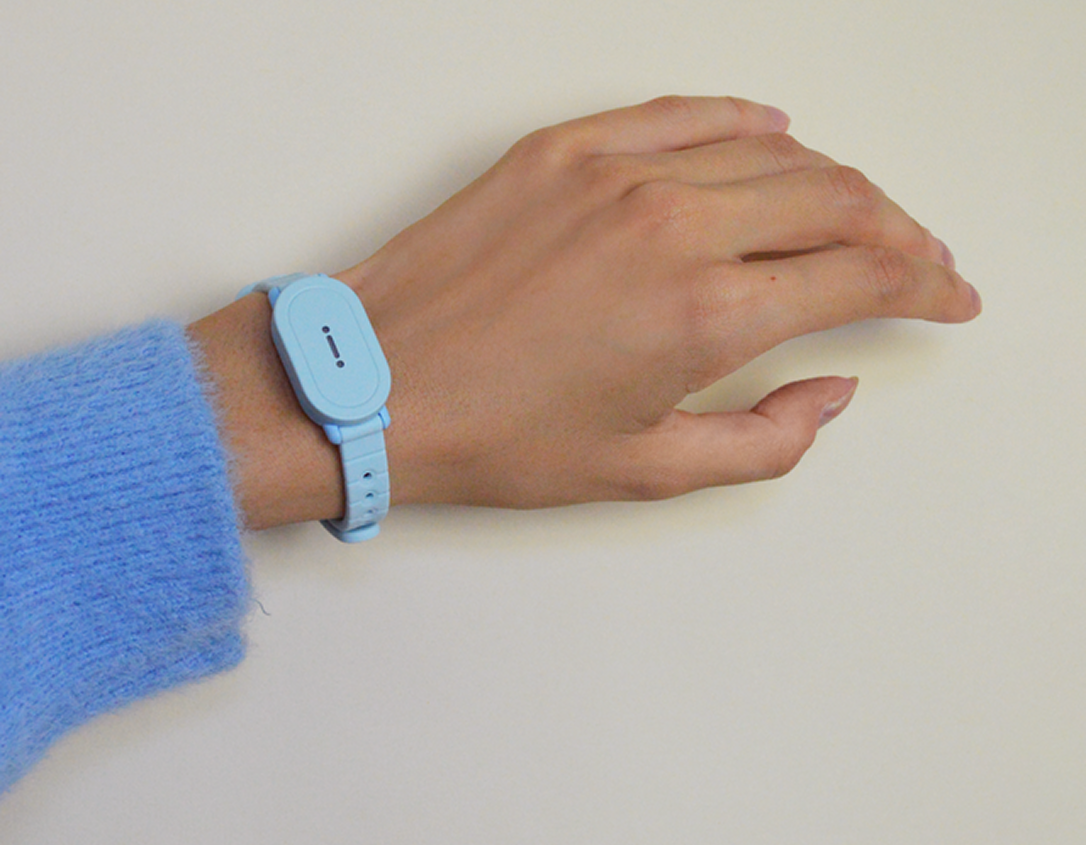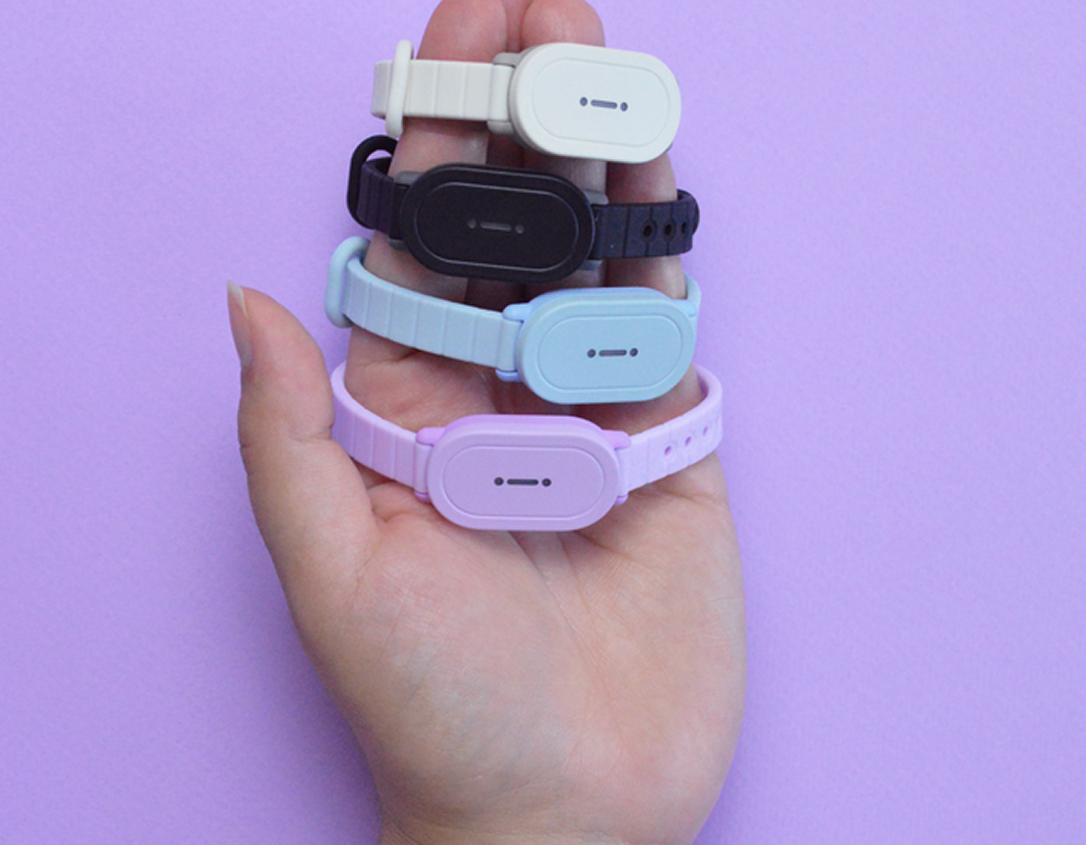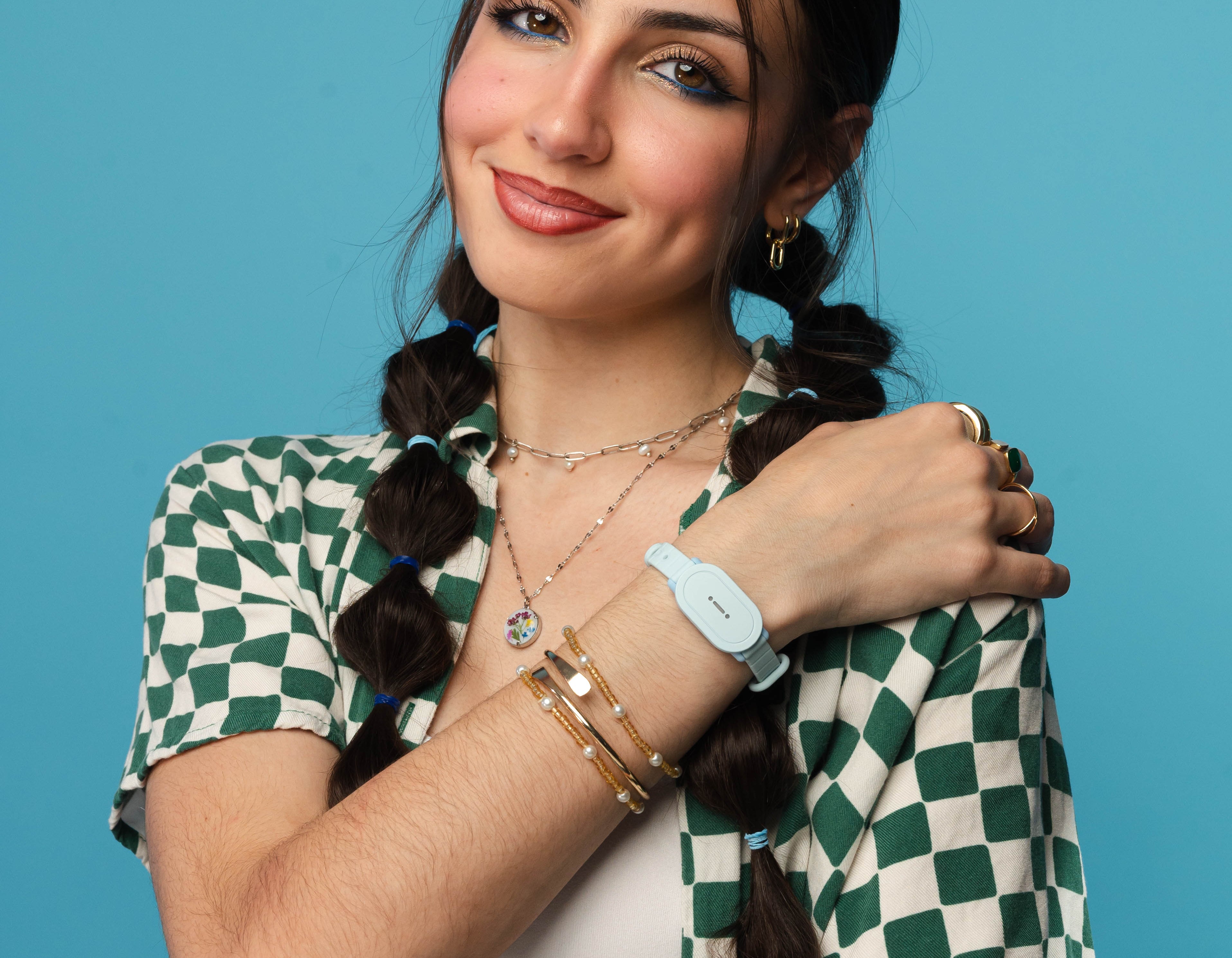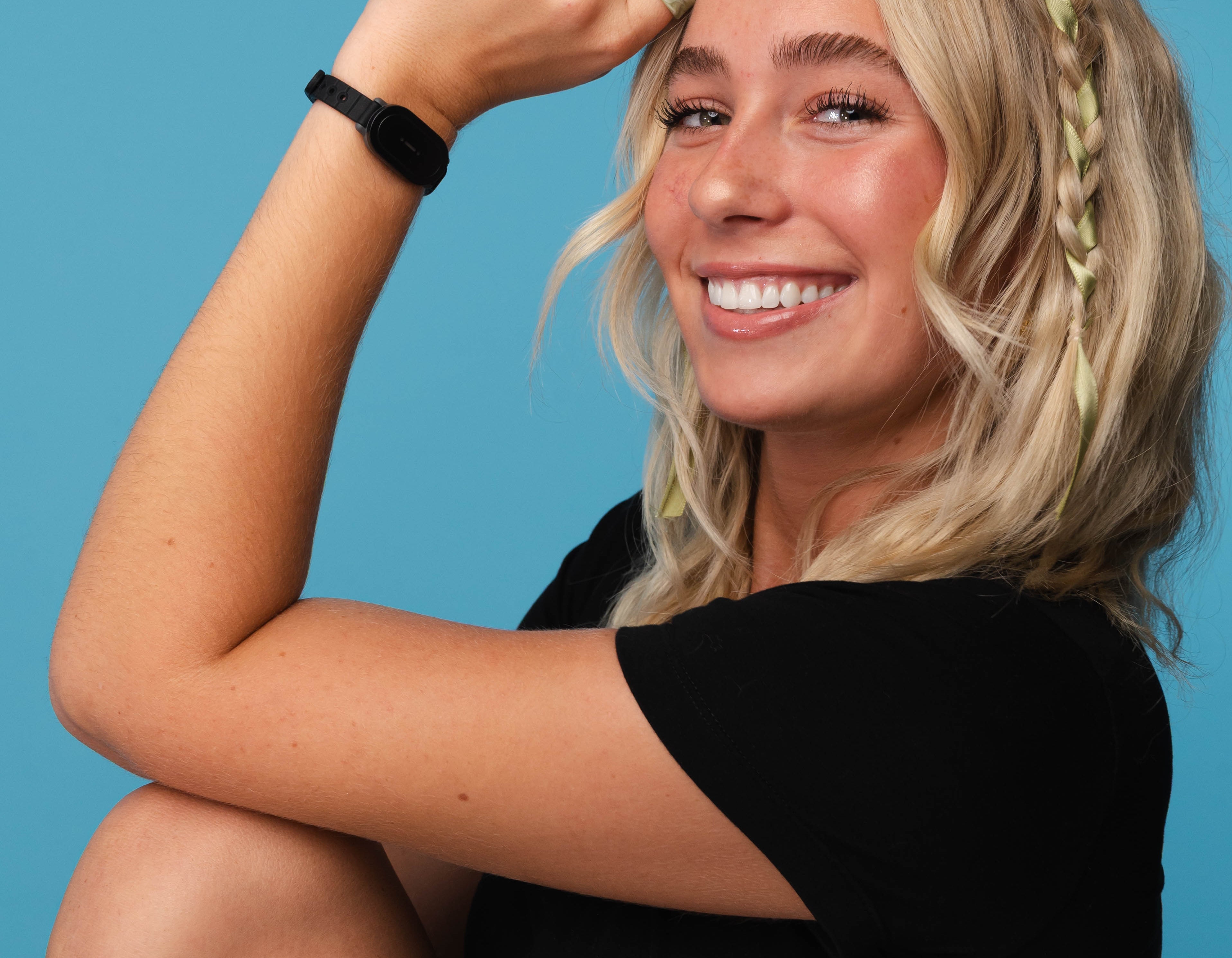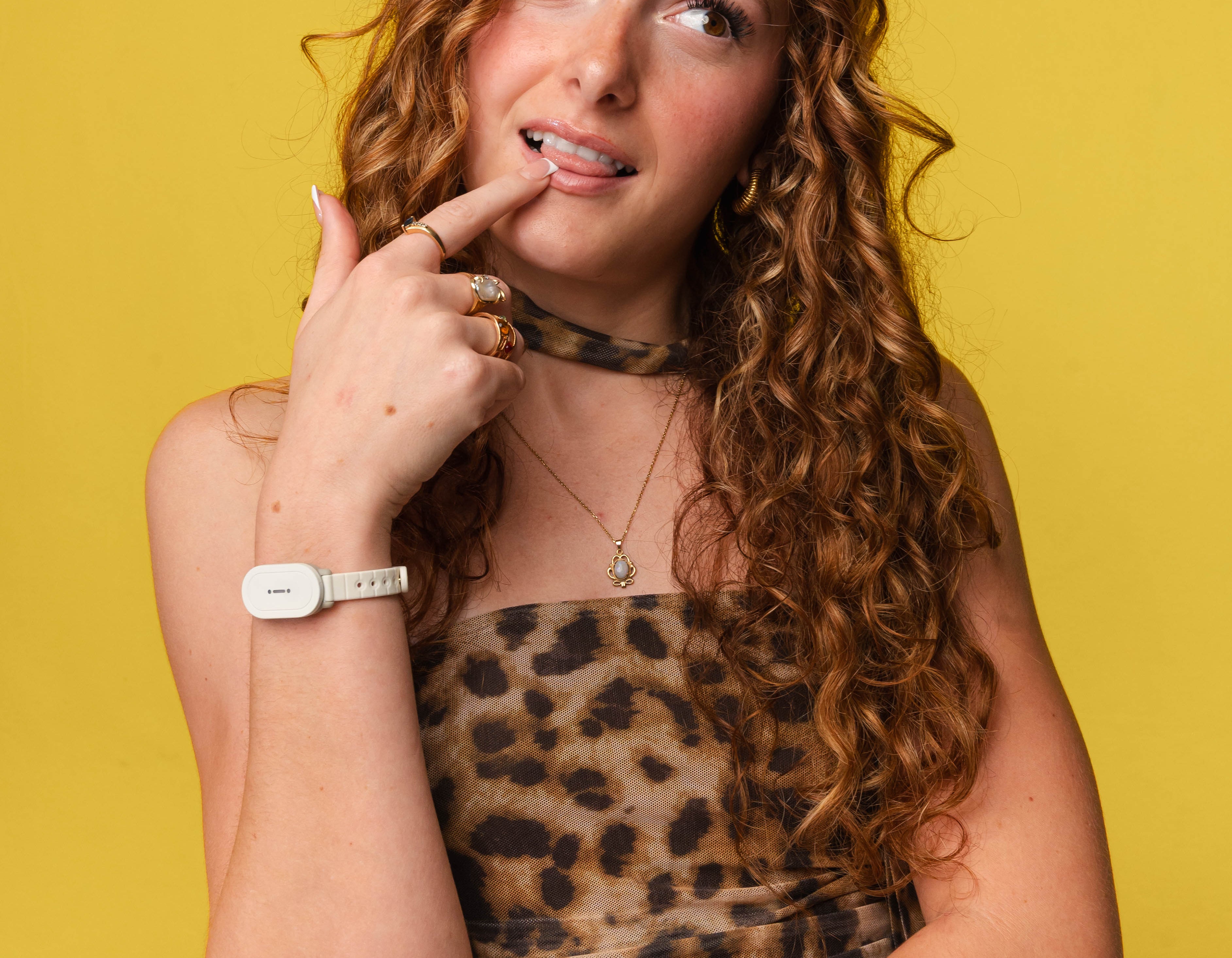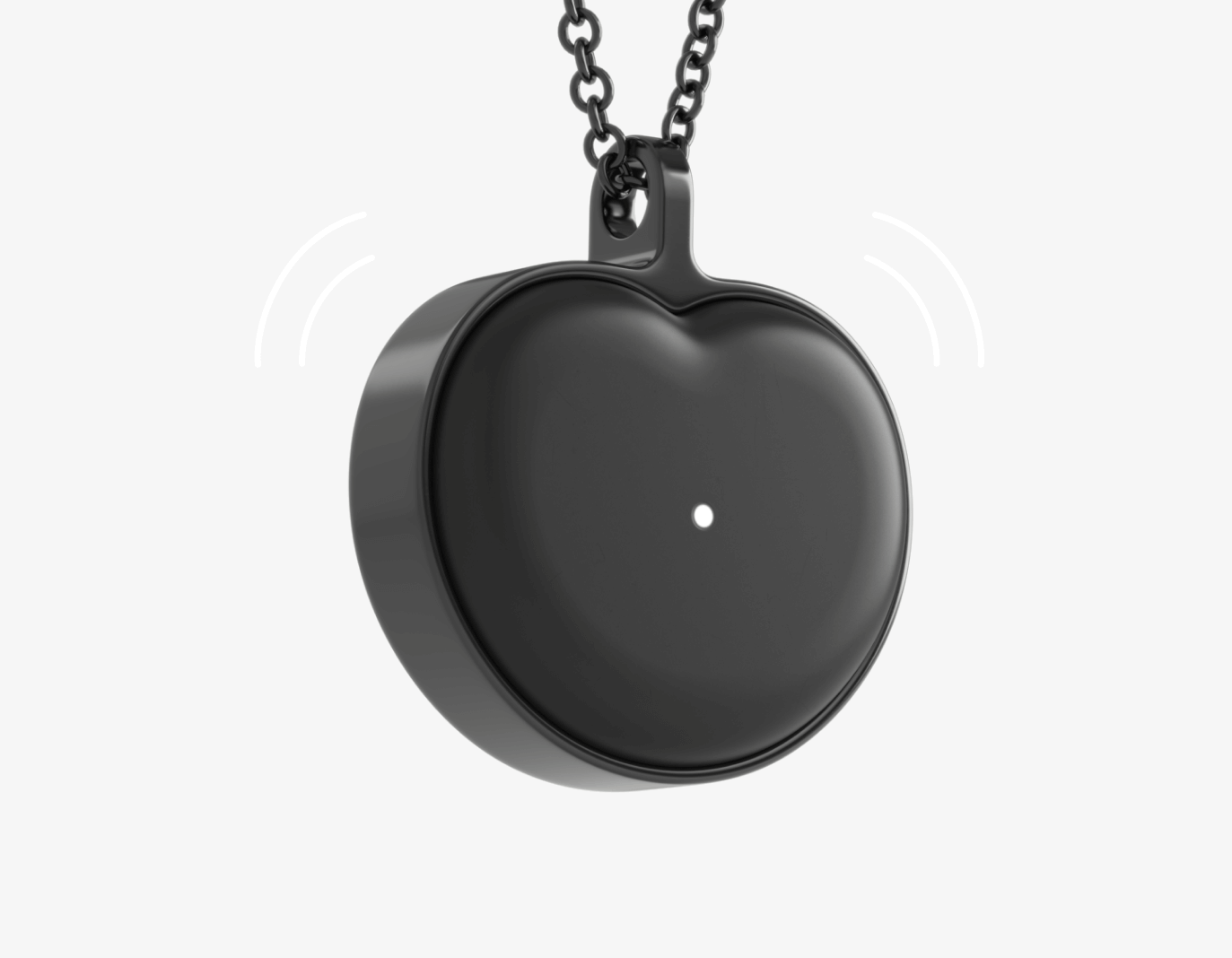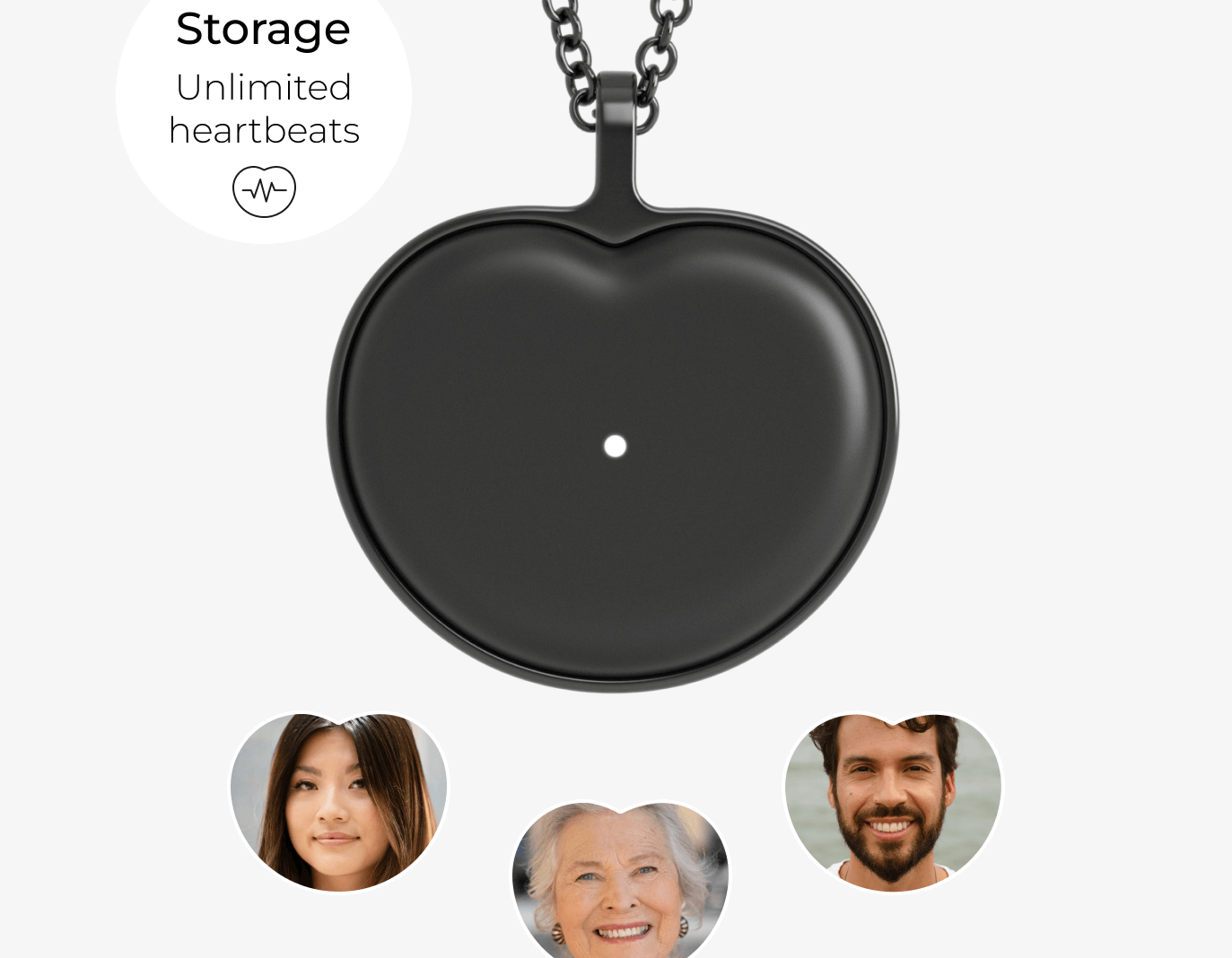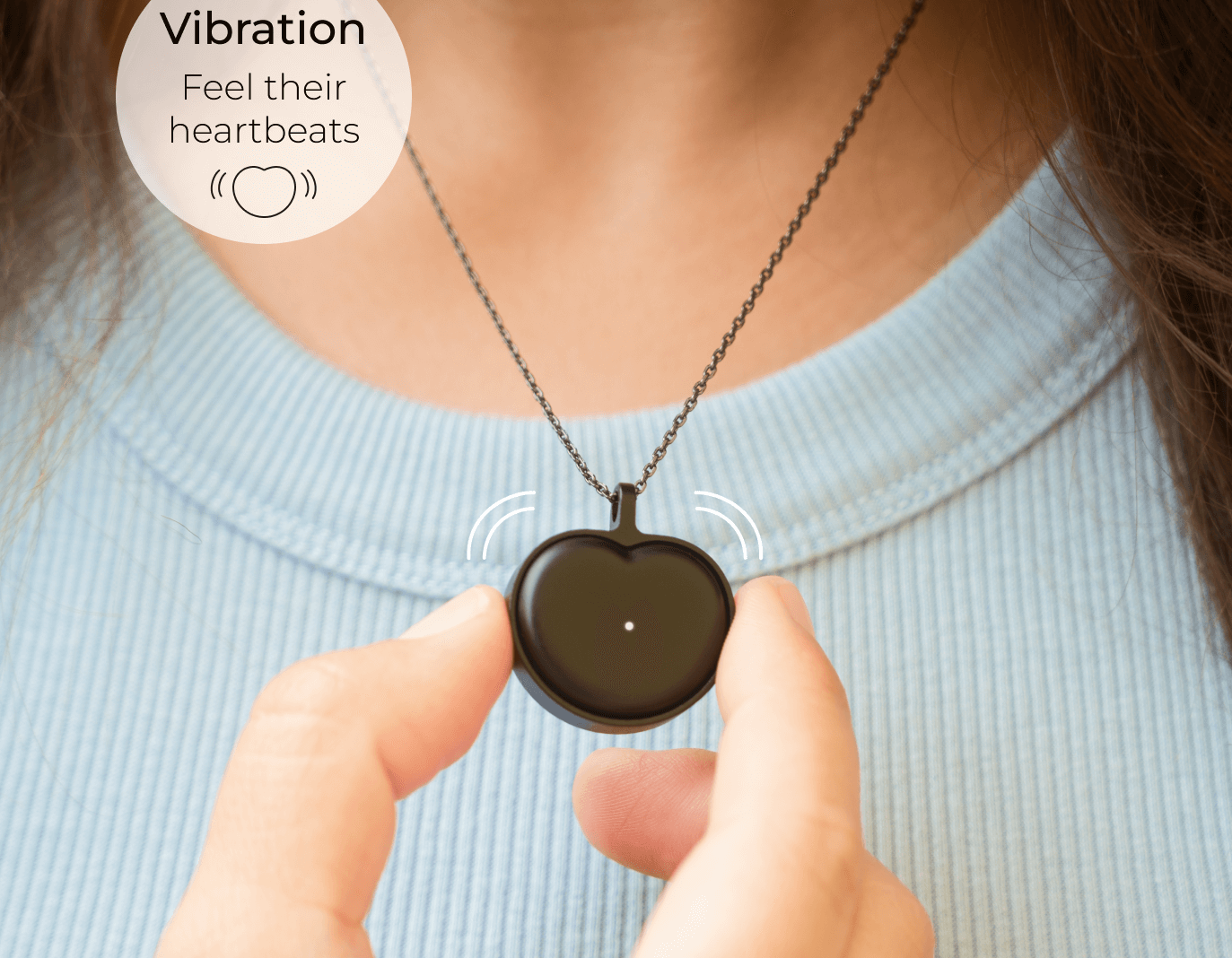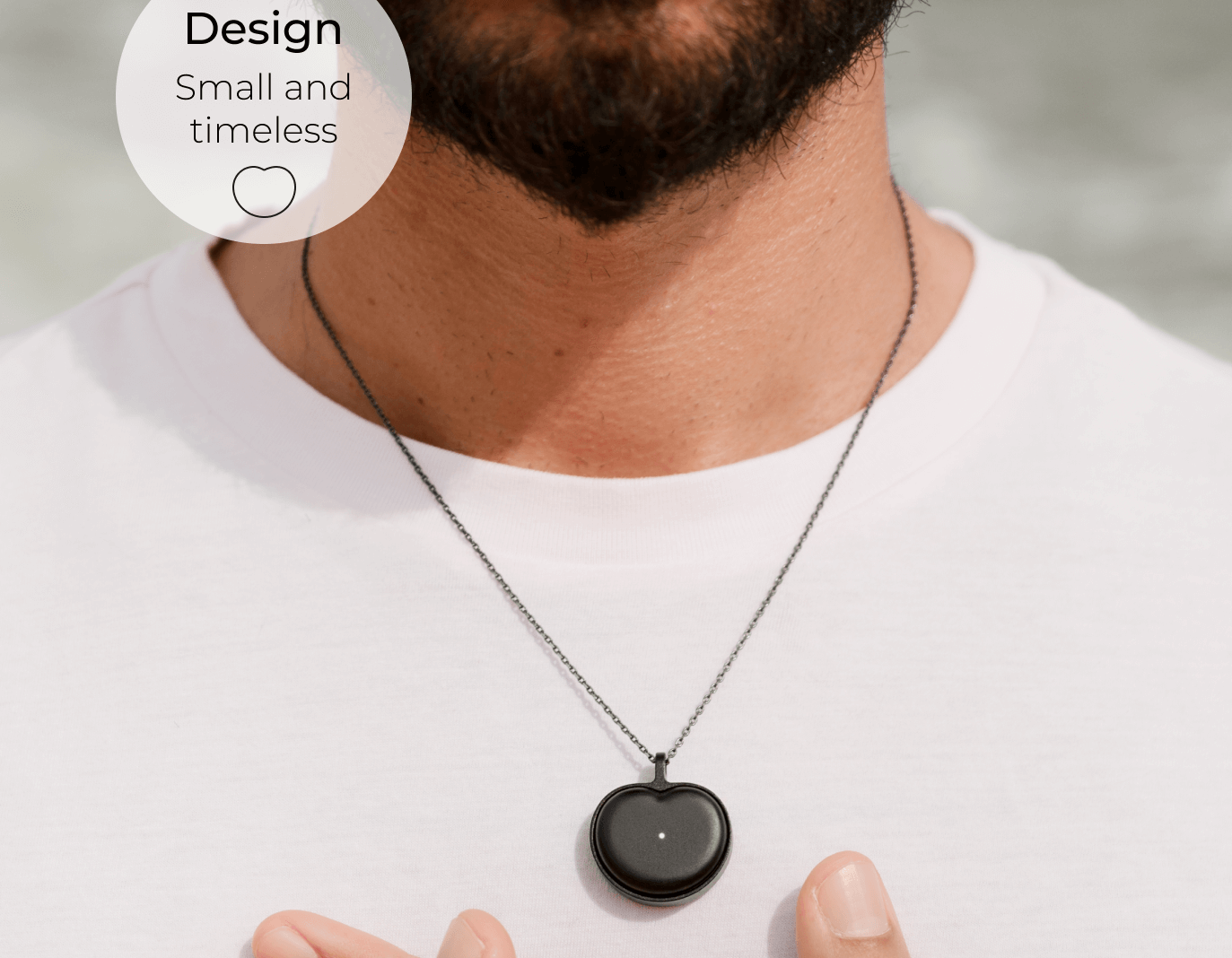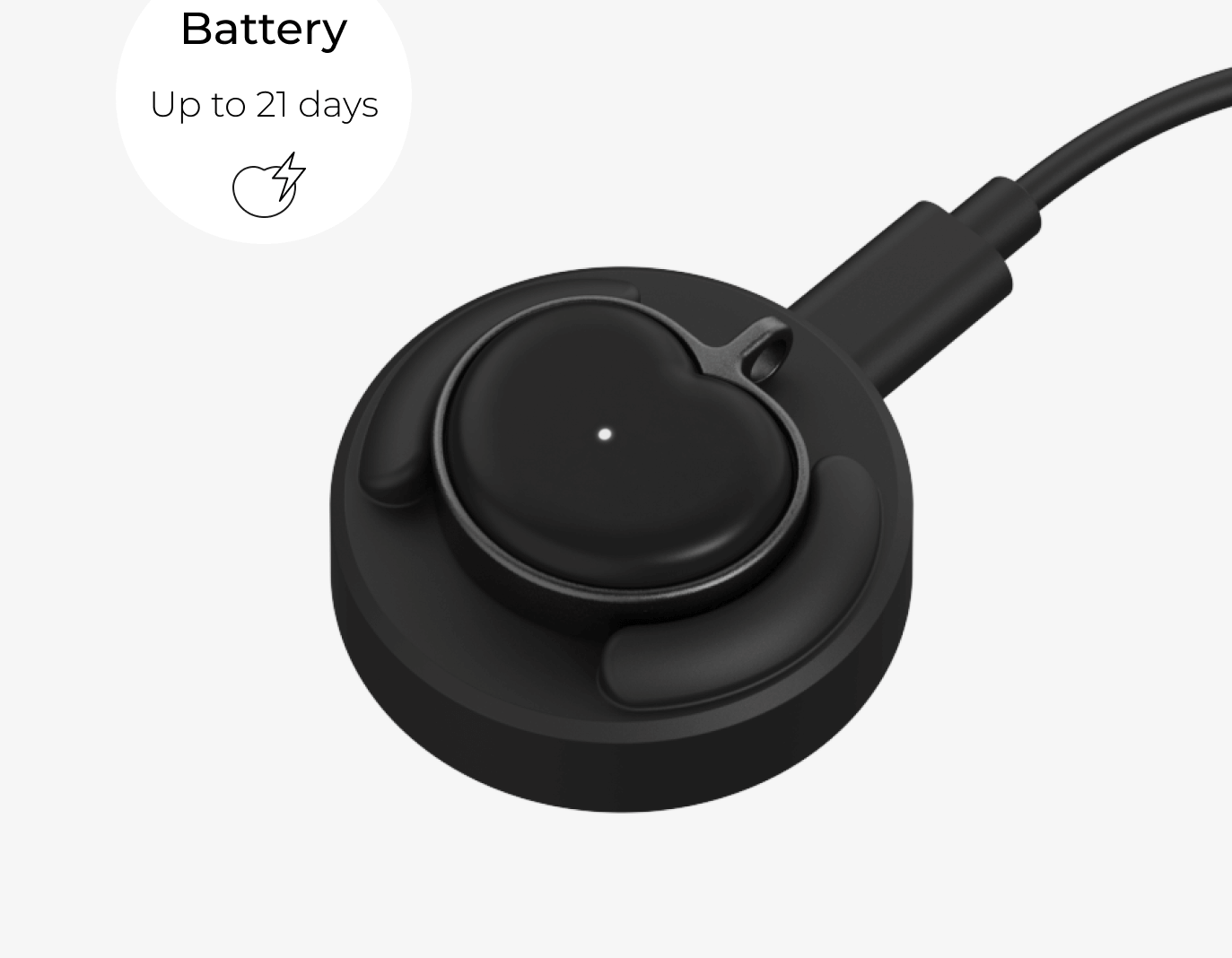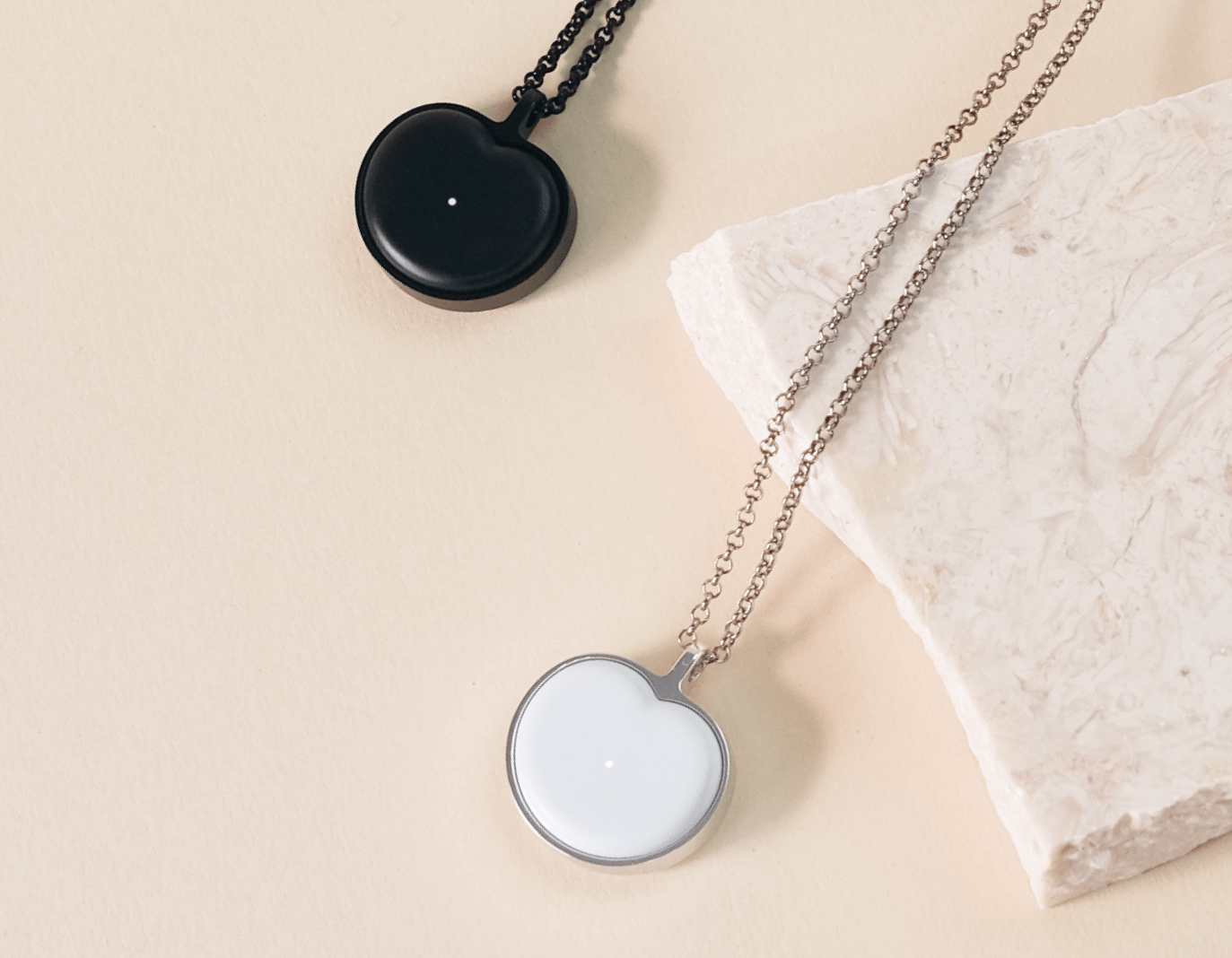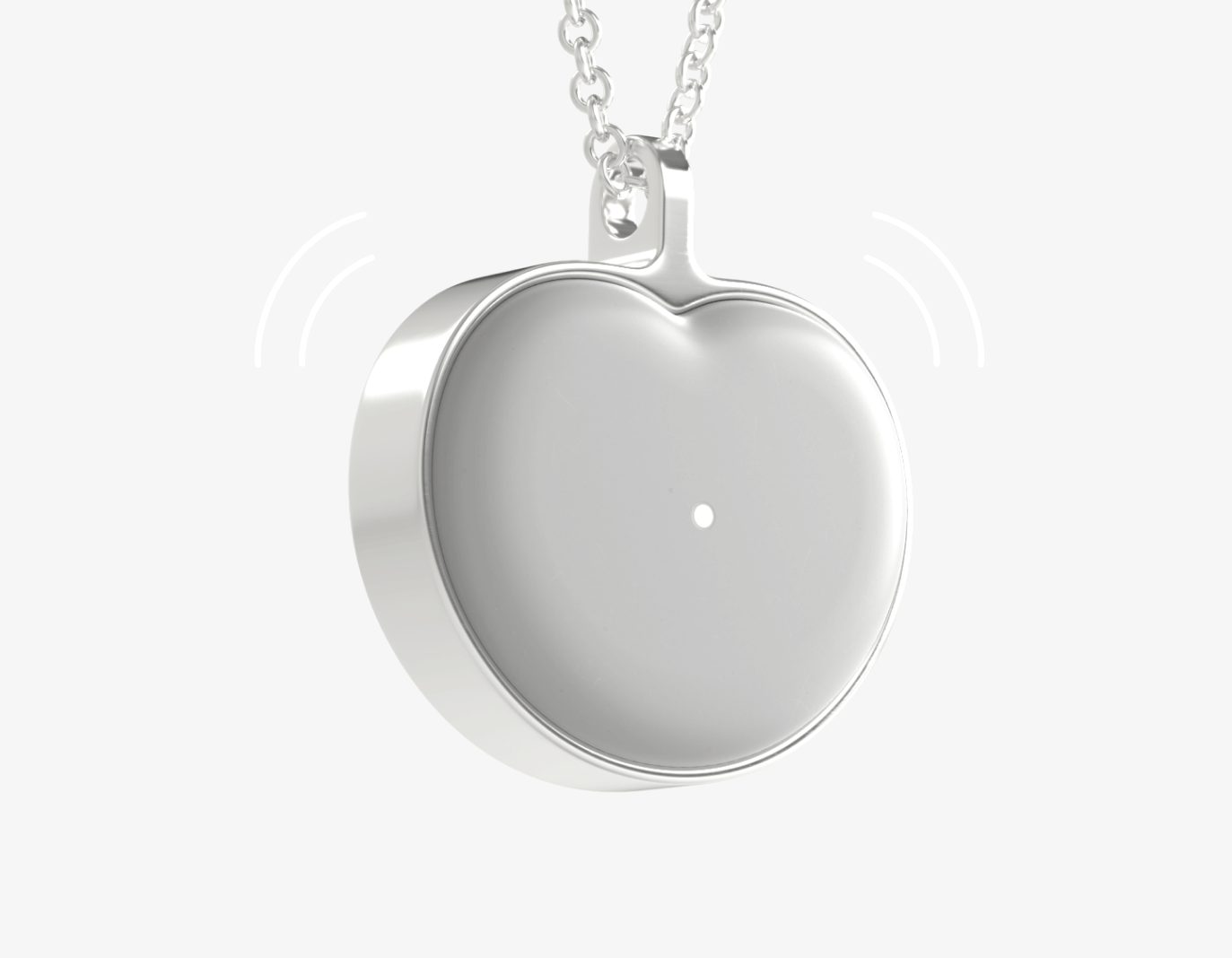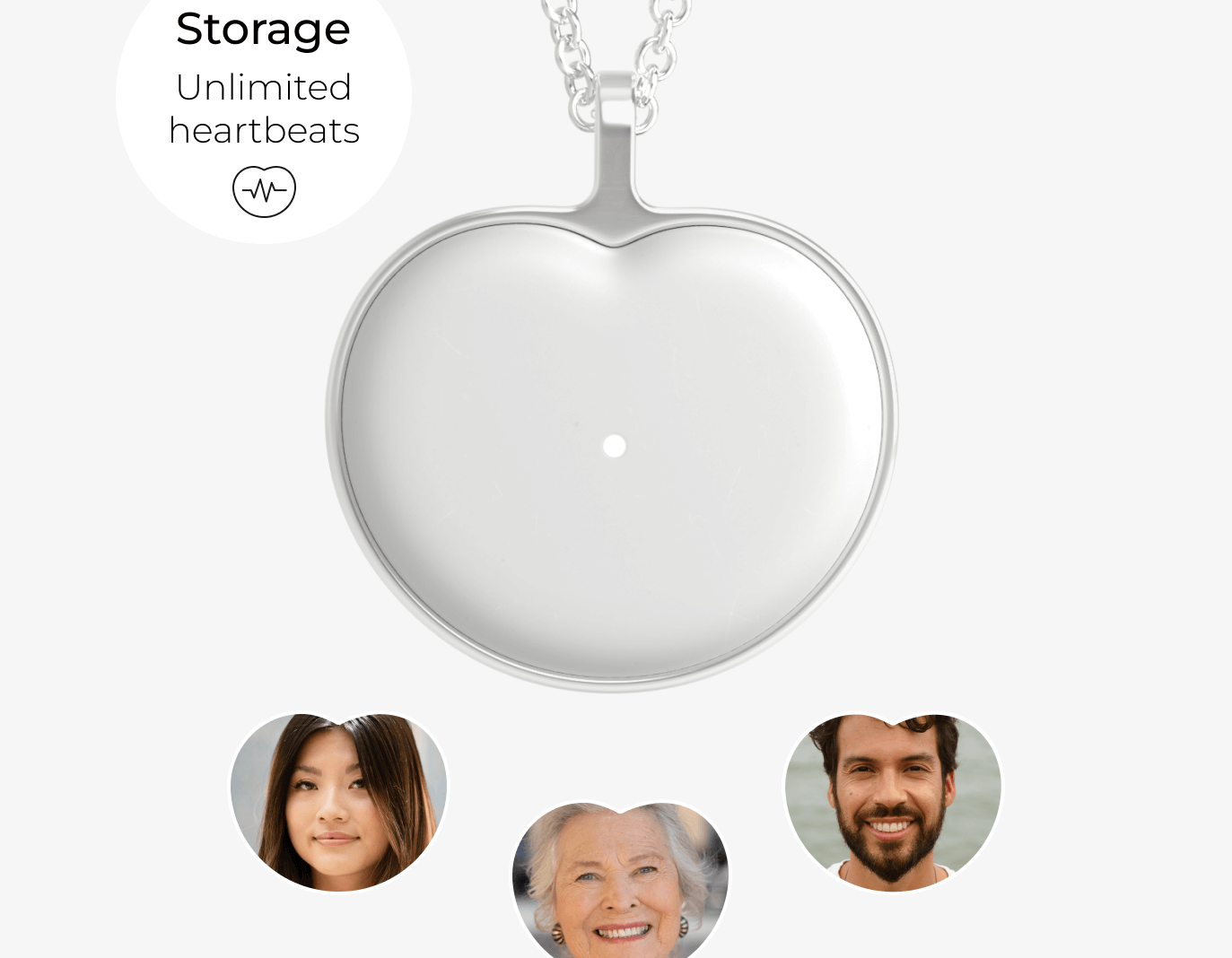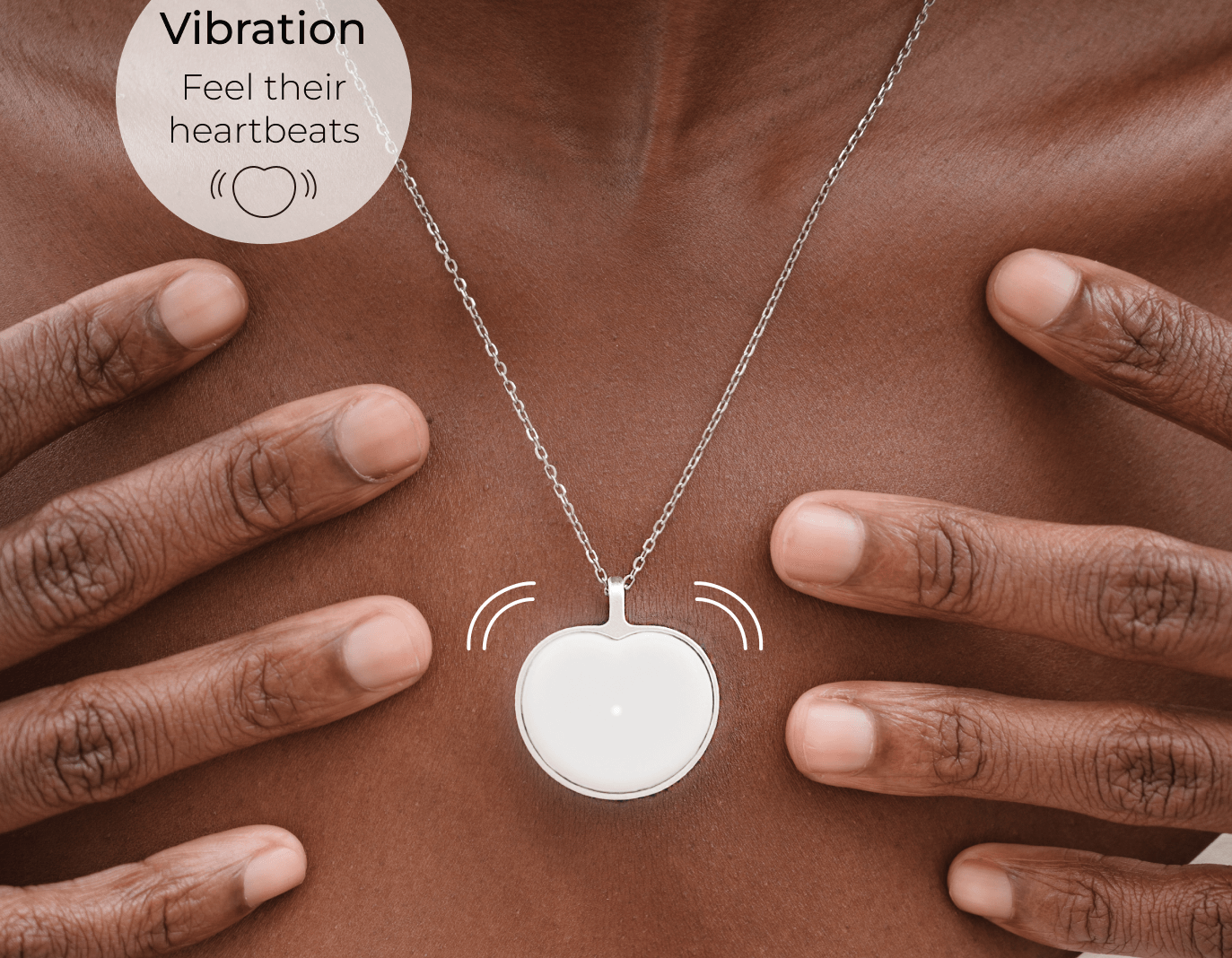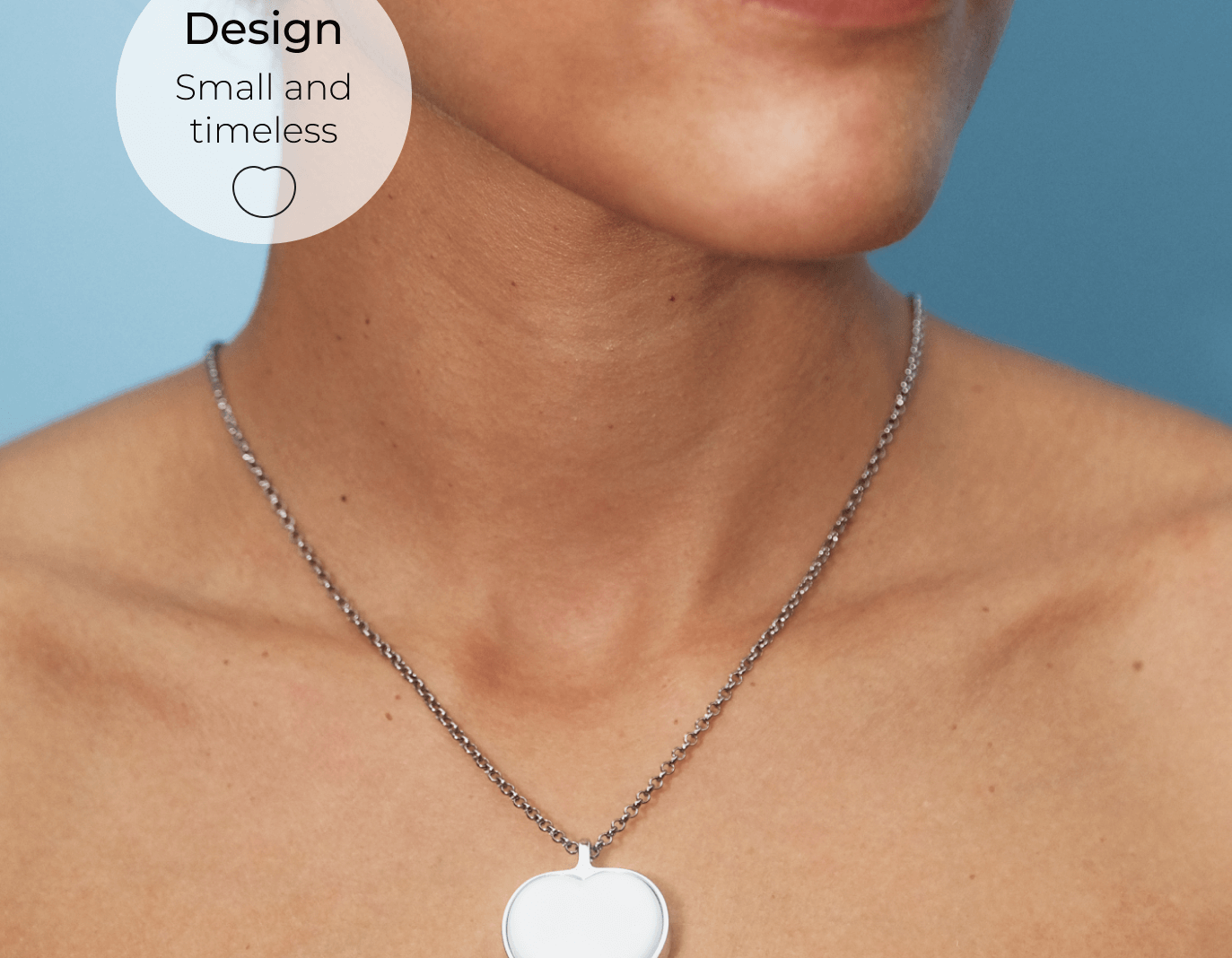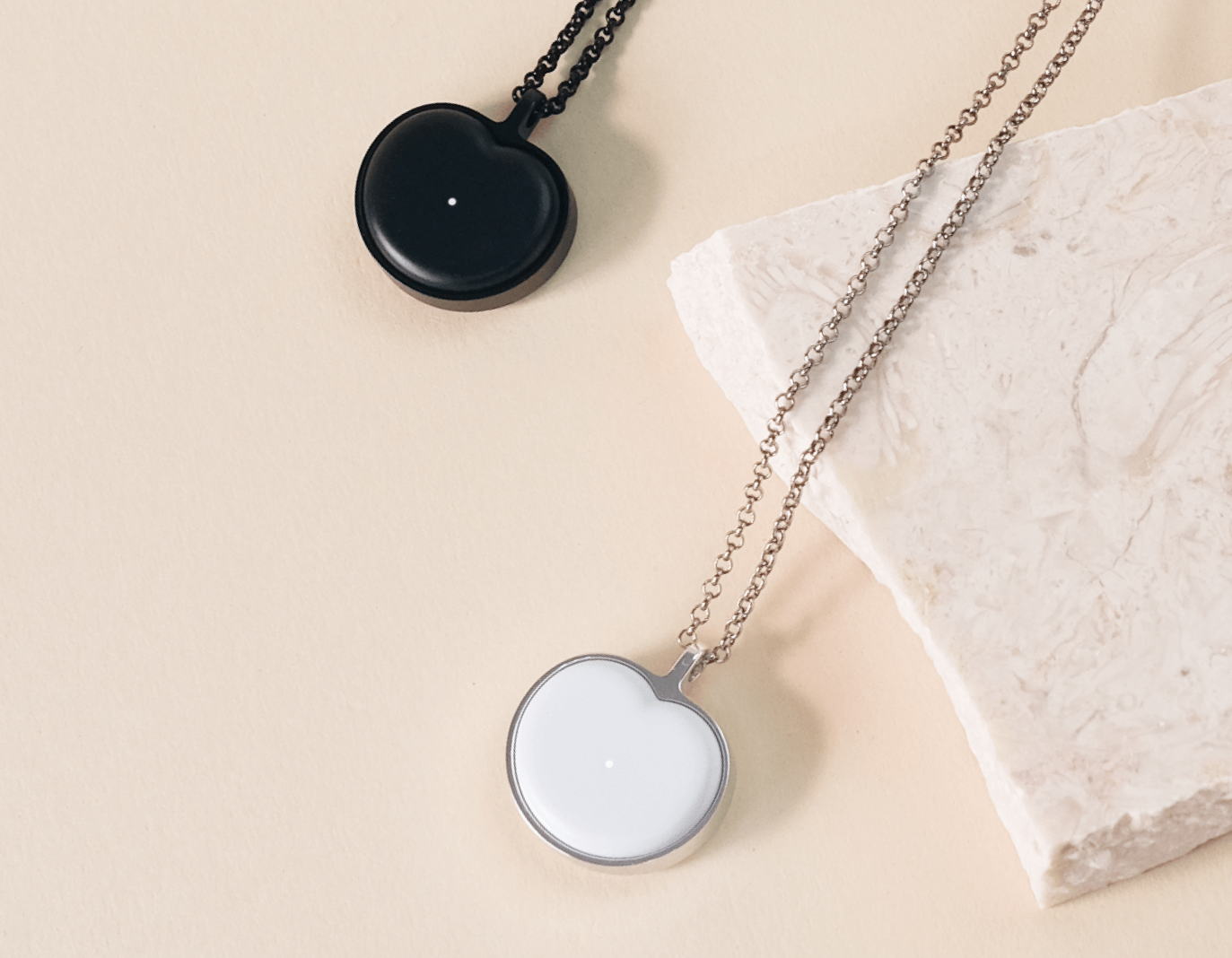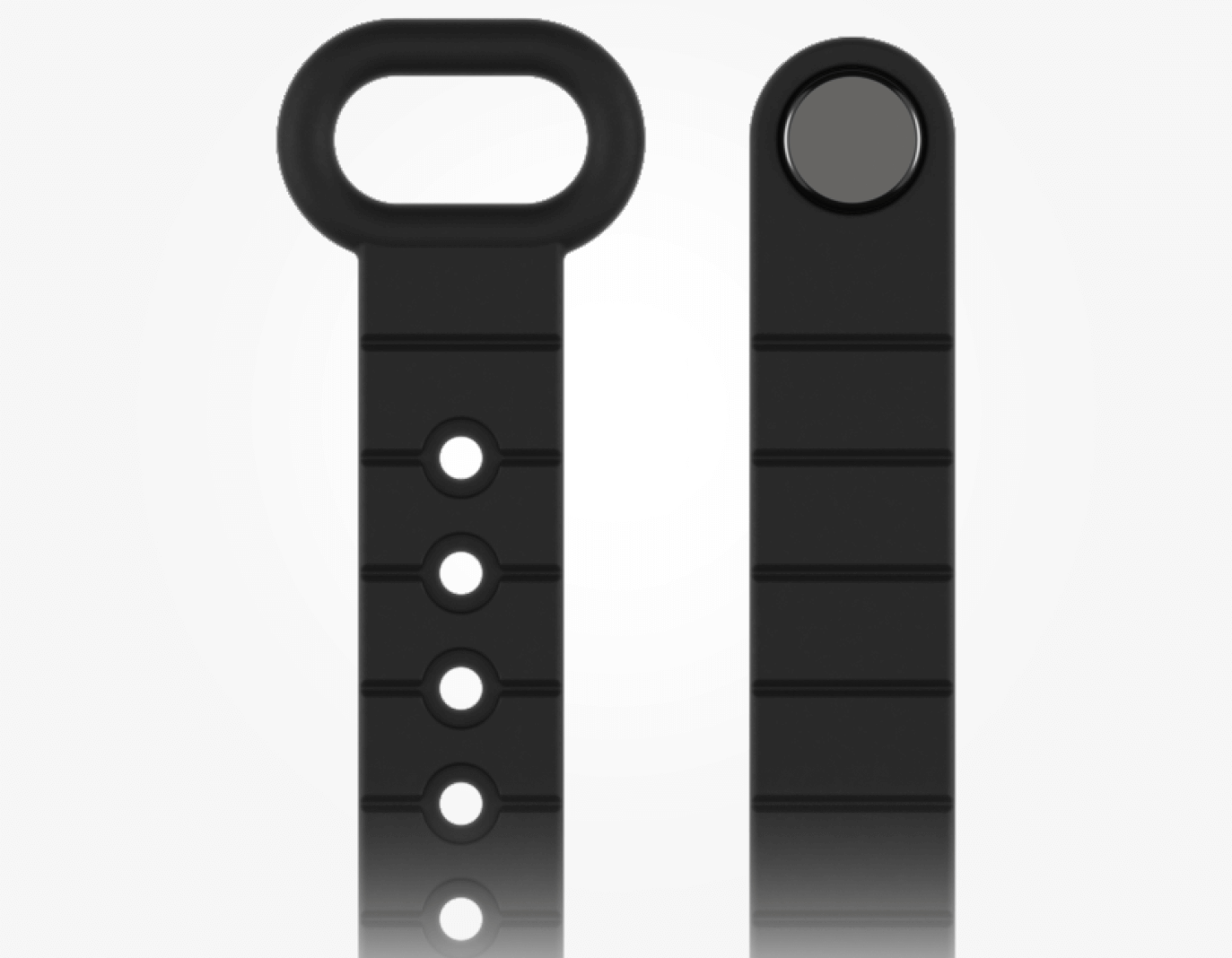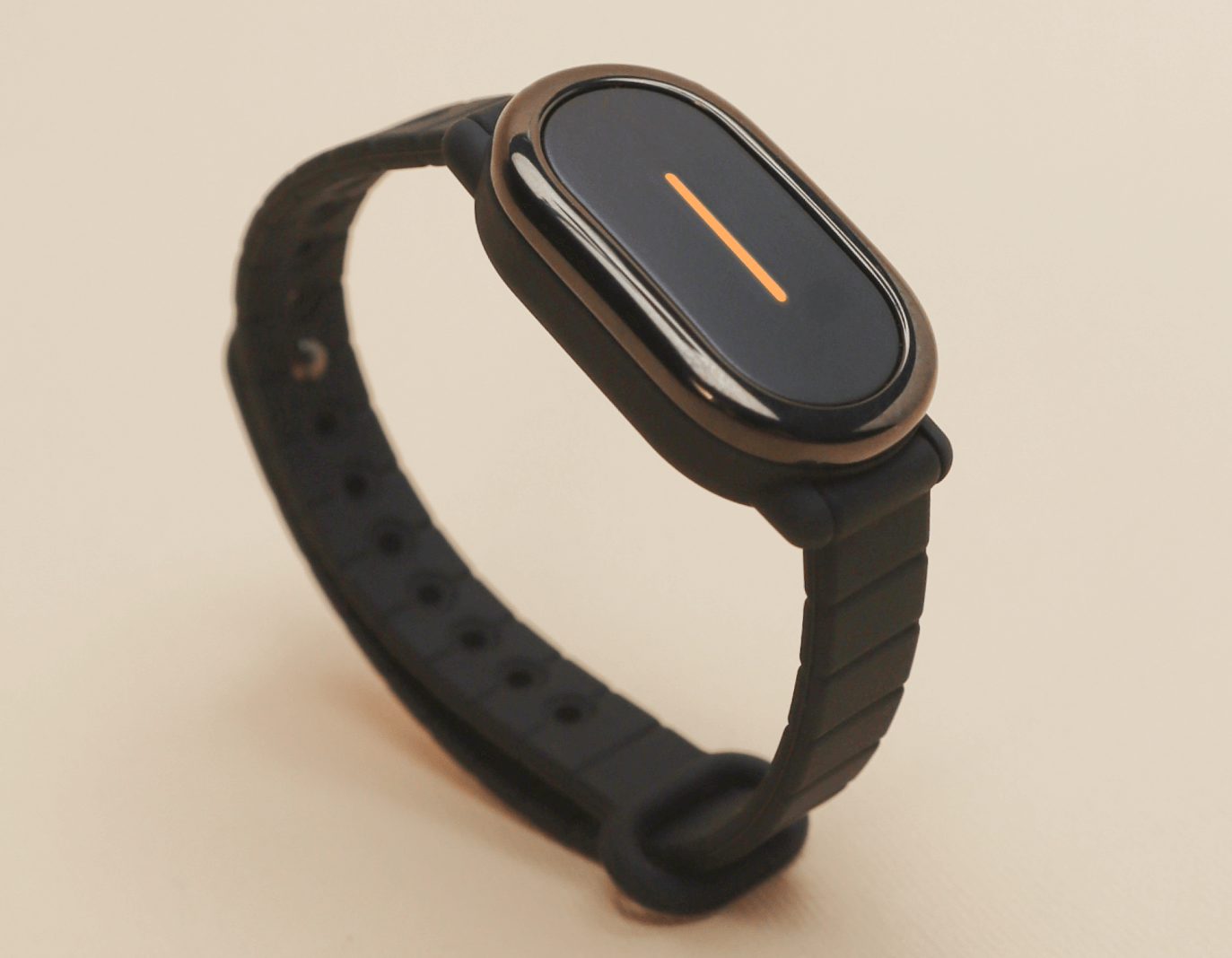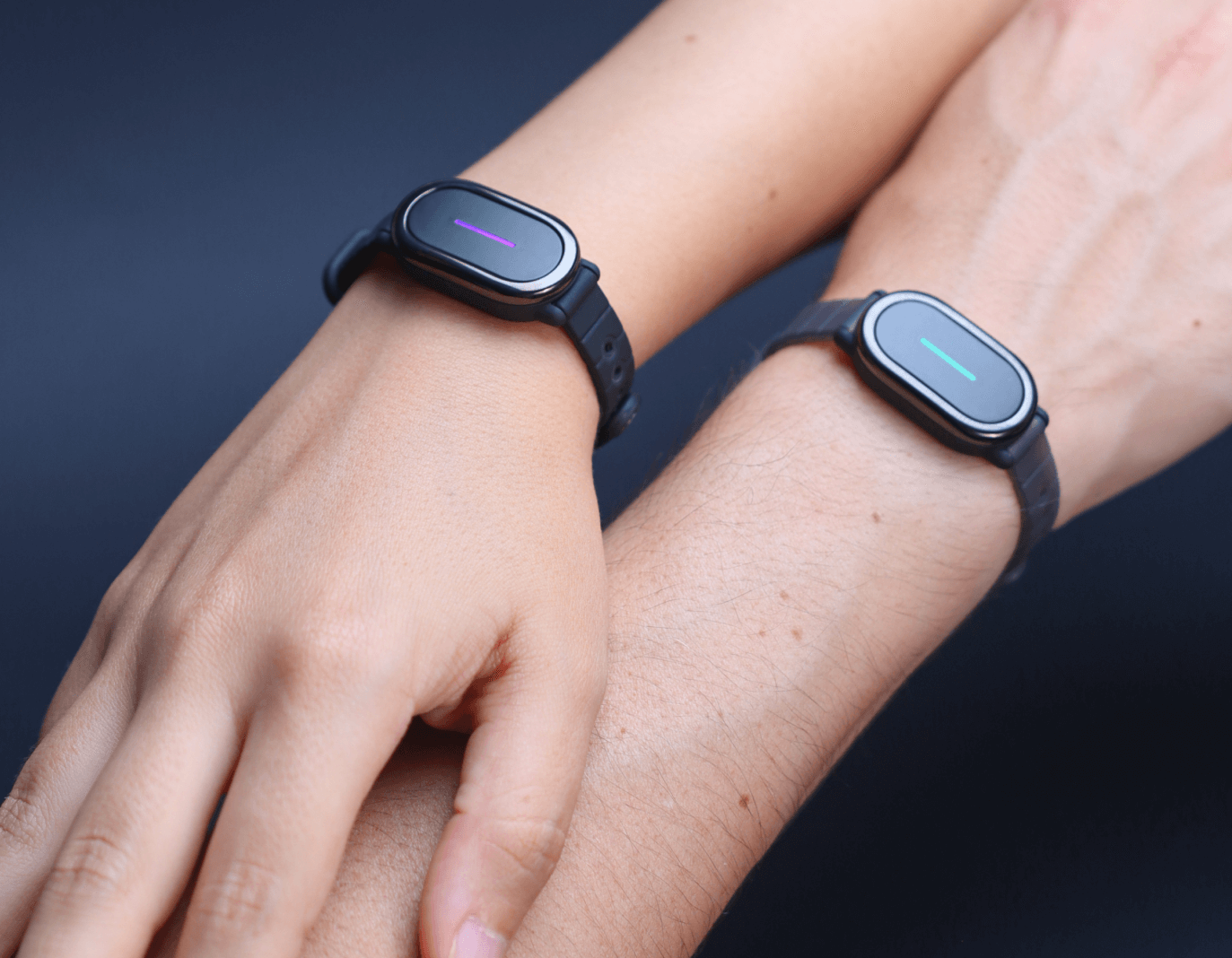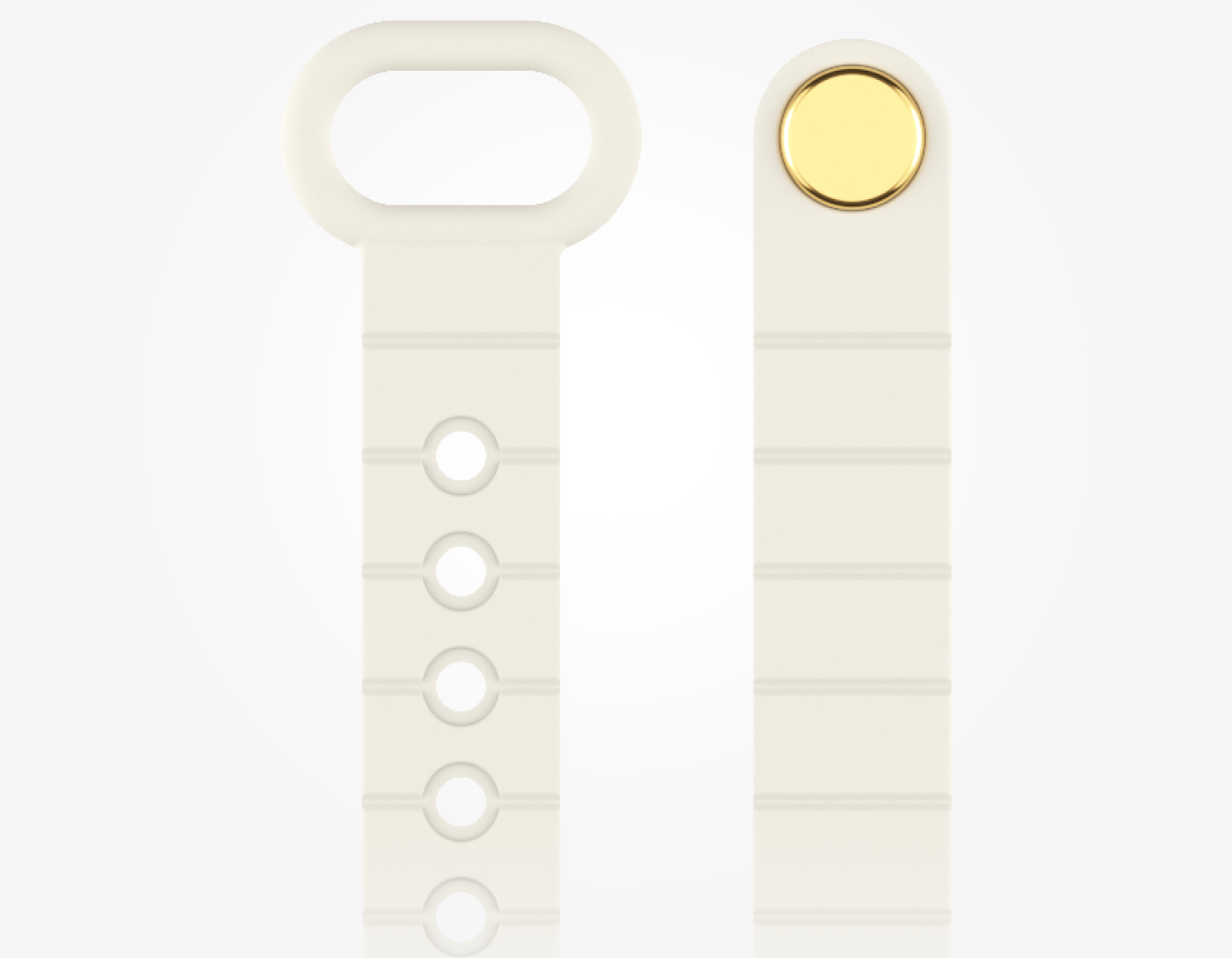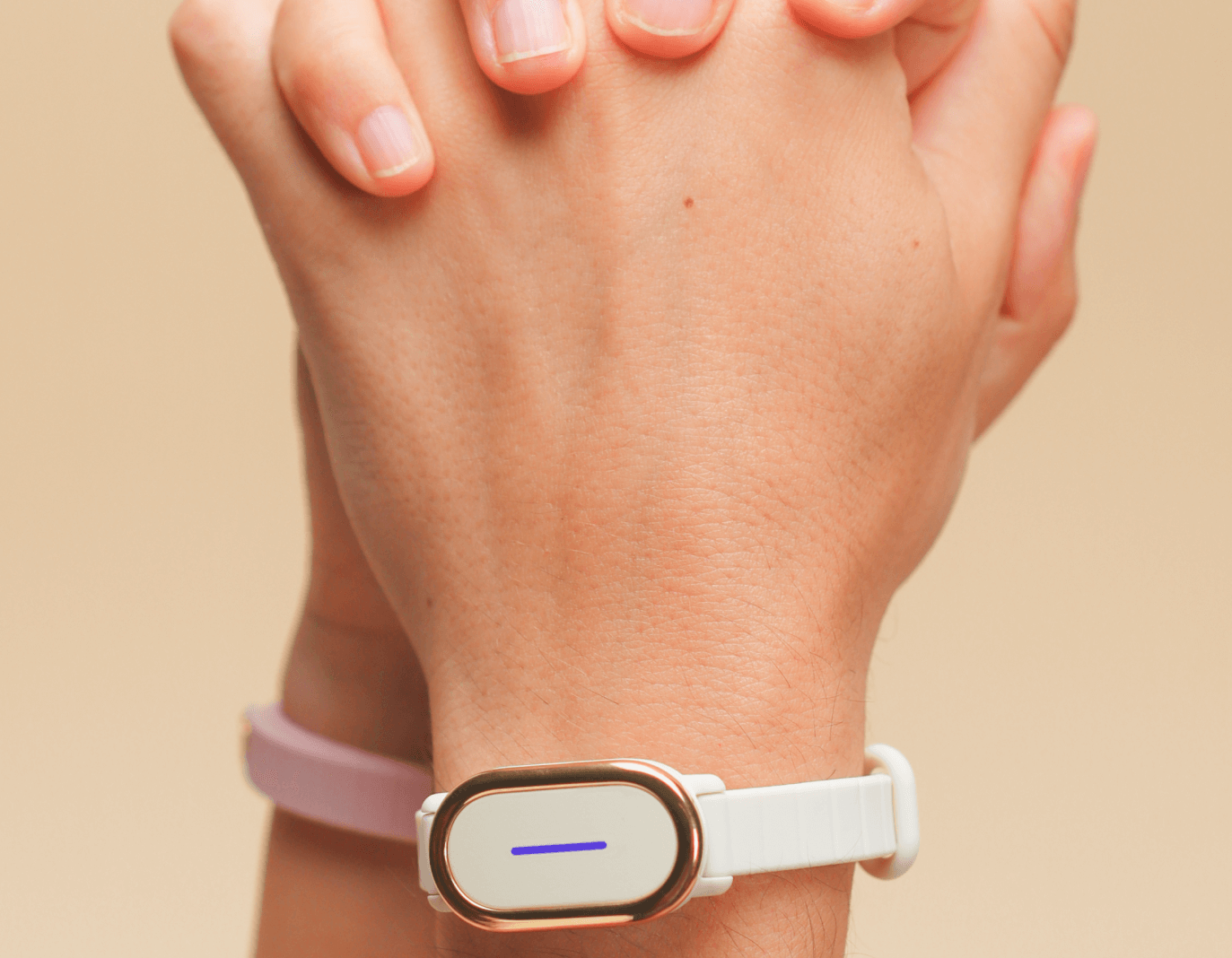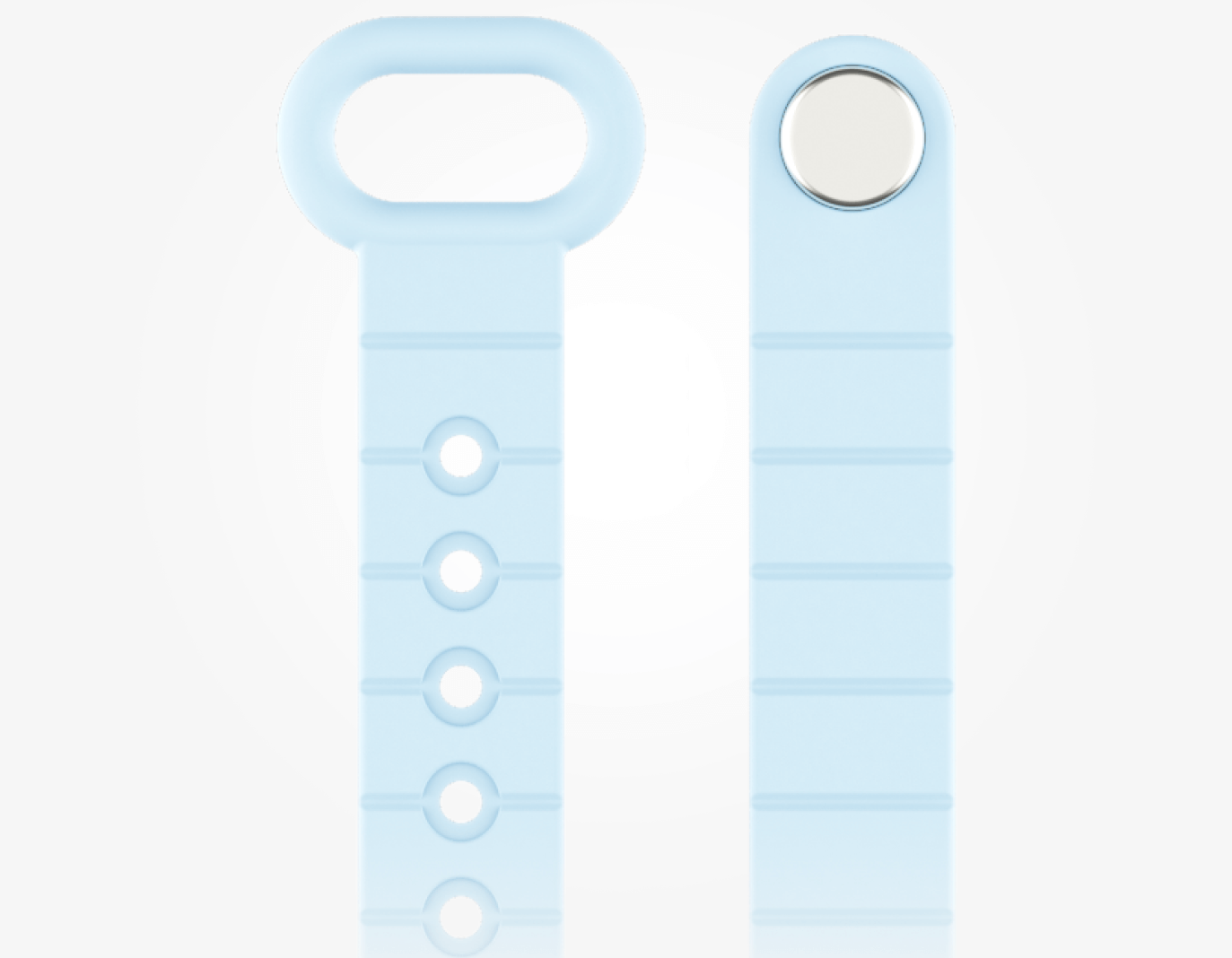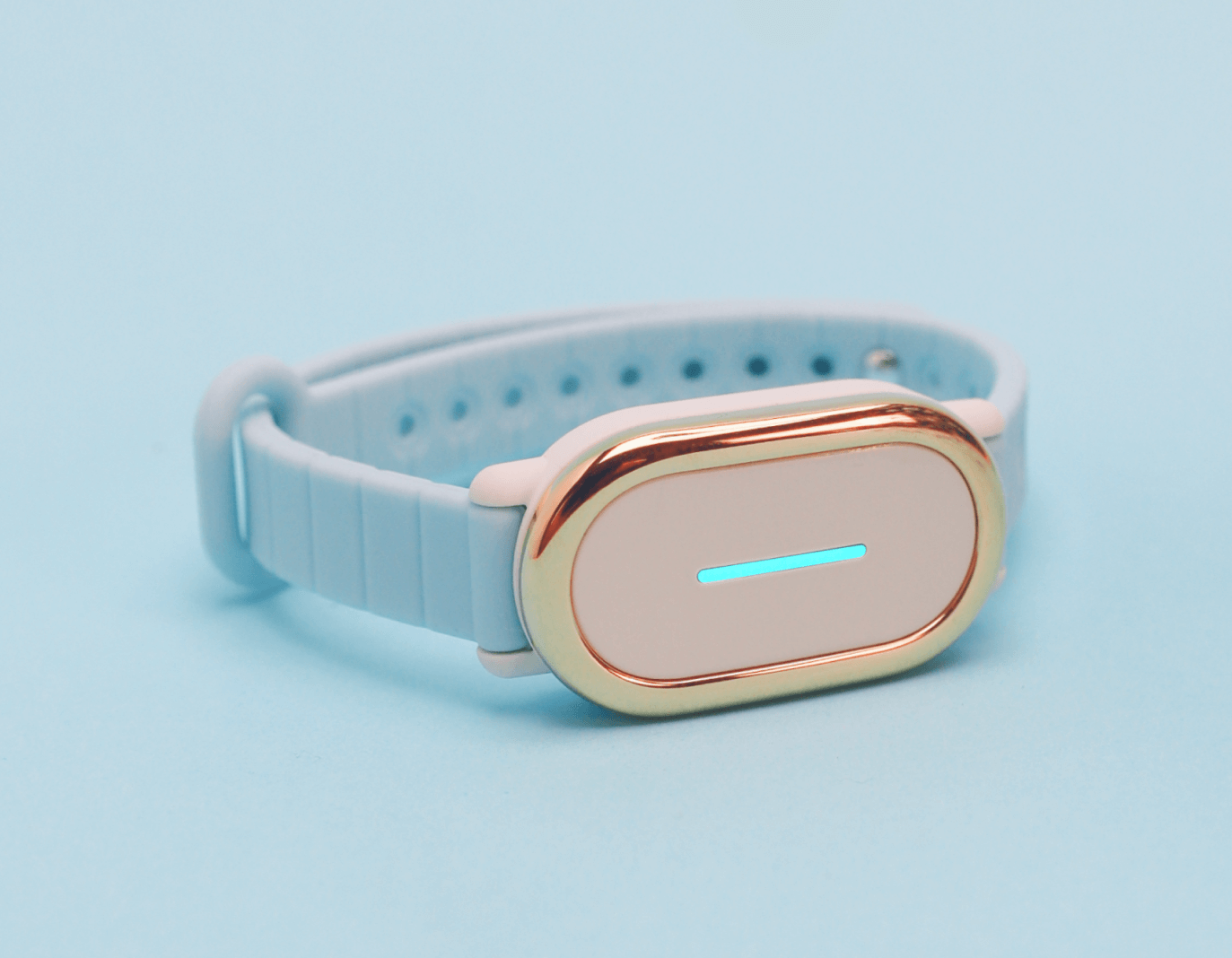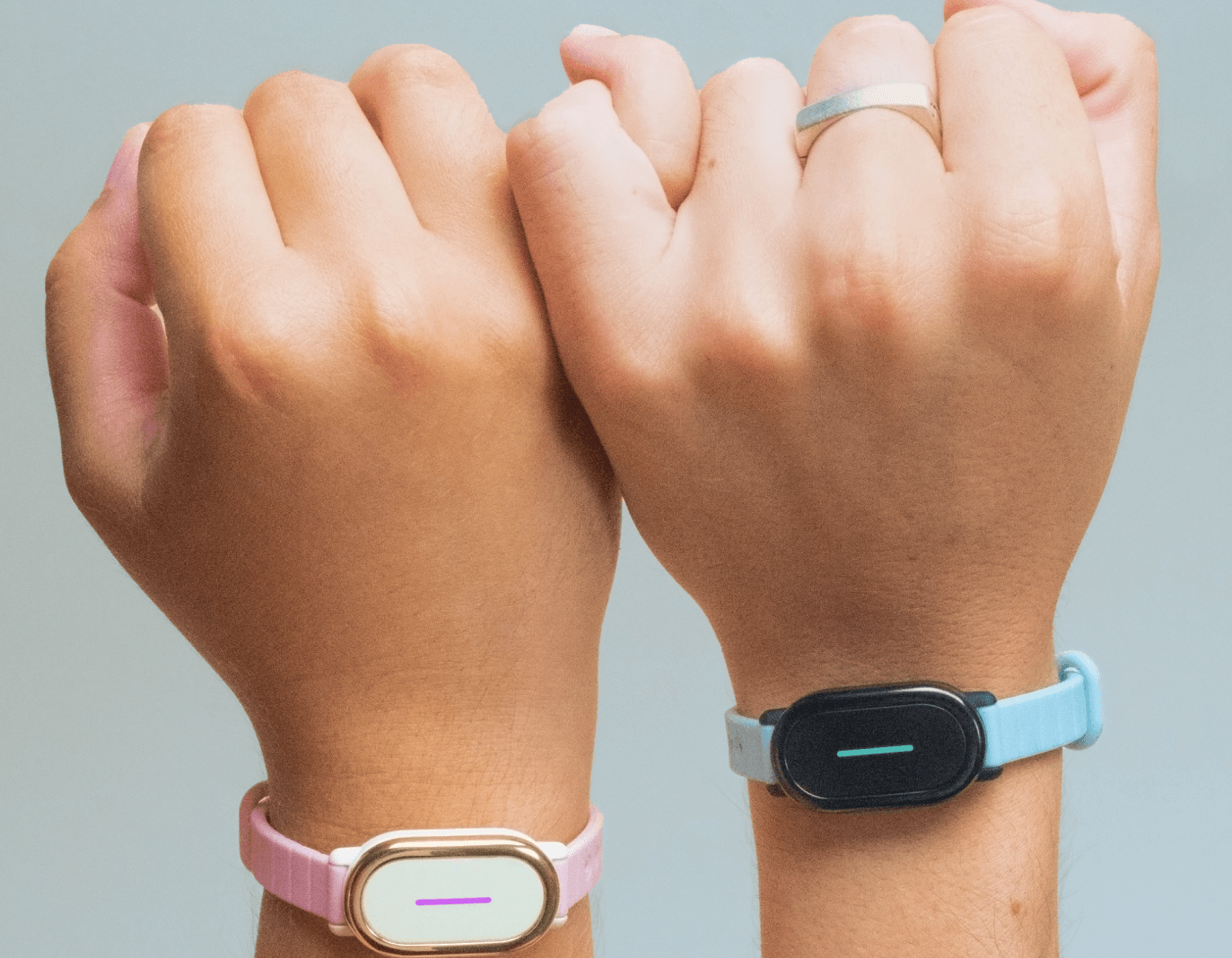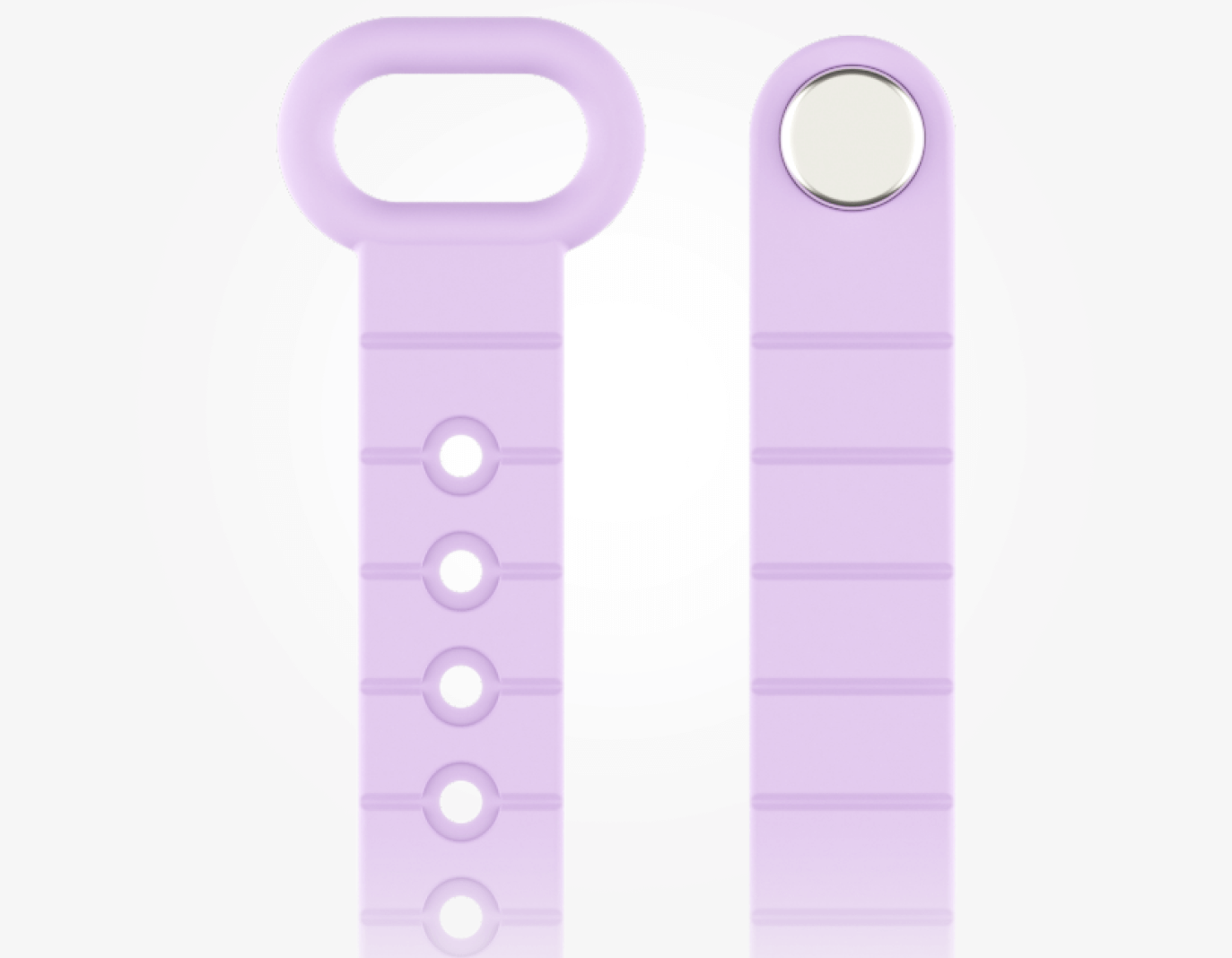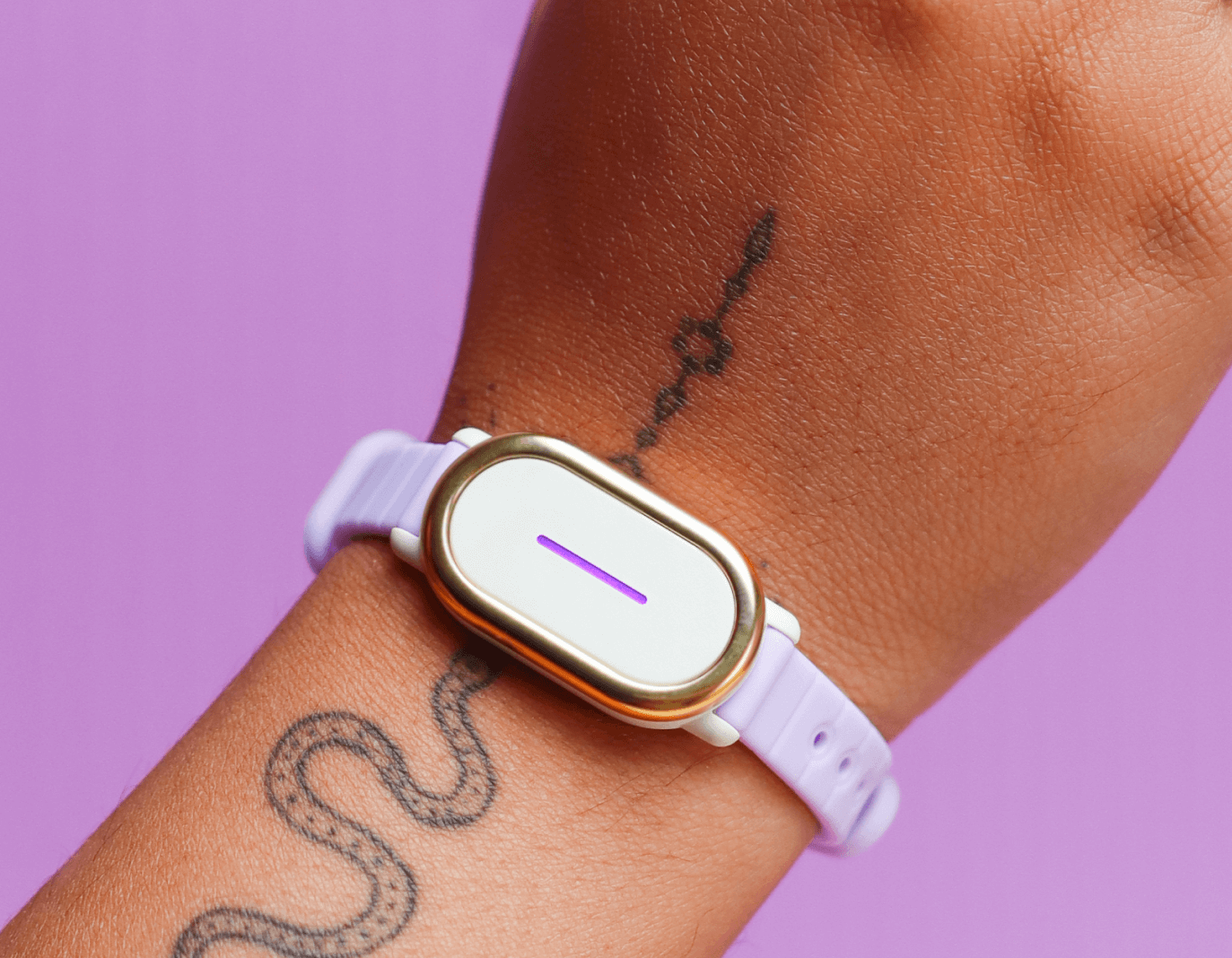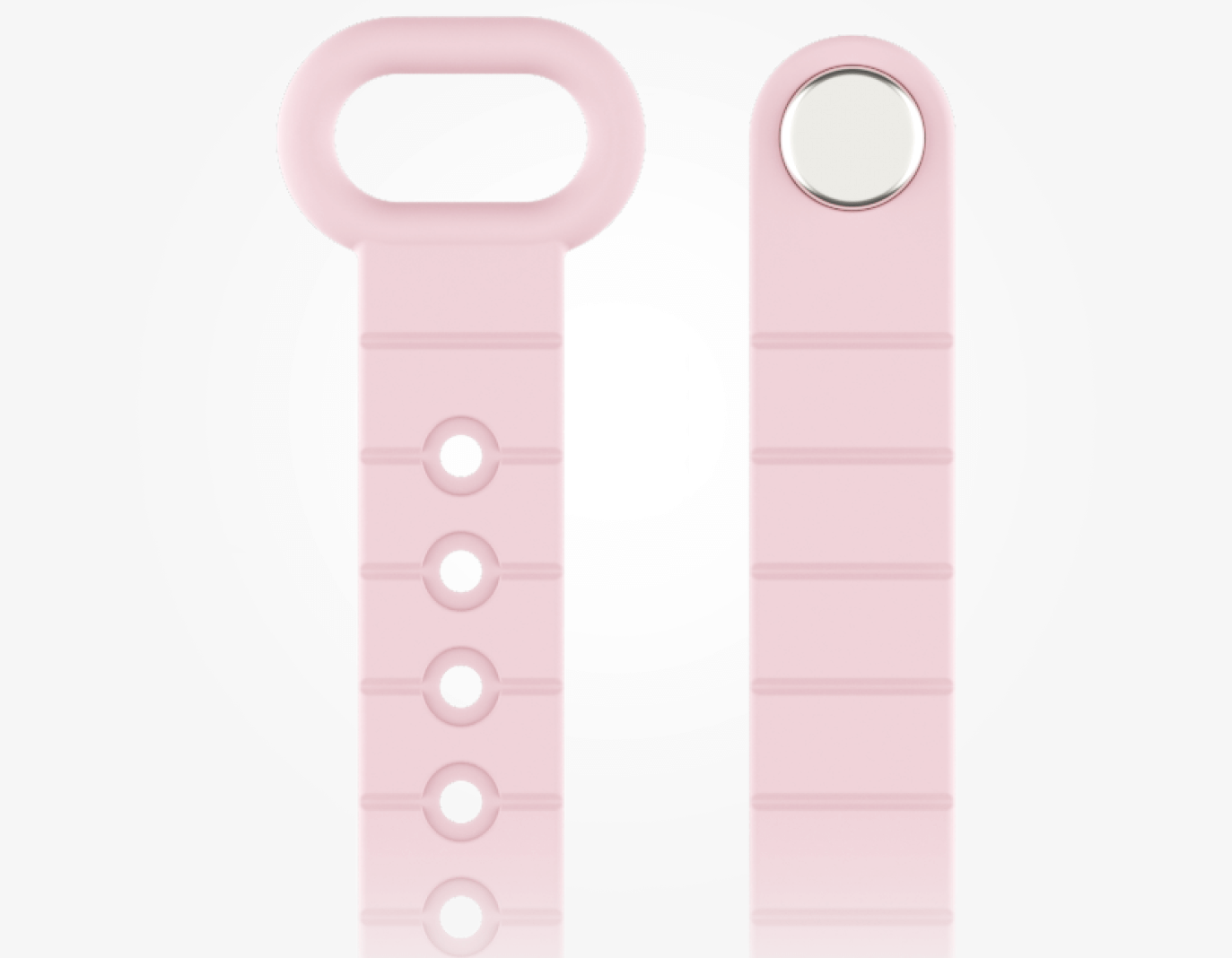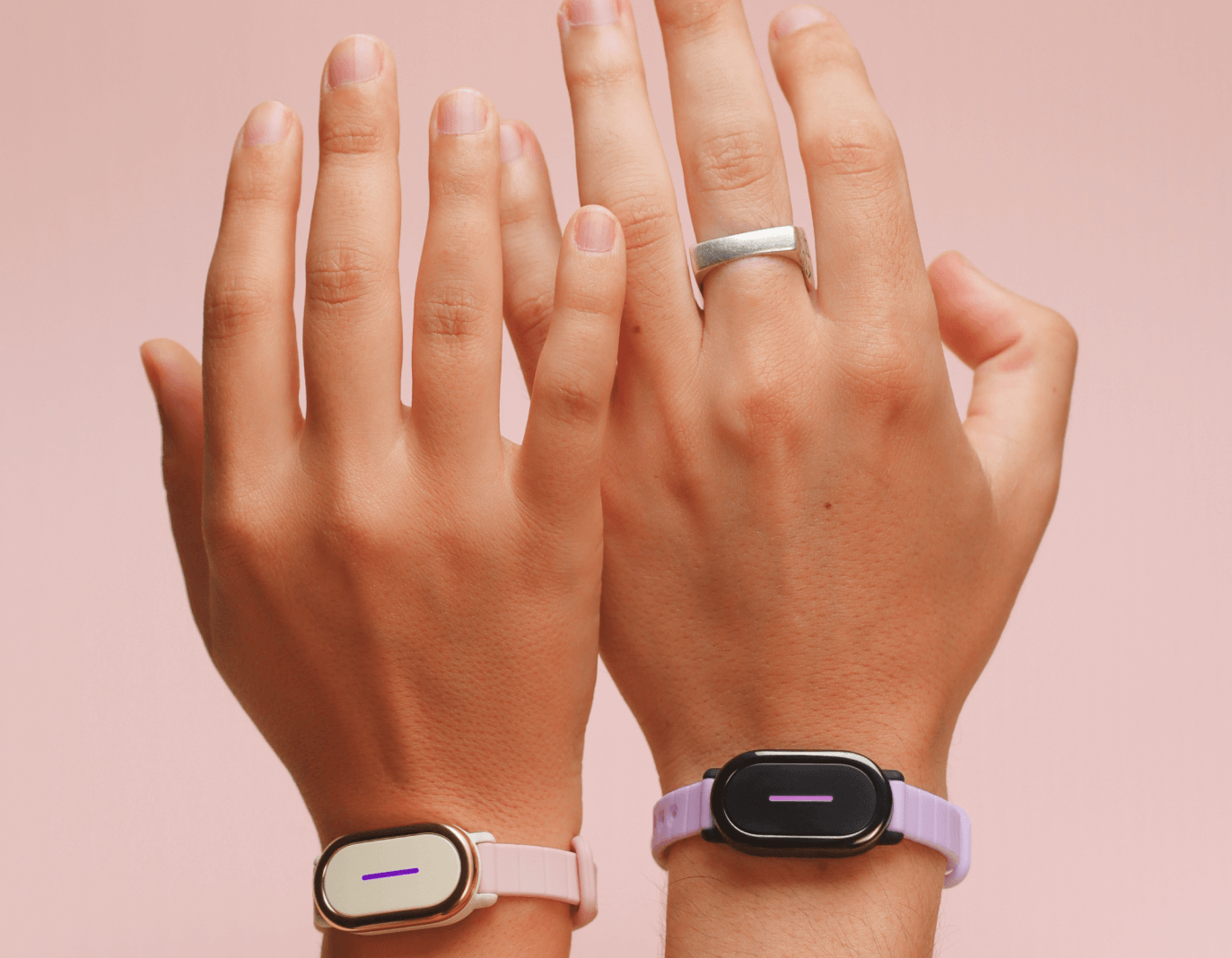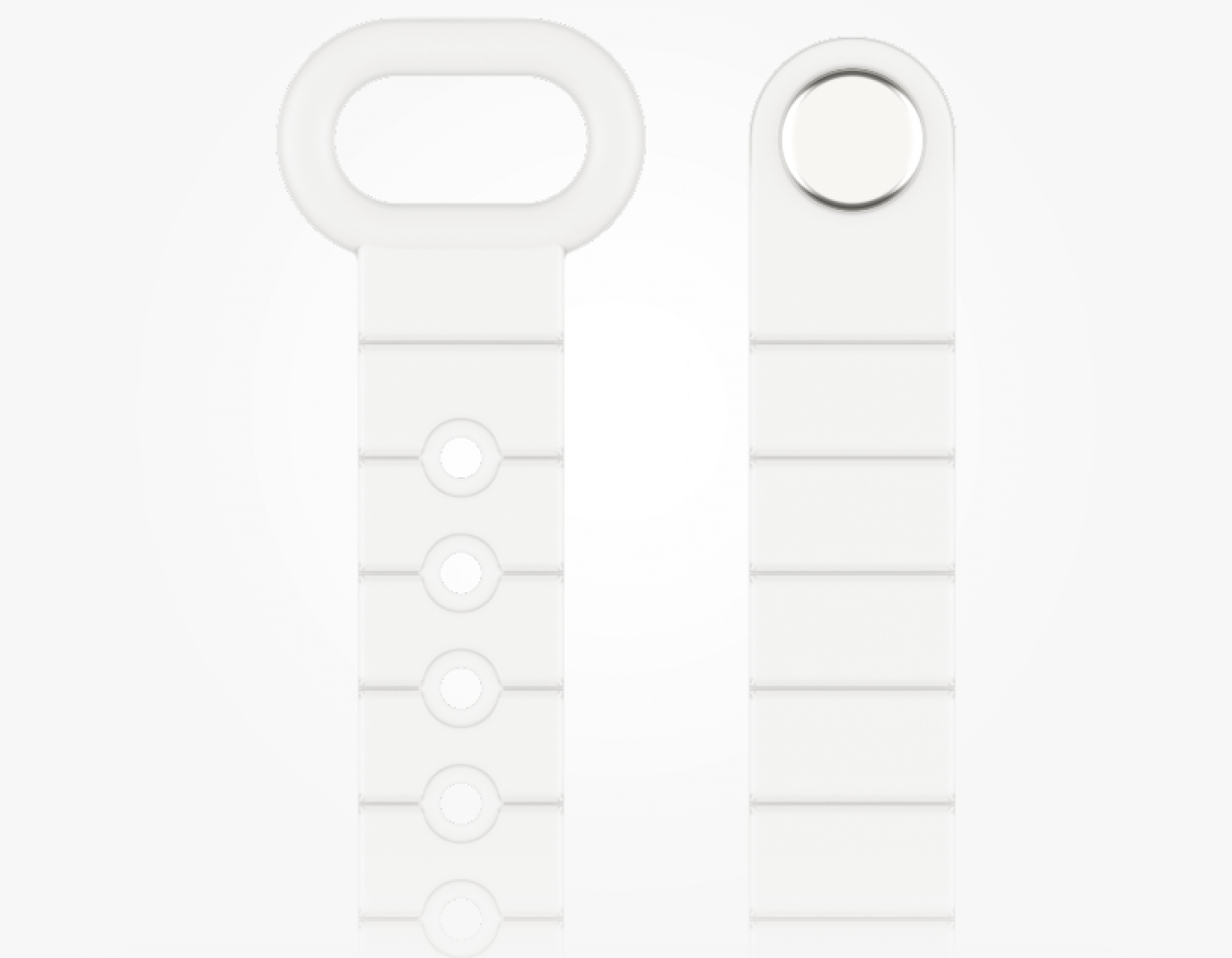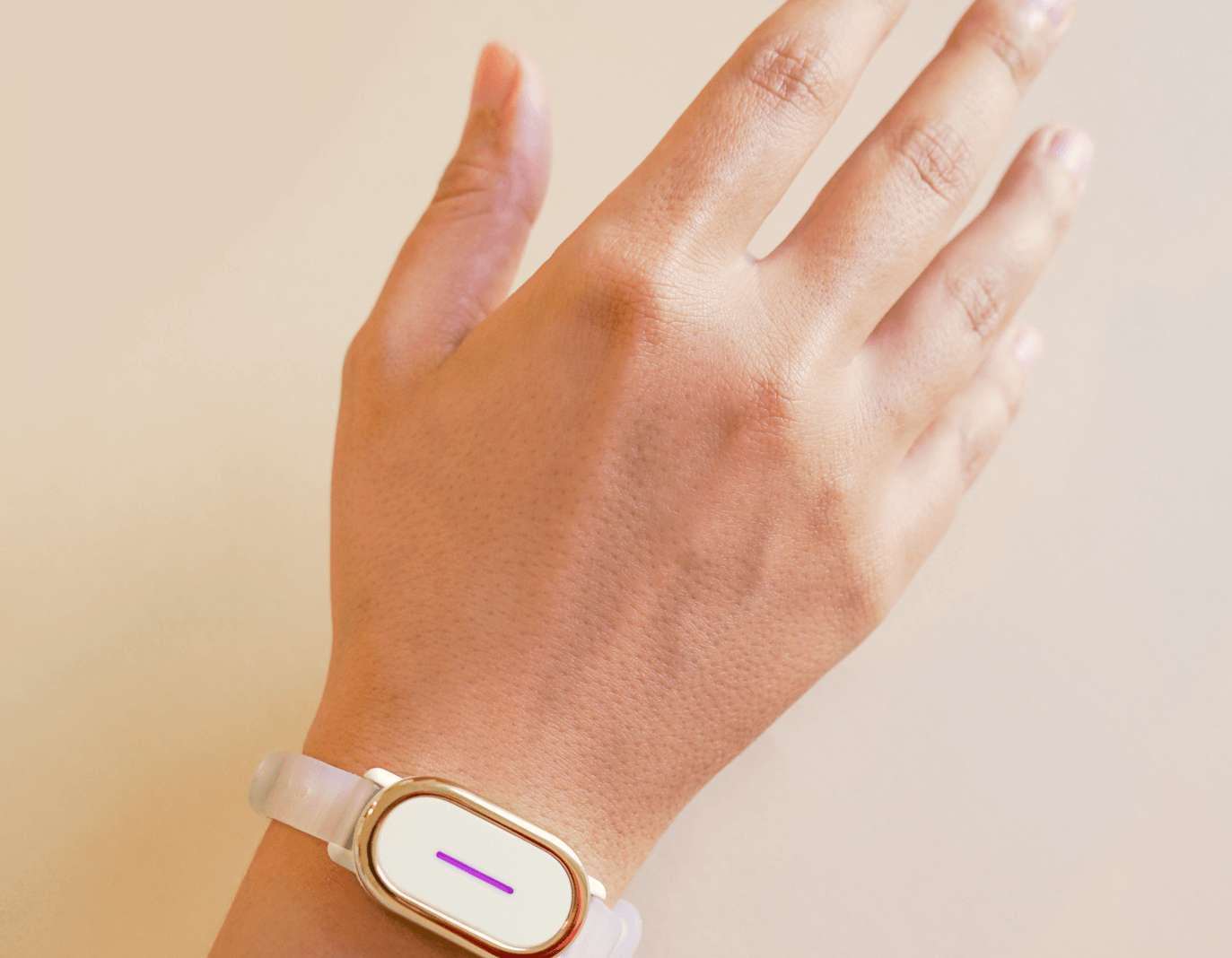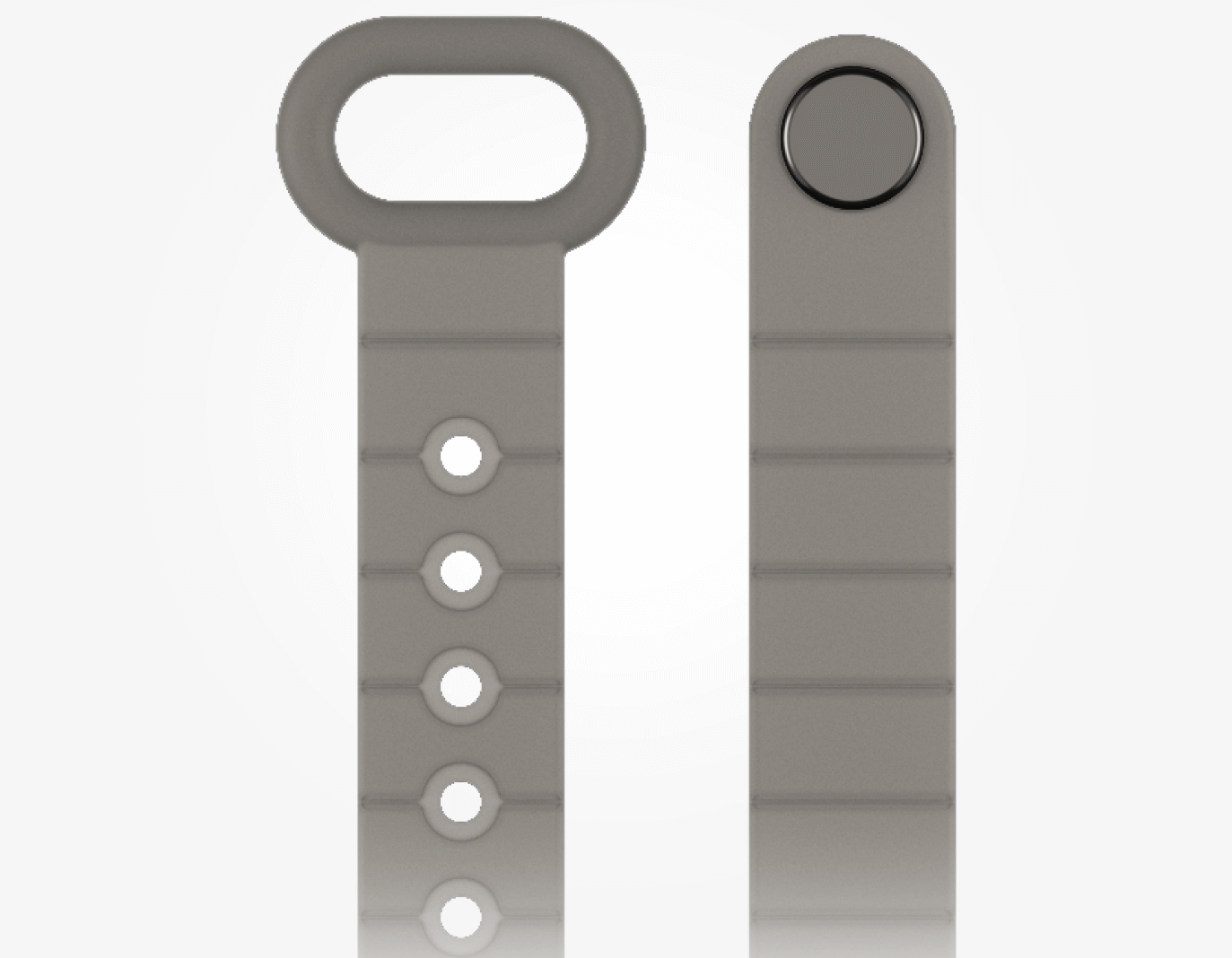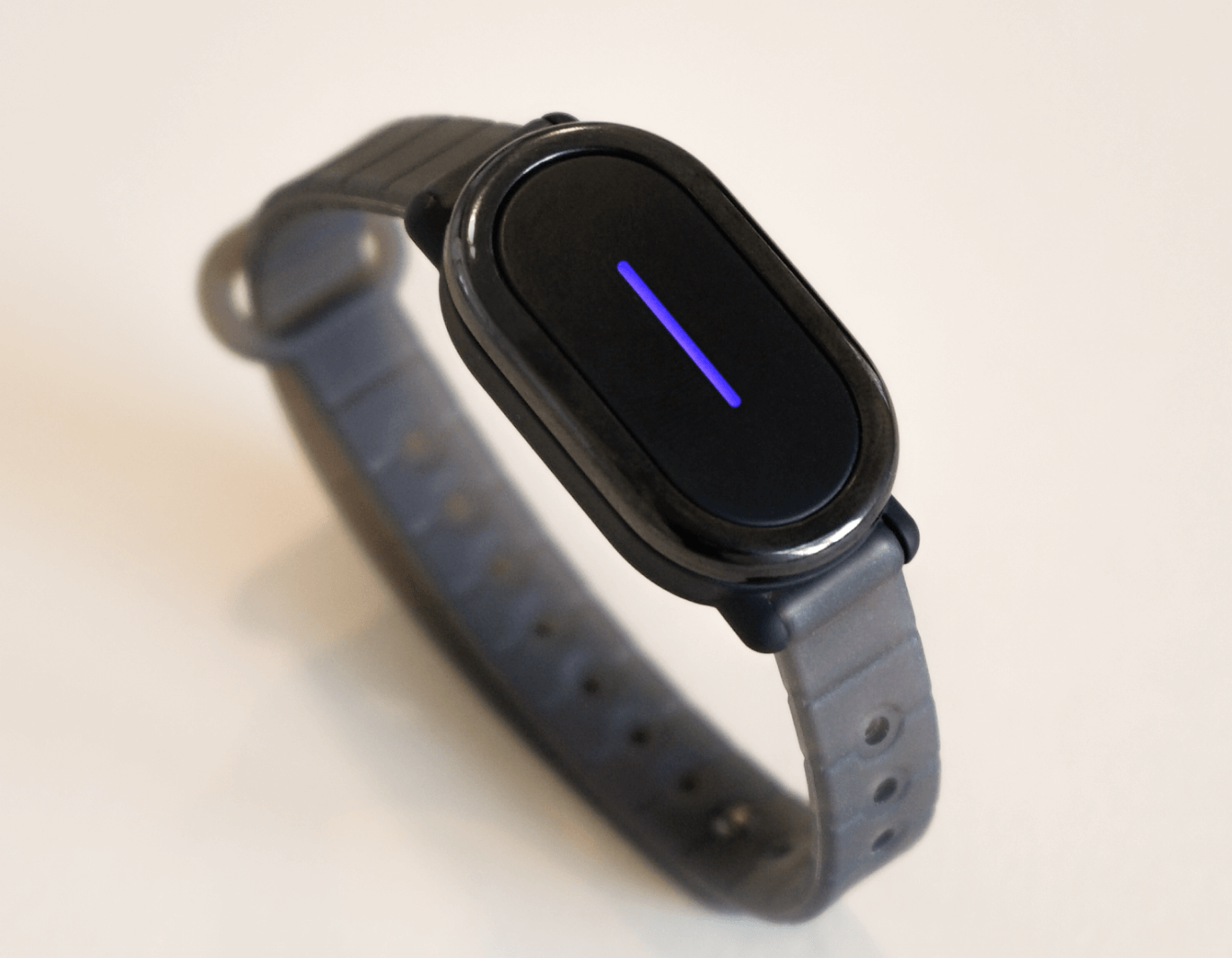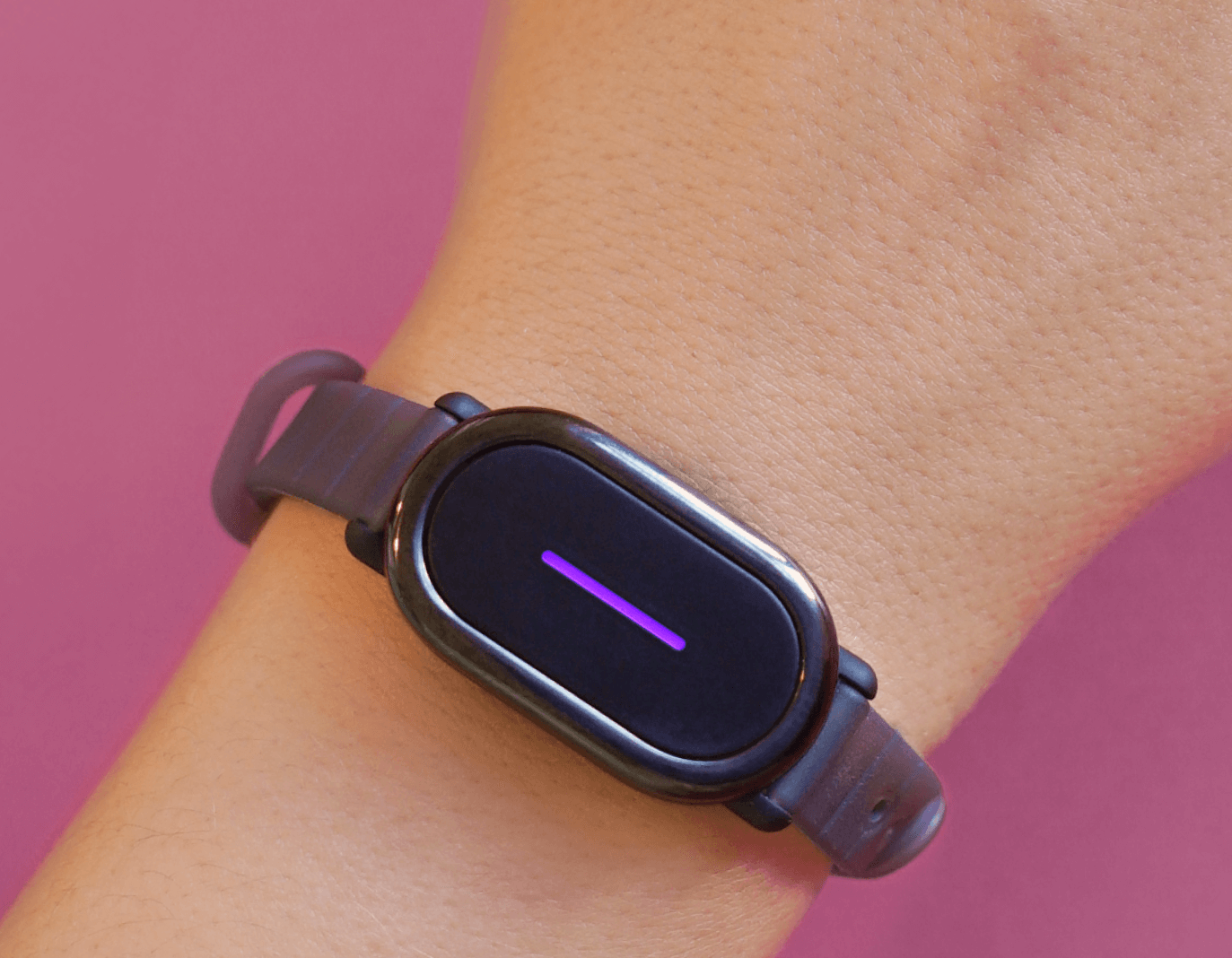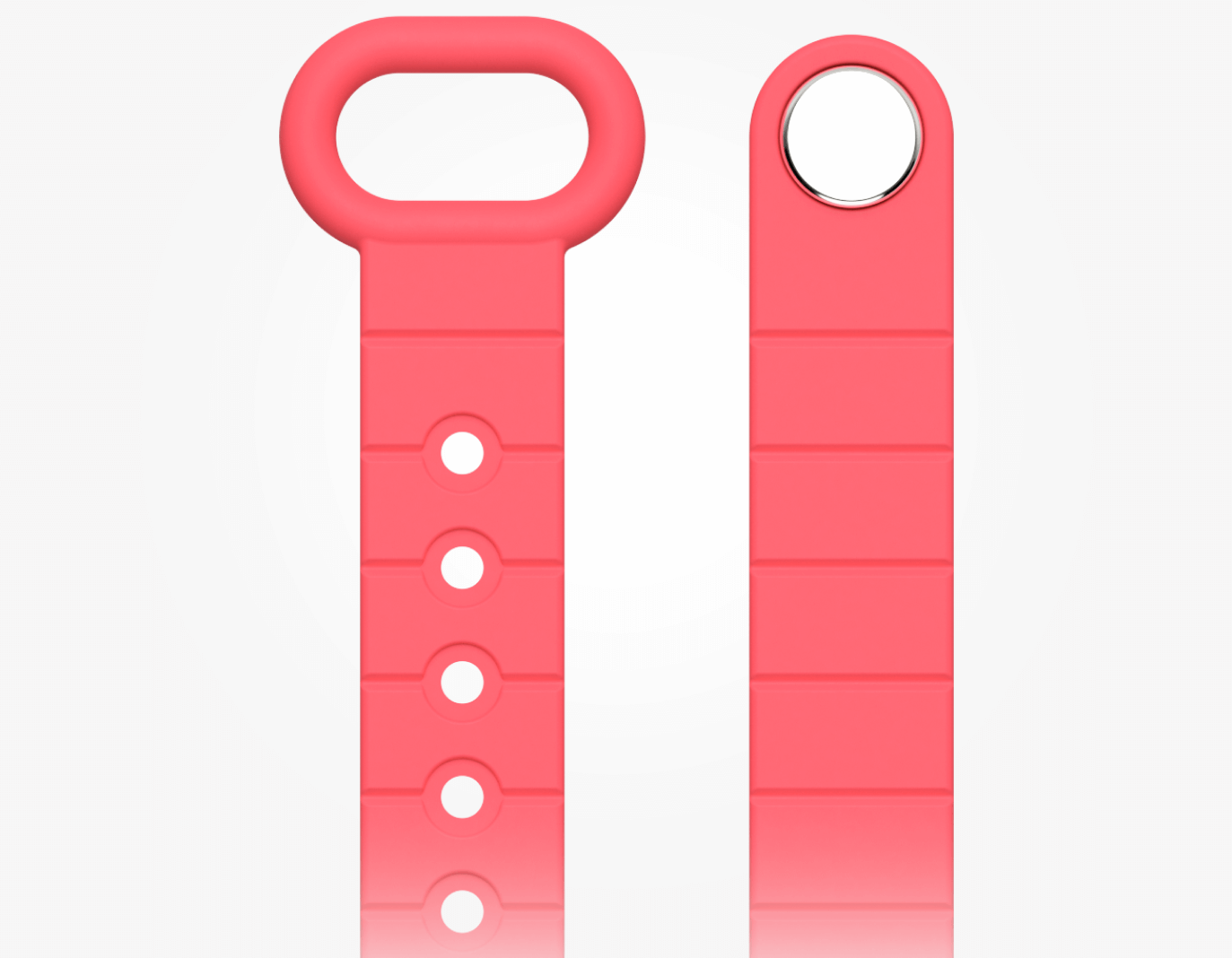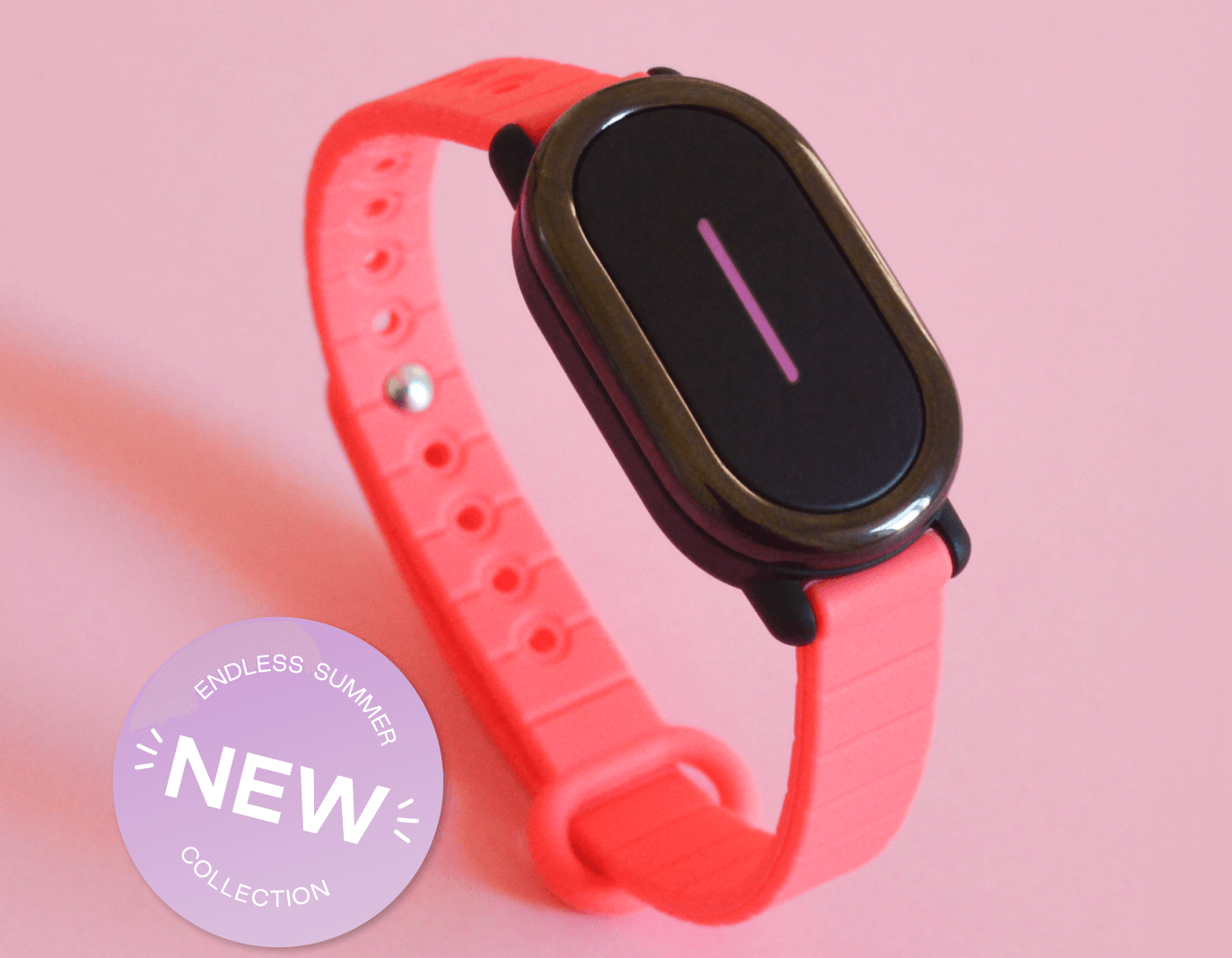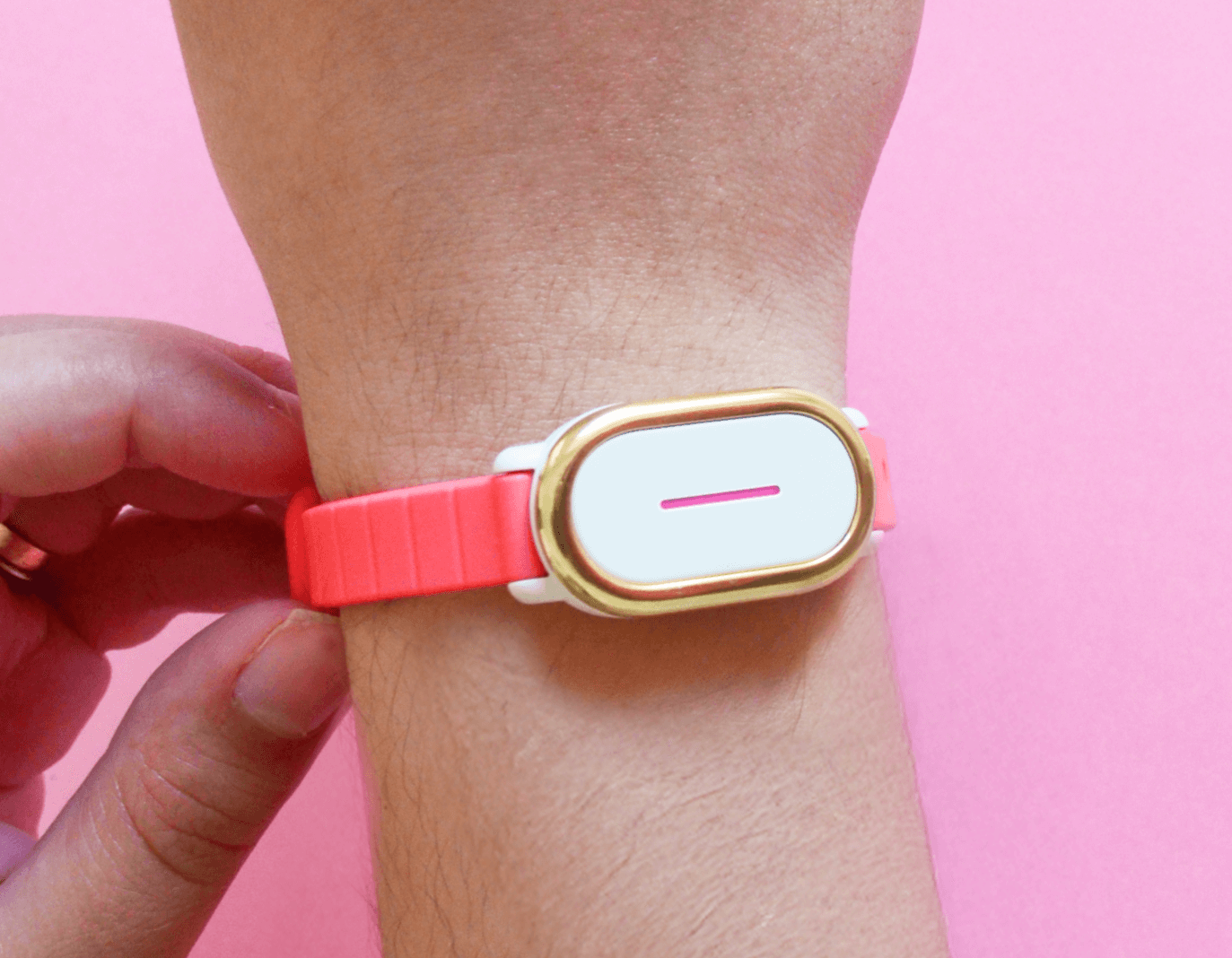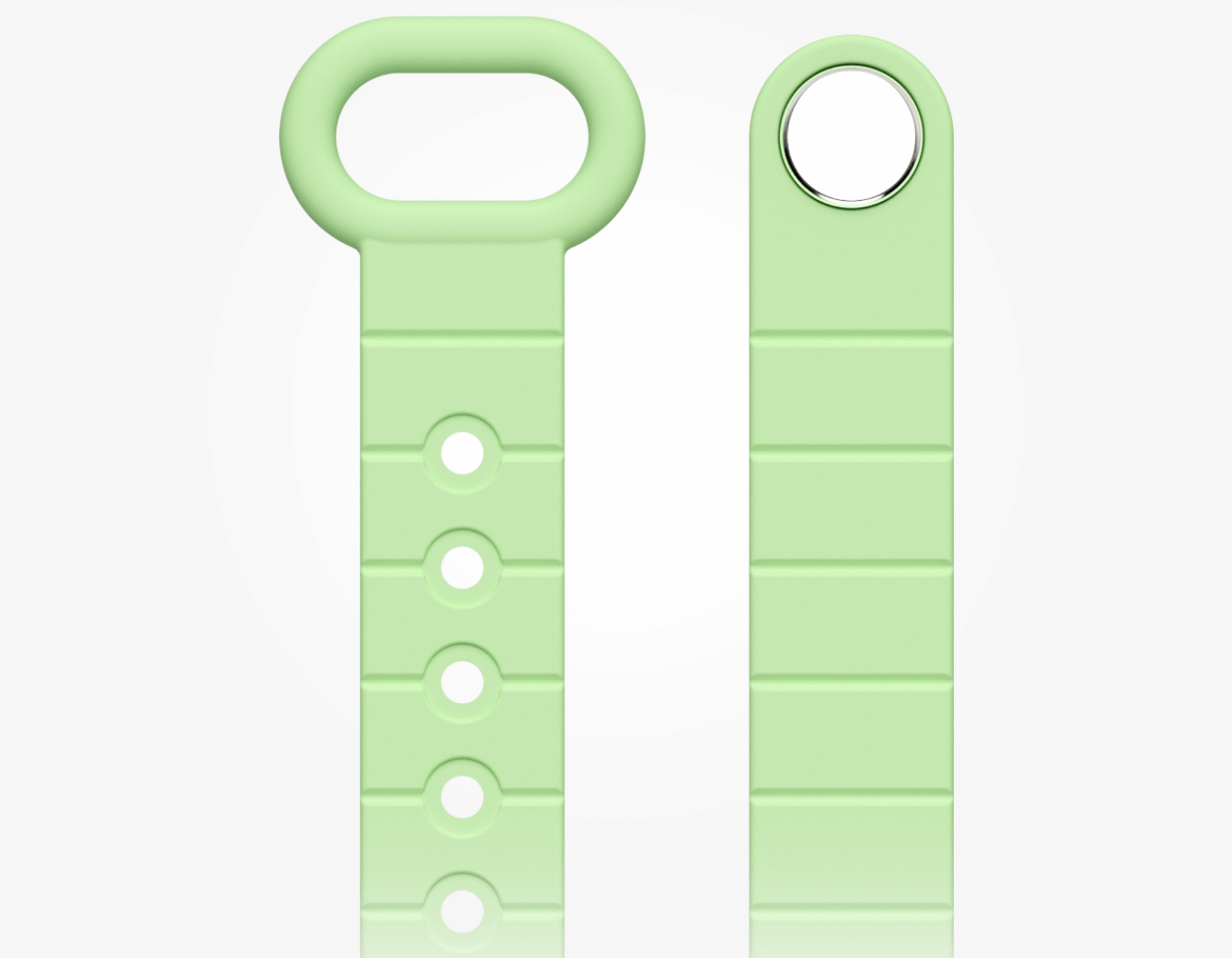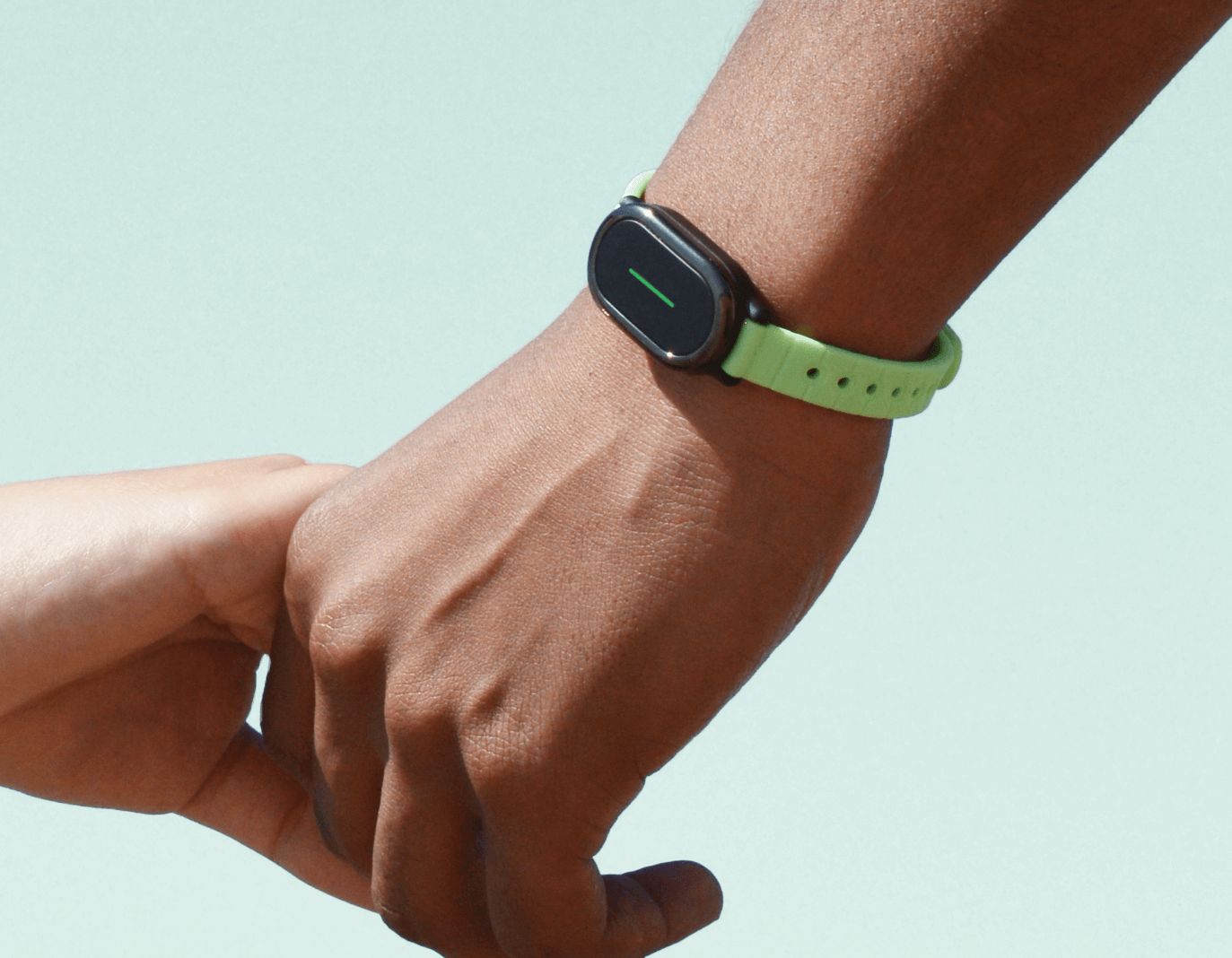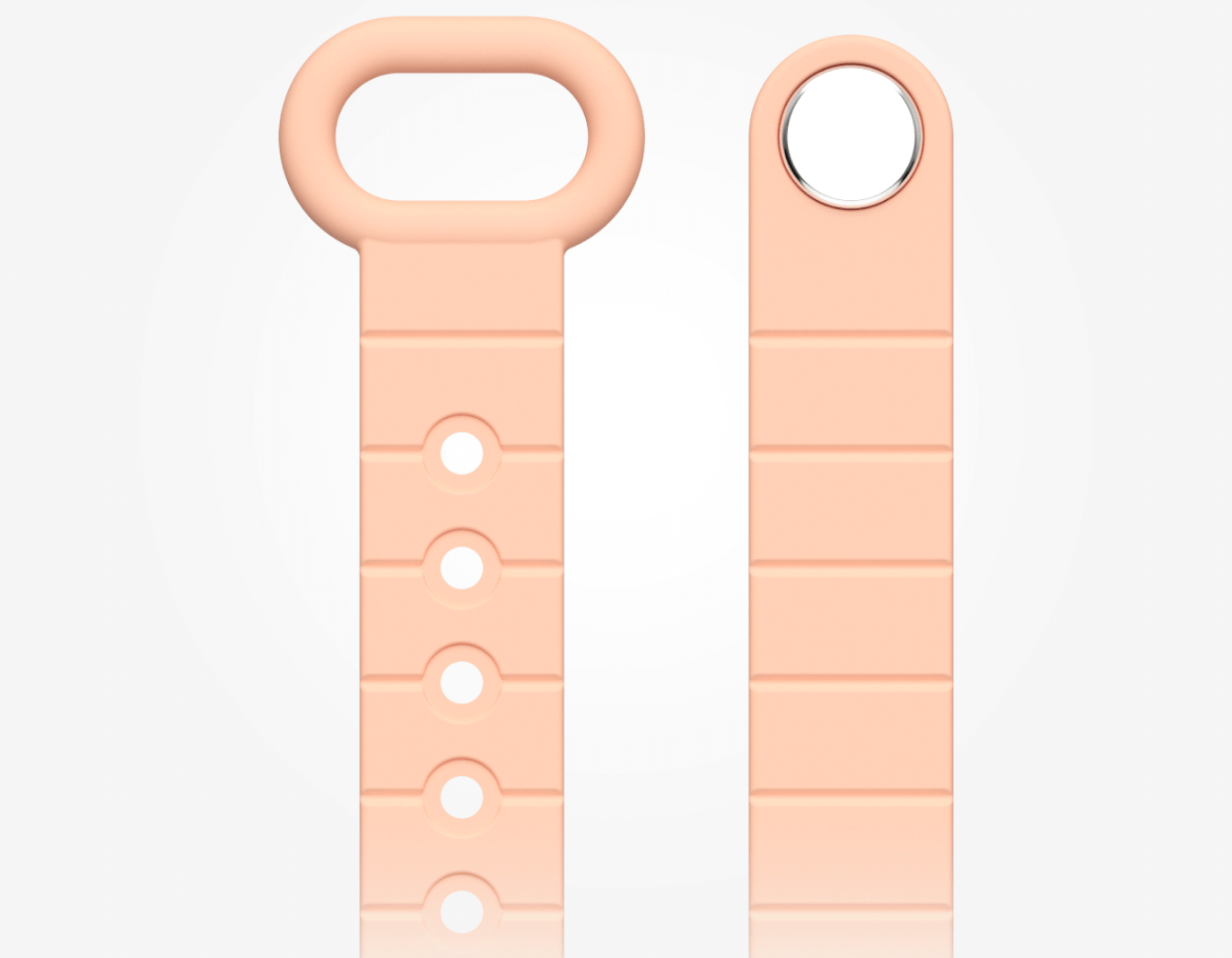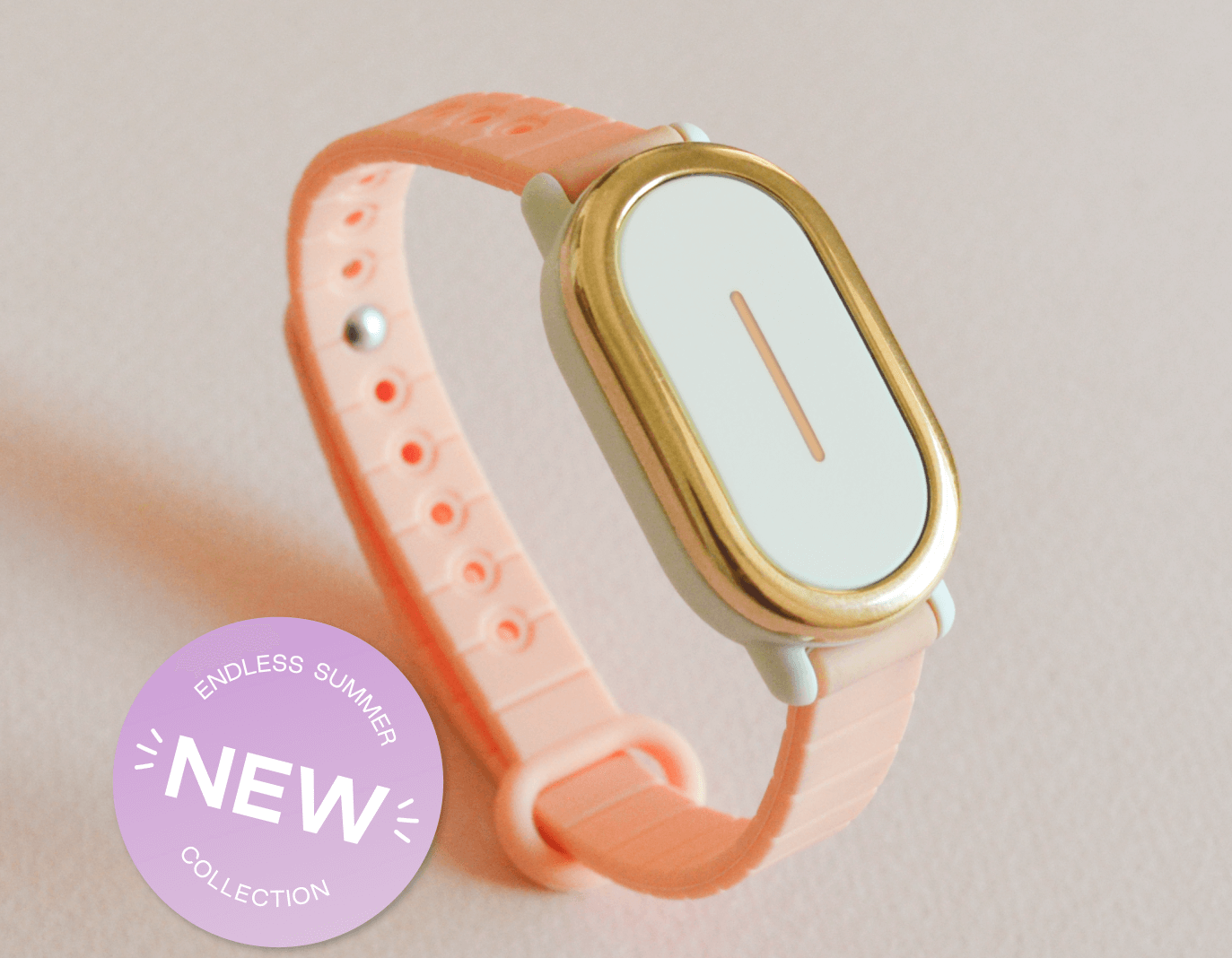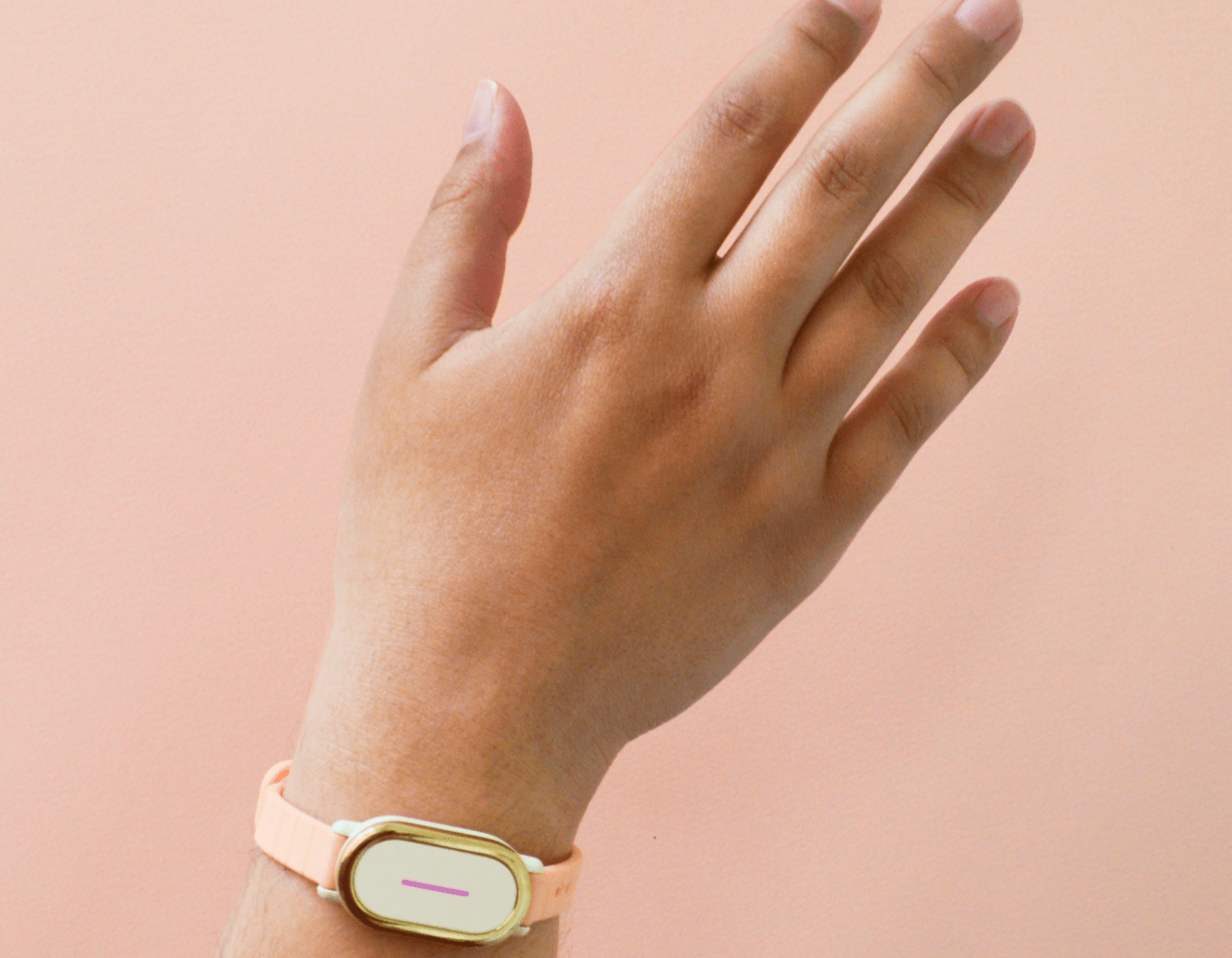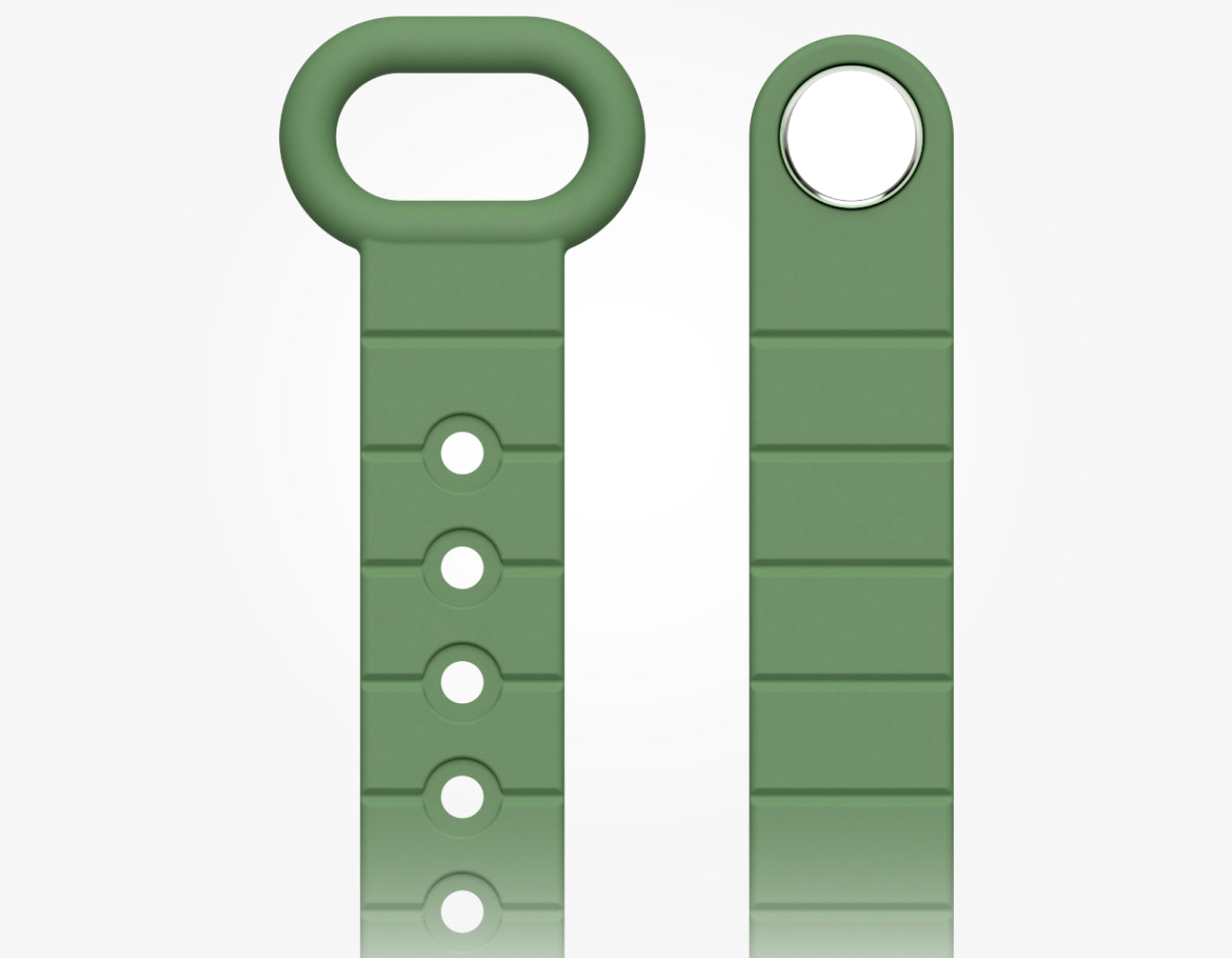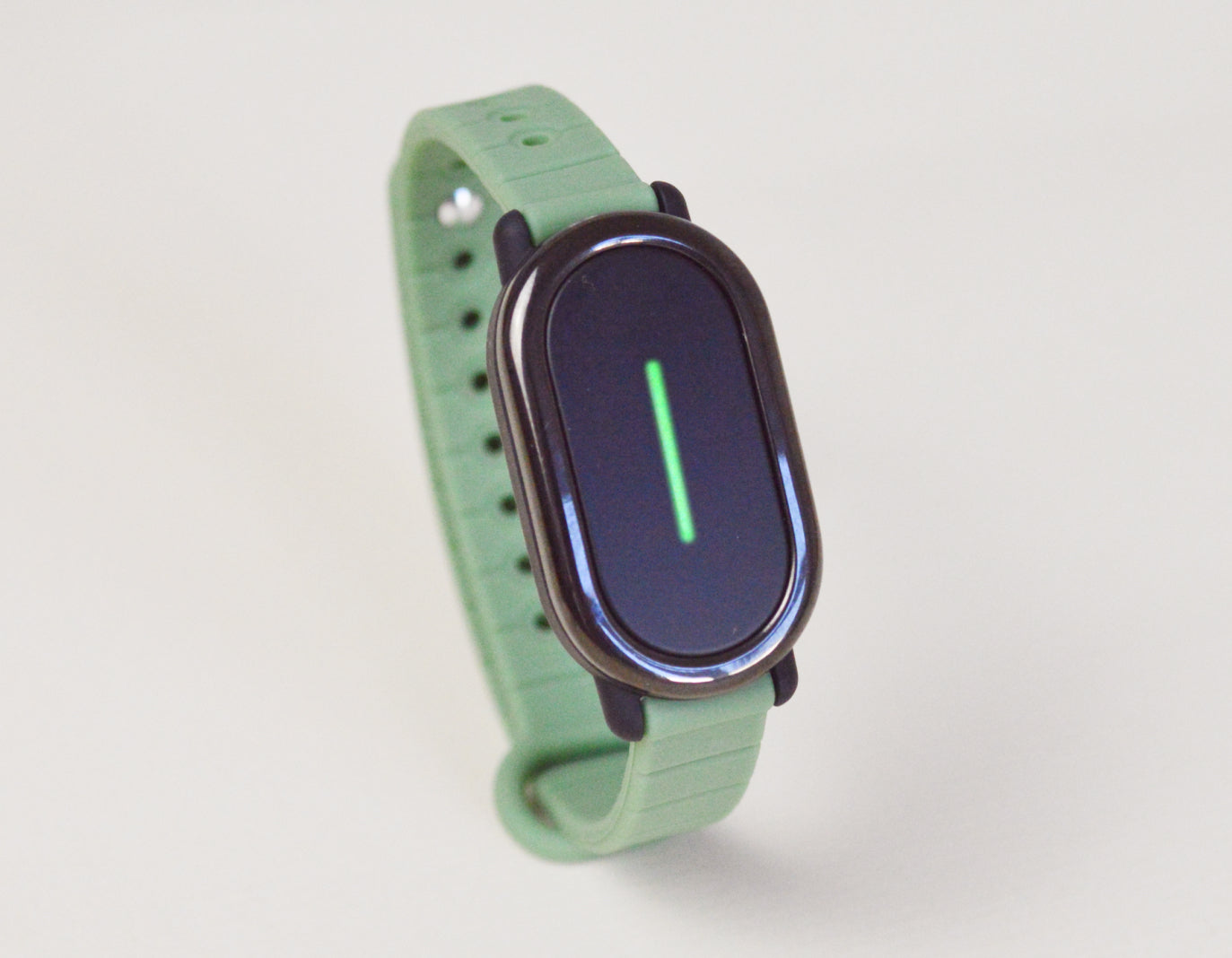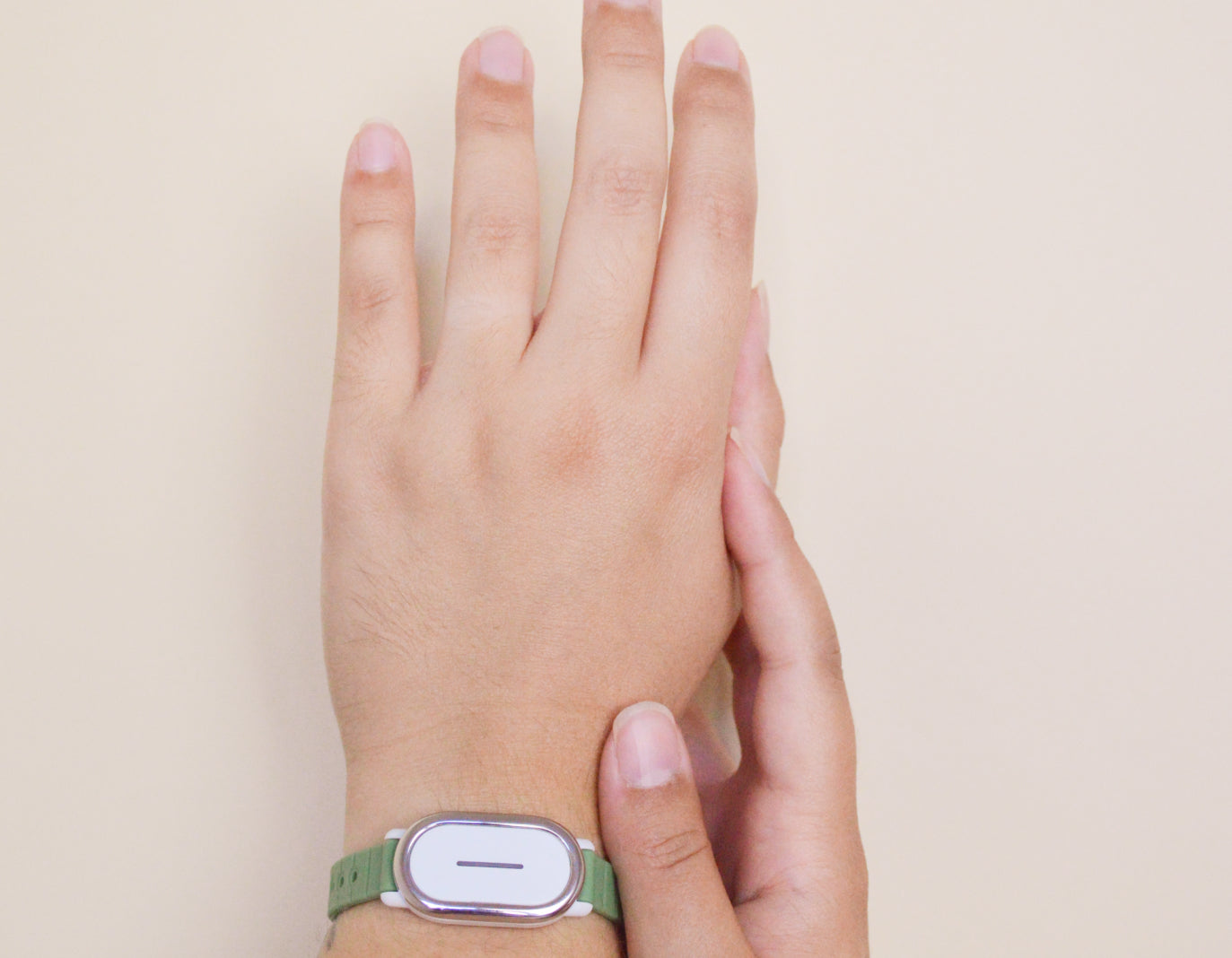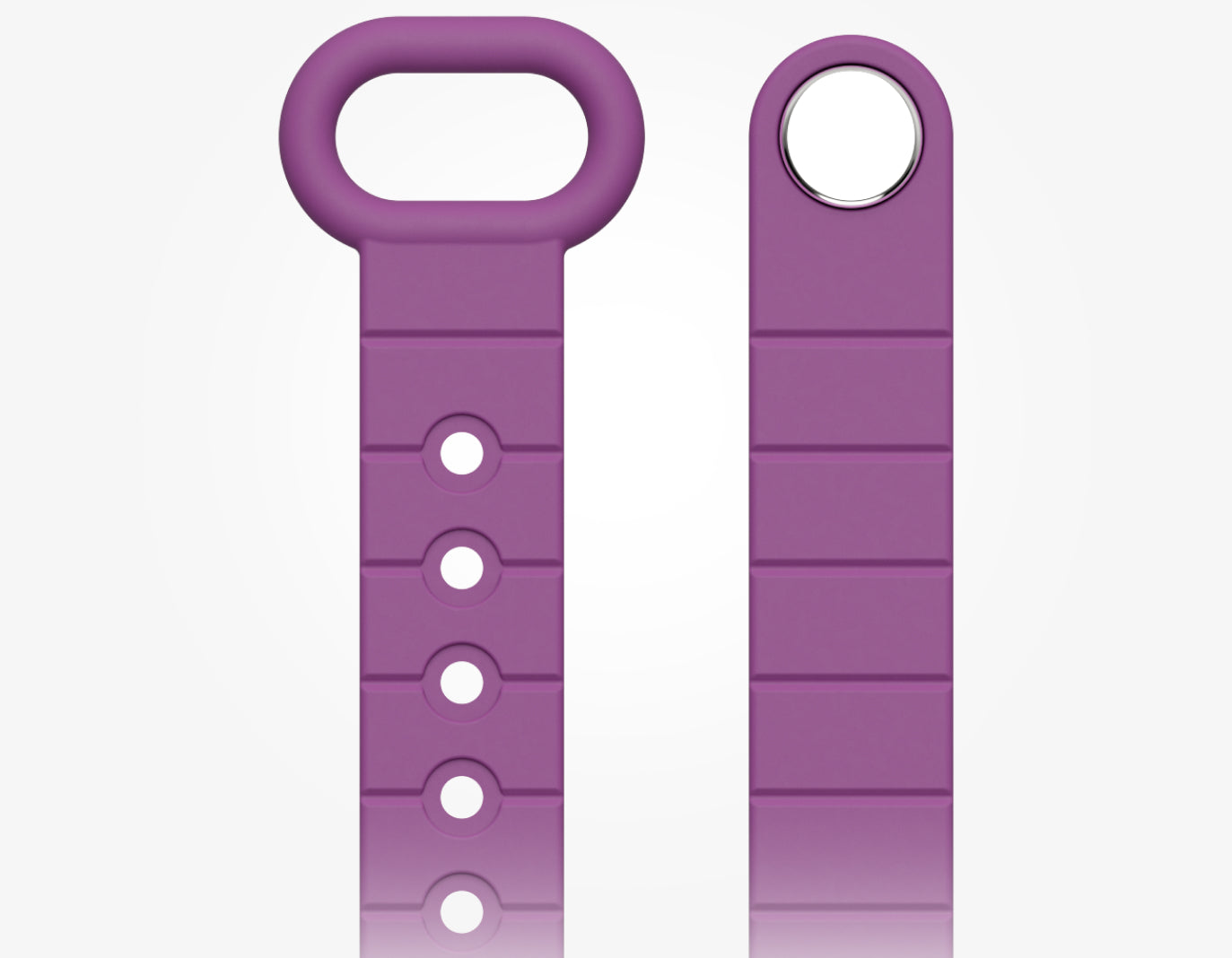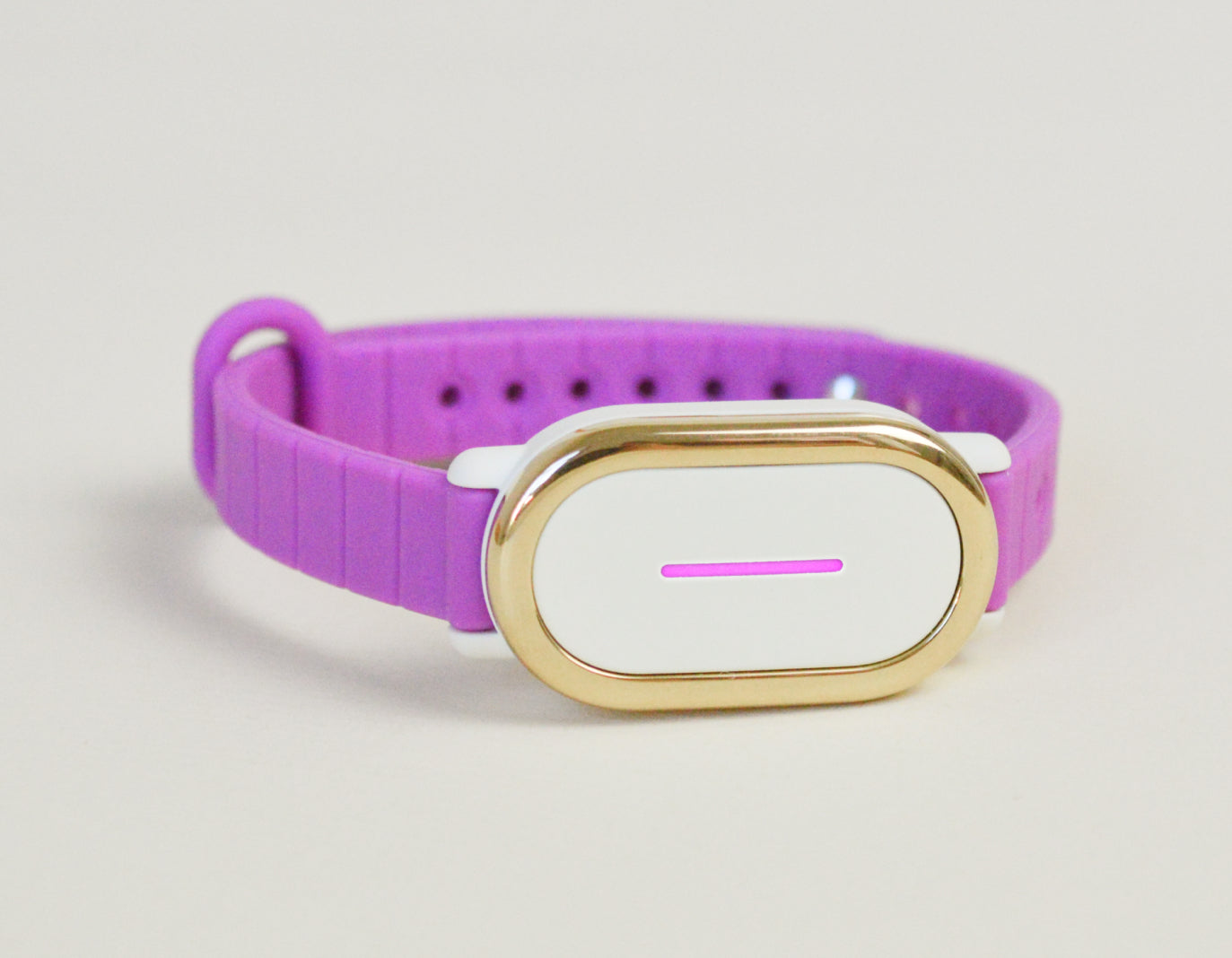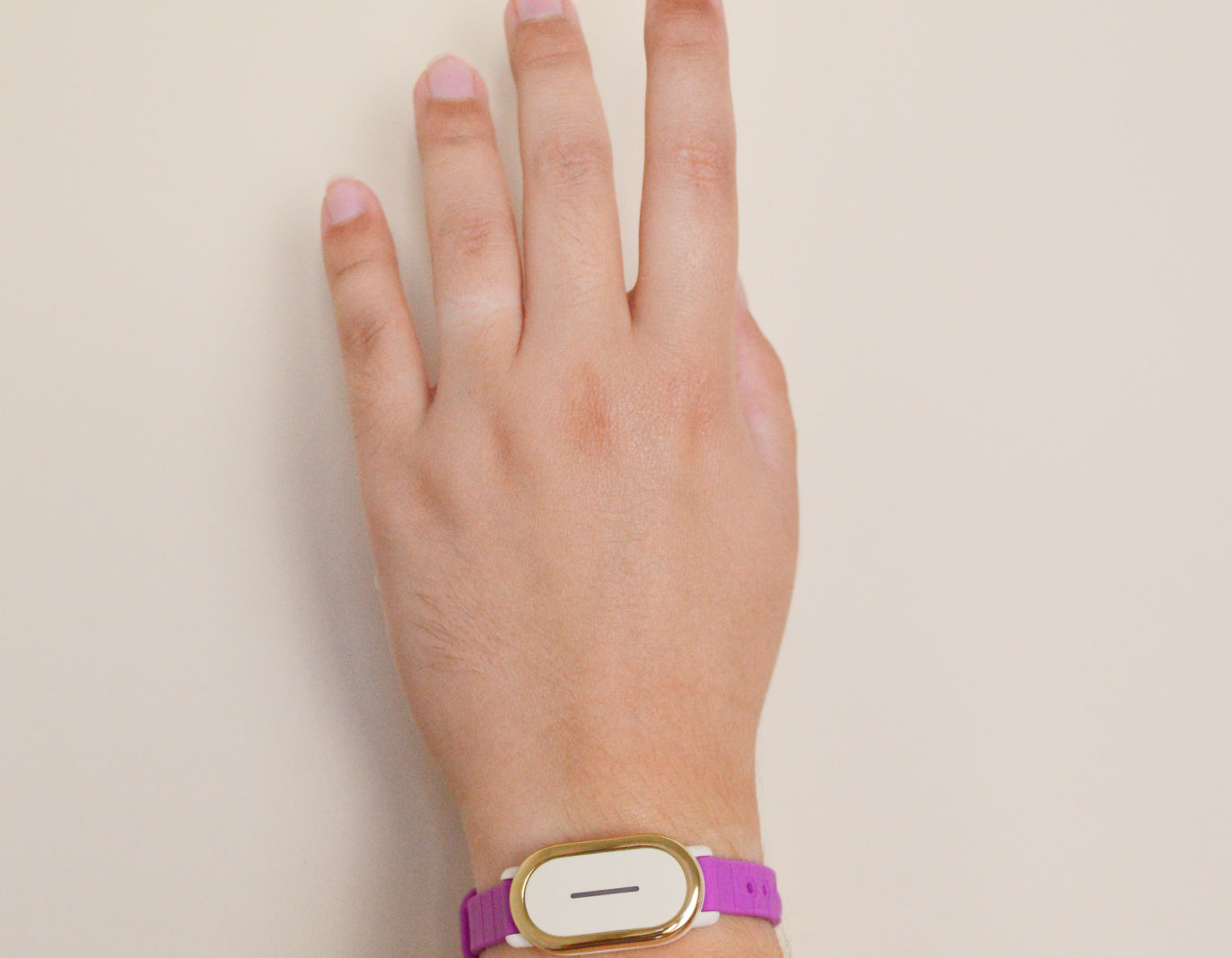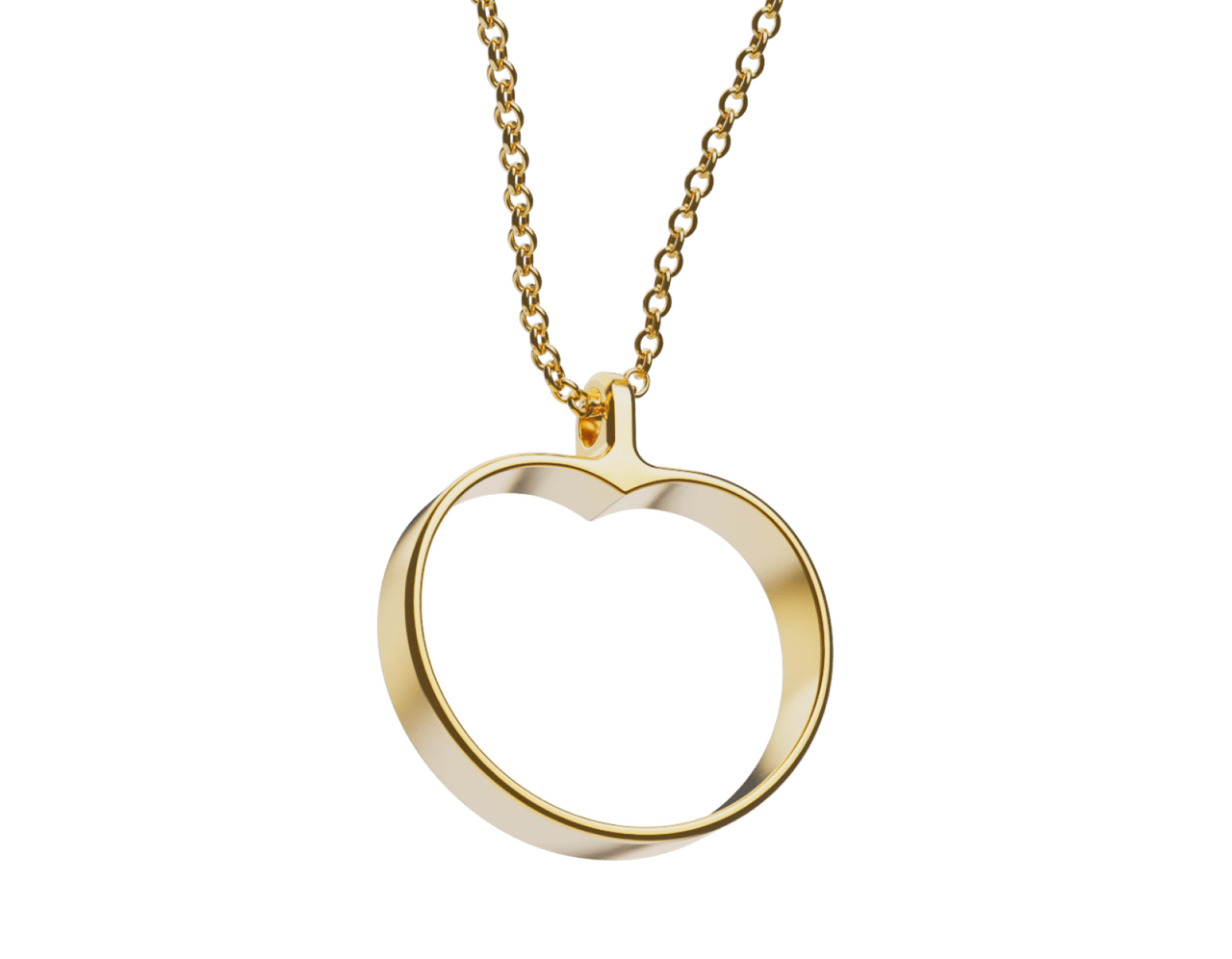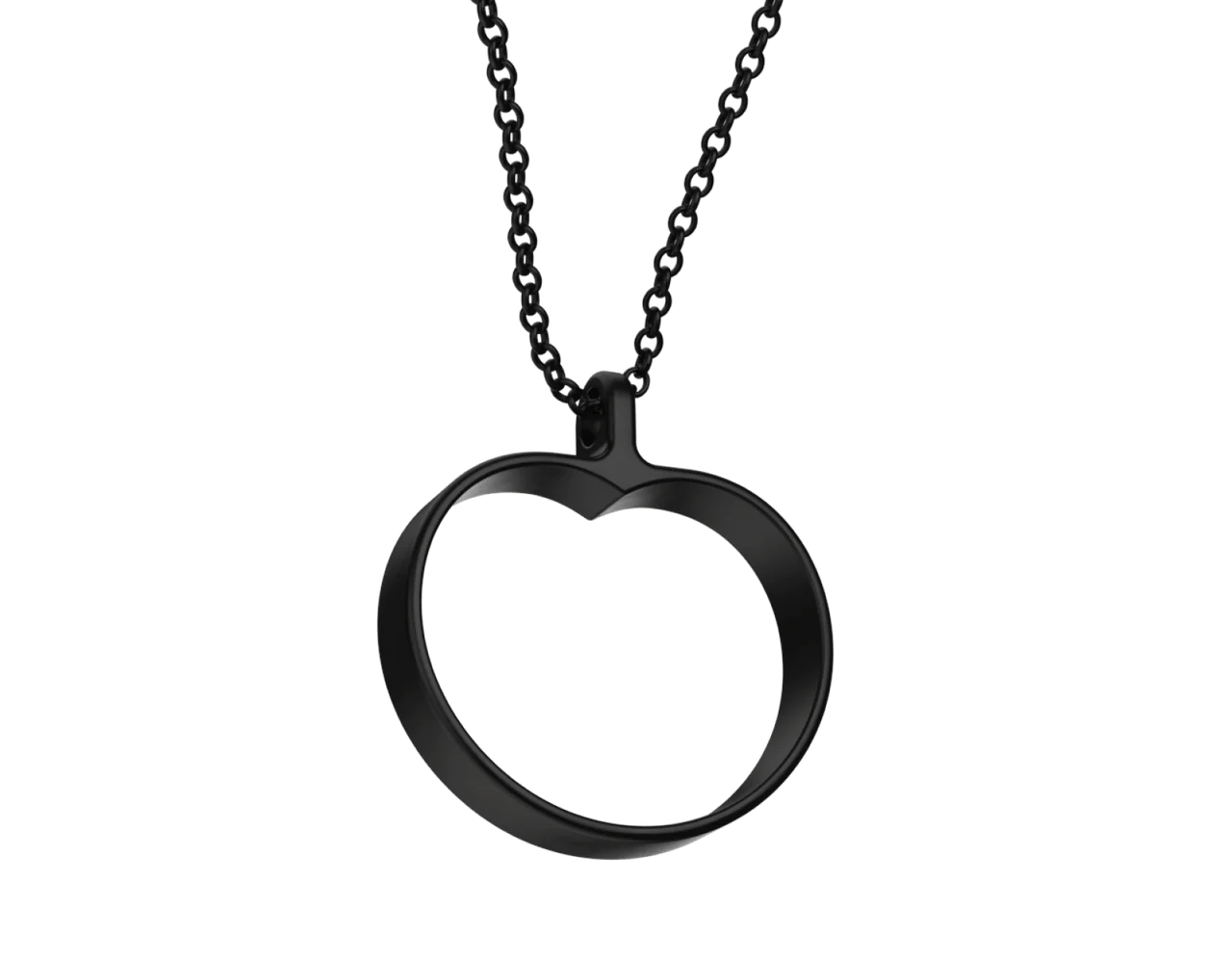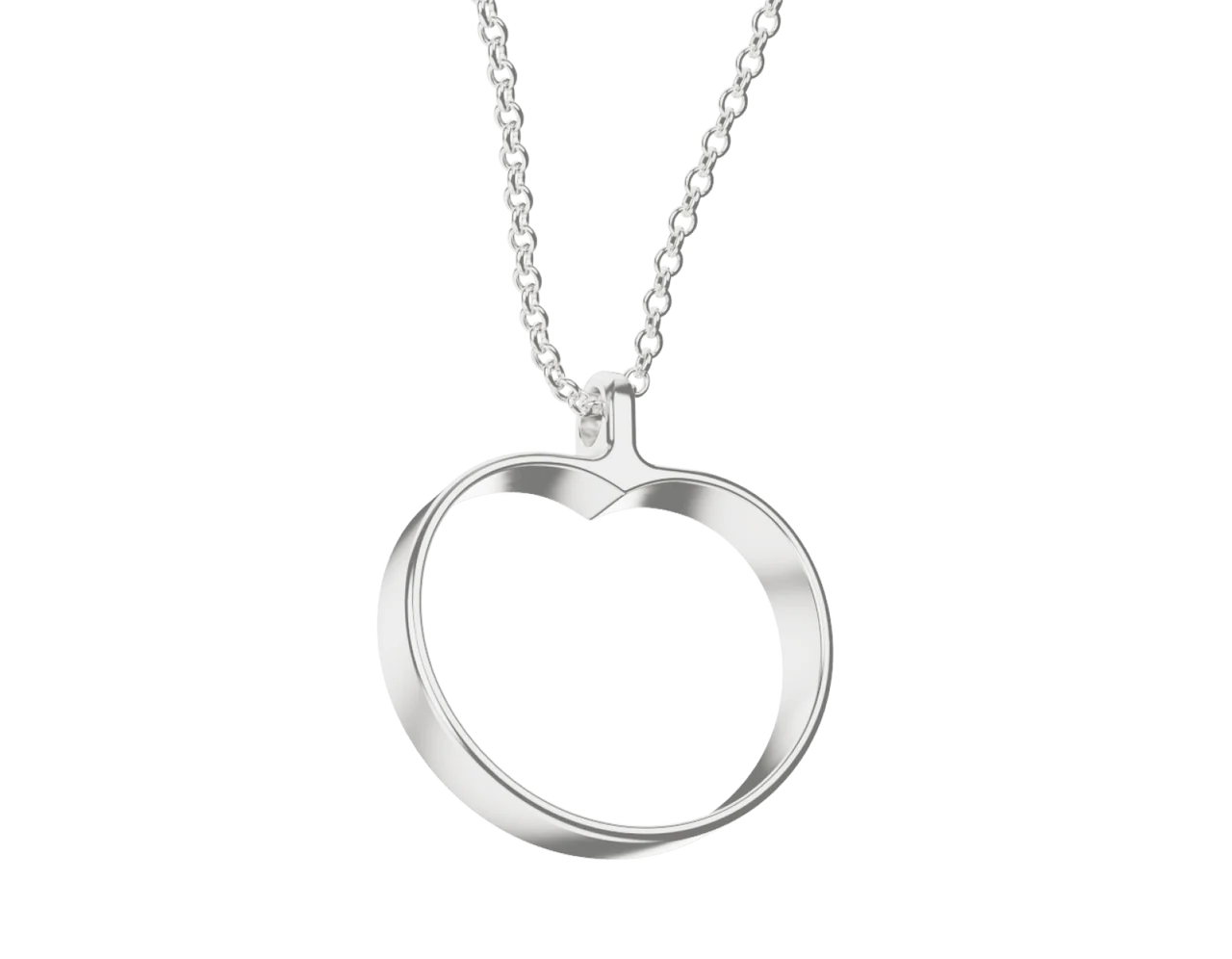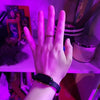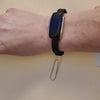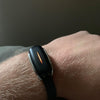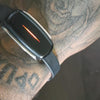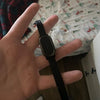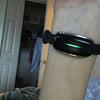Everyone in New York City remembers the day when the coronavirus pandemic shutdowns began. In just 24 hours, Broadway turned off its lights, restaurants shuttered their doors, friends canceled all of their plans, toilet paper went missing in stores, and a wave of uncertainty arose.
While all of us are familiar with the isolation brought on by the pandemic, New York’s gay scene suffered from an additional problem: losing touch with a found family and community that made them feel accepted and free.
“Before the pandemic life, I was extremely social, lots of events to attend, nights out dancing, entertaining in the masses, and flirting with random strangers from across the bar,” Justin Pontier, a gay man living in the Bronx, said. “Life has been forced to slow down, and with that making the choice to keep my social circle small.”
Pontier has moved on to create a small group of friends he calls the “Boys in the Band.”
“I don’t know if that would have happened so quickly or easily if I wasn’t forced to slow down and keep my inner circle so much smaller,” Pontier said. “So with that, my social life in the past year has become much more grounded in strong platonic queer relationships. Relationships that have grown much deeper than most before.”
Dating for Pontier has changed since the pandemic started.
“It’s made me evaluate what I actually want in a relationship. If I am going to risk something, what is it for? Thoughts of multiple random one night stands don’t interest me. The constant cat and mouse game in dating apps, don’t spark my interest anymore,” Pontier said. “And, overall I feel like that trend will continue in the post-pandemic world where I will be much more aware of who I’m with and how-slash-why I’m giving my time.”
Dating apps, like Tinder and Bumble, and gay dating apps, such as Grindr, Scruff, and Taimi, have created new avenues for meeting other men, but gay bars are still a staple part of the experience and culture.
While straight persons encounter potential dates at just about anywhere, queer dating has been facilitated by gay bars in the United States for almost a century. The earliest known gay bars are New Orleans’s Cafe Lafitte and Oakland’s WhiteHorse Bar (formerly known as The White Horse Inn), both founded in 1933. Lack of widespread acceptance, the prospect of conversion therapy (still legal in 29 states for minors), and hate crimes (such as that of Matthew Shepard’s in 1998) led to gay bars becoming safe spaces for queer persons to express themselves and be around others like them.
Now, gay bars face a new challenge: the coronavirus pandemic.

“People will most likely be gathering in their own homes or, if they’re going out, will just be going to parks, but that’s weather permitting,” Helen Buford, Julius’ Bar CEO, said. “You’re lonely. Holidays are coming up. You may or may not be accepted in your family. Now, you can’t even gather with your chosen family. It’s going to affect the community quite a bit.”
New York City’s over 50 gay bars are now working at a limited capacity. While some, like The Eagle and Nowhere, are labeled as “temporarily closed” by Google, others, like Julius’ Bar and Phoenix Bar are doing all they can to survive and keep their doors open.
“We’ve been struggling to stay open. We’ve had a couple of GoFundMe’s. The first one being for the employees to help them get through. It was supposed to be only two weeks, then it became a month, and then months,” Buford said.
Julius’ GoFundMe is attempting to raise $200,000 and has met half of their goal.
Julius’ is New York City’s oldest gay bar. It began life in the 19th century as a grocery store before becoming a bar. As well as one of the oldest continuously operating bars in New York City, Julius’ is home to the historic 1966 “Sip-In.”
The “Sip-In” protested a New York state law prohibiting bars from serving “suspected gay men or lesbians.” Members of the Mattachine Society, an early LGBT rights organization, challenged bars refusing service by stating their orientation and asking to be served a drink.
Along with that law, same-sex acts of kissing, dancing, and dating were signs of disorderly conduct and the State Liquor Association could remove a bar’s liquor license.
Today, Julius’ warm, intimate bar has a bottleneck shape as soon as you walk in. On one side you have the bar where the “Sip-In” took place and, on the other, you have where their bar food is made.
“We went from having a full bar to trying takeout, which was okay but was not enough to sustain the business,” Buford said. “I keep in touch with everyone via social media. We have some regulars who feel comfortable coming in and sitting down and dining out with us.”
The bar moved to outdoor and indoor dining in order to accommodate the changes that came with the pandemic.
“It’s working pretty well in the sense that the bartenders adapted to being waiters,” Buford said. “Everybody jumping in and being cross-trained to do different jobs. Going from a bar to basically a restaurant with having waiter service. That was something new to us.”
While Julius’ is feeling the sting that came with the pandemic’s new bar and restaurant regulations, Phoenix Bar has found their experience to be different so far, and, but Phoenix Bar is no stranger to adversity. Formerly known as The Bar, Phoenix Bar literally rose from the ashes after a fire torched the original establishment
“It’s been okay. We’re doing better than other bars. Thanks be to god that we have such a loyal clientele that they’ve really kept us afloat. We’re doing survivable numbers,” Garrett Ford, Phoenix Bar manager, said. “When we got to 25 percent and allowed to stay open till midnight, we were doing alright. The real pain in the ass right now is that we have to scale back to ten o’clock.”
Despite this, Ford is worried about the future. Phoenix Bar and 3 Dollar Bill, its Brooklyn sister bar, had to close for several months after March.
“It looks ominous about the future. We’re anticipating another closedown, but were doing okay,” Ford said.
While Phoenix Bar has been doing well with maintaining its regular clients and crowd, Ford has noticed a missing piece.
“If anything’s lost, it’s that new contact and meeting new people. It’s basically become the same groups hanging out every day,” Ford said. “Everyone is weary of people they don’t trust.”
Though the future of gay bars looks grim, queer people have other options that have emerged over time. Queer Social, an online event-planning organization runs events for the LGBT community with Queer Social, Guy Social, and Girl Social. The all-inclusive organization has created events in New York City, San Diego, Los Angeles, Boston, Denver, Austin, and other cities. Queer Social has done social-distanced, outdoor, and online events since quarantines began, including pool parties, bowling, a trip to a pumpkin patch on Governor’s Island, and a bi-weekly baking show hosted by drag queen Phoebe Jeebies.
“Our outdoor ones did really well. We had a bunch of people… Everyone still had masks on,” Joey Israel, Founder and CEO of Queer Social, said. “They felt more comfortable that it was outdoors and that safety protocols were being enforced.”
Queer Social had an indoor pool party following the quarantine procedures.
“We had limited capacity, we followed state regulations. We only had 25 percent capacity in the venue,” Israel said. “People really loved it. Masks were enforced. People were engaging. It felt semi-normal.”
Since then, indoor events have been canceled and postponed due to an increase in coronavirus numbers. Queer Social is waiting for the numbers to go back down again before diving in to indoor, socially-distanced events.
“Unfortunately, it’s cold season now, so we’re not able to do as much outdoor events,” Israel said.
Phoebe Jeebies’s “Getting Baked with Phoebe” allows for queer people to view and participate in a cooking show.
“People like it… We’re thrilled to have her exclusively on our platform. She’s probably the only, if not the only, drag queen with a baking show,” Israel said. “People enjoy being able to make the recipes at home.”
Queer Social plans on making more content with performers and drag queens going forward.
“I’m a very in-person, social person in general so it’s been tough. I usually engage more people in person than online… So that’s kind of crippled my ability to do that,” Israel said. “I still have my circle of friends. We all Zoom, we all chat on the phone. Zoom, even though it’s not so in-person or connected, we all feel connected or semi-normal while doing it.”
Despite that, Israel has felt the pressures from the pandemic.
“It’s been tough because, obviously, I’m not able to date,” Israel said. “I haven’t been dating or hooking up… I feel it’s the responsible thing to do.”
Israel is staying with his parents in Chicago while everything is happening.
“I can’t do that here either. I need to look for their safety. I can’t bring anything back here,” Israel said.
Queer Social is monitoring how everyone is feeling because of the challenges with online events.
“People have had Zoom fatigue, so that’s been a challenge to get people to come in every week or bring new people on-board that aren’t working 40 to 60 hours a week in front of their computers,” Israel said.
Israel, like Pontier, has been noticing the various levels of social-distancing when it comes to dating during a pandemic.

“It’s a mixed bag. Some of my friends go on Grindr or meet the previous people they dated or met up with their previous boyfriends or girlfriends,” Israel said. “Other people are being very cautious and don’t want to do any interactions at well. It’s all across the board.”
As we move into the winter and a possible new shut down, gay life in New York City is going to have to encounter the challenge of dealing with the chill that comes in the winter months. The good news is that the gay community has encountered many struggles and blows over the years, including the AIDs pandemic that the community is still recovering from, and manages to find a way to survive. While the bars might change and move and close, the home and havens will always be there.
To reach out to Julius’ and Phoenix’s GoFundMe’s, you can locate them here: Julius’ Bar Fund and Phoenix Bar Fund.



